Purchasing an appliance is often an investment, and there is nothing worse than buying a device only to realize that you are not going to need it in the foreseeable or distant future. If you have ever been a victim of making an impulsive purchase, then you can relate to the feeling.
Maybe you have been hearing all the neighbors yapping around about their new dehumidifiers, and probably you think you too should not be left behind. The big question is, how do you know if you need a dehumidifier?
Mold Patches on Walls and Other Surfaces
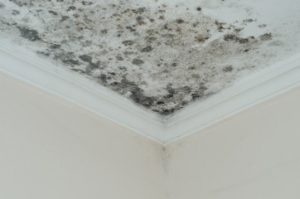
Molds are known to form black, brown, or greyish patches on walls. While you may be worried that these patches are unsightly and can make your home to be ranked favorably in ugly décor’s hall of shame, it is a sign of a bigger problem. Considering that they thrive in a damp environment, it is a clear indication that you have moisture problems.
At times, their growth may go unnoticed. Therefore it is up to you to be observant especially in crawl spaces and basements. Additionally, you should inspect the kitchen and laundry room. Even a small patch should be a concern since in ambient conditions it can spread in the entire house in less than 48 hours.
Musty Smell
A characteristic musty odor is a sign that mold growth is underway. Often the first place that you can get the smell is in basements and crawlspaces. In the basement, there is usually poor ventilation. Improper air circulation means that the air is prone to having high humidity. Apart from that, moisture problems may arise due to negligence during their construction, especially if they are poorly damp proofed.
If the odor is a concern, then getting an Alorair basement dehumidifier should be in order.
Persistent Condensation
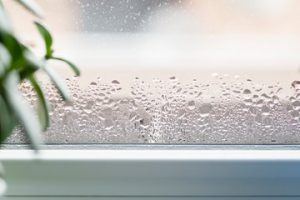
It is normal to find moisture has condensed on windows and other cold surfaces. However, if it condenses to form visible beads of water, then that is a clear indication that there is high humidity.
It is also noteworthy that some rooms may have a higher tendency to form condensate on windows, for instance, kitchen and bathroom. In these two rooms, a lot of steam is released into the atmosphere, which increases relative humidity.
Rotting Woodwork

Wood is usually a versatile material used in making furniture and kitchenware. Therefore it is safe to assume that in each homestead, there is at least wooden material. Rotting of wood is caused by excess moisture and a damp environment, which triggers the growth of fungi.
Therefore, if you notice any signs of rotting, then you have your answer. You should act fast to protect your furniture from further damage by ensuring moisture is controlled.
Water Damage
Water damage can lead to severe problems in your home. Some common signs of water damage include:
- Wraps, swell, cracks of wooden surfaces.
- Peeling of paintwork.
- Sagging ceiling boards.
- Formation of rust on metallic surfaces.
- Signs of water patches on the walls and ceiling.
If you notice any of the above signs, the first course of action should be to identify the source of the leakage, whether it is from plumbing fixtures or if it is coming from the roof.
Once the source of water has been repaired, then you can go ahead to reduce the moisture by properly ventilating the room, though a fast and efficient way is to use Alorair commercial dehumidifiers and Alorair air movers.
Allergies and Respiratory Complications
Exposure to a damp environment is known to cause several respiratory-related complications. When the spores produced by molds are inhaled, they are known to trigger an asthma attack in asthmatic individuals.
Furthermore, dust mites, which are mainly found in humid environments, cause farmers’ lungs and sinusitis. These illnesses are characterized by persistent sneezing, coughing, and running nose. Studies have shown that prolonged exposure can result in bleeding of the lungs, although the studies are not conclusive.
To protect yourself against these health complications, it is important to monitor and regulate your indoor moisture content constantly. That can be effectively achieved with the use of a dehumidifier.
Final Thought
The only way to know for sure whether you need a dehumidifier is by assessing whether you have moisture problems in your home. For more information regarding the best types of dehumidifiers that you can use to remedy the situation, you can check out our complete list of dehumidifiers.







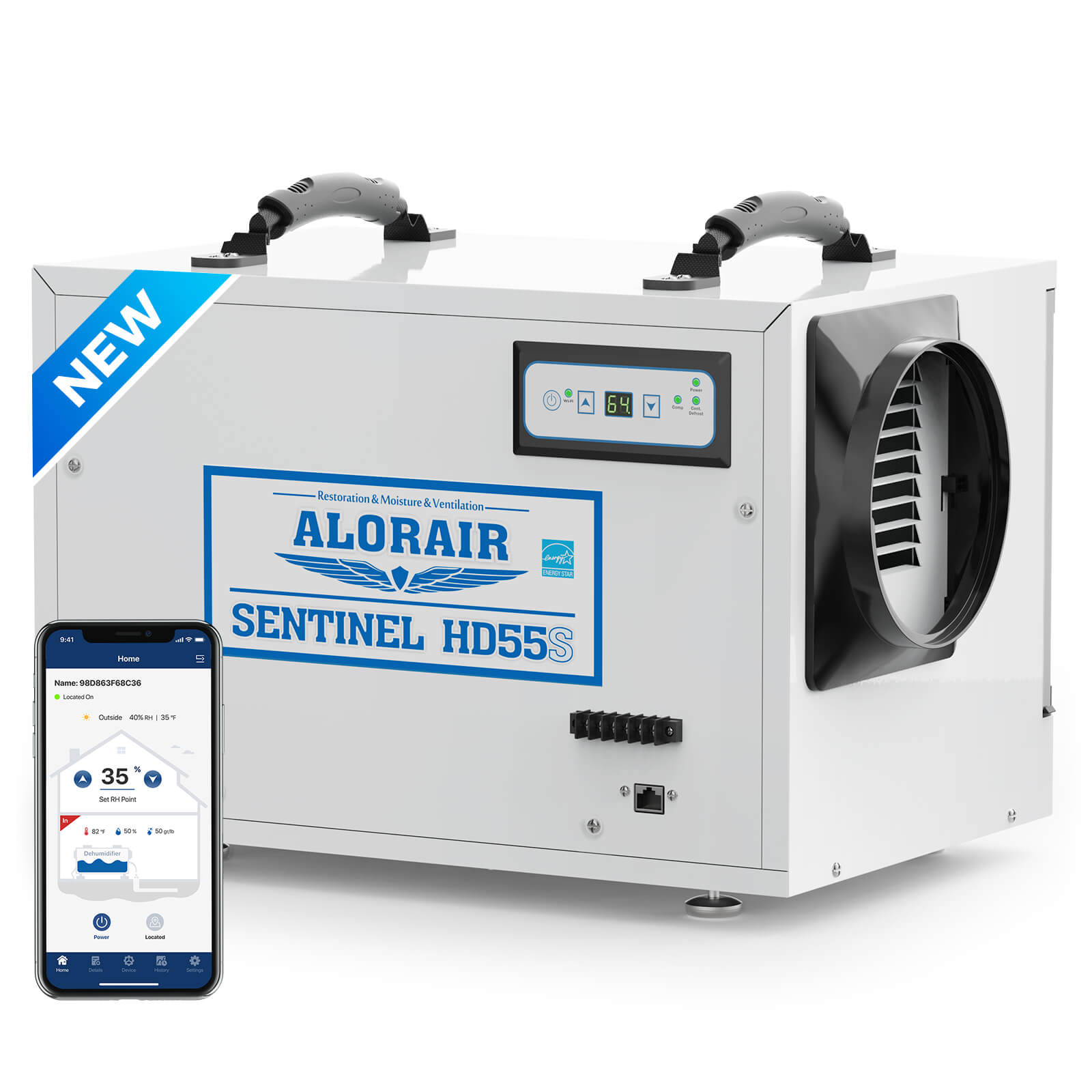
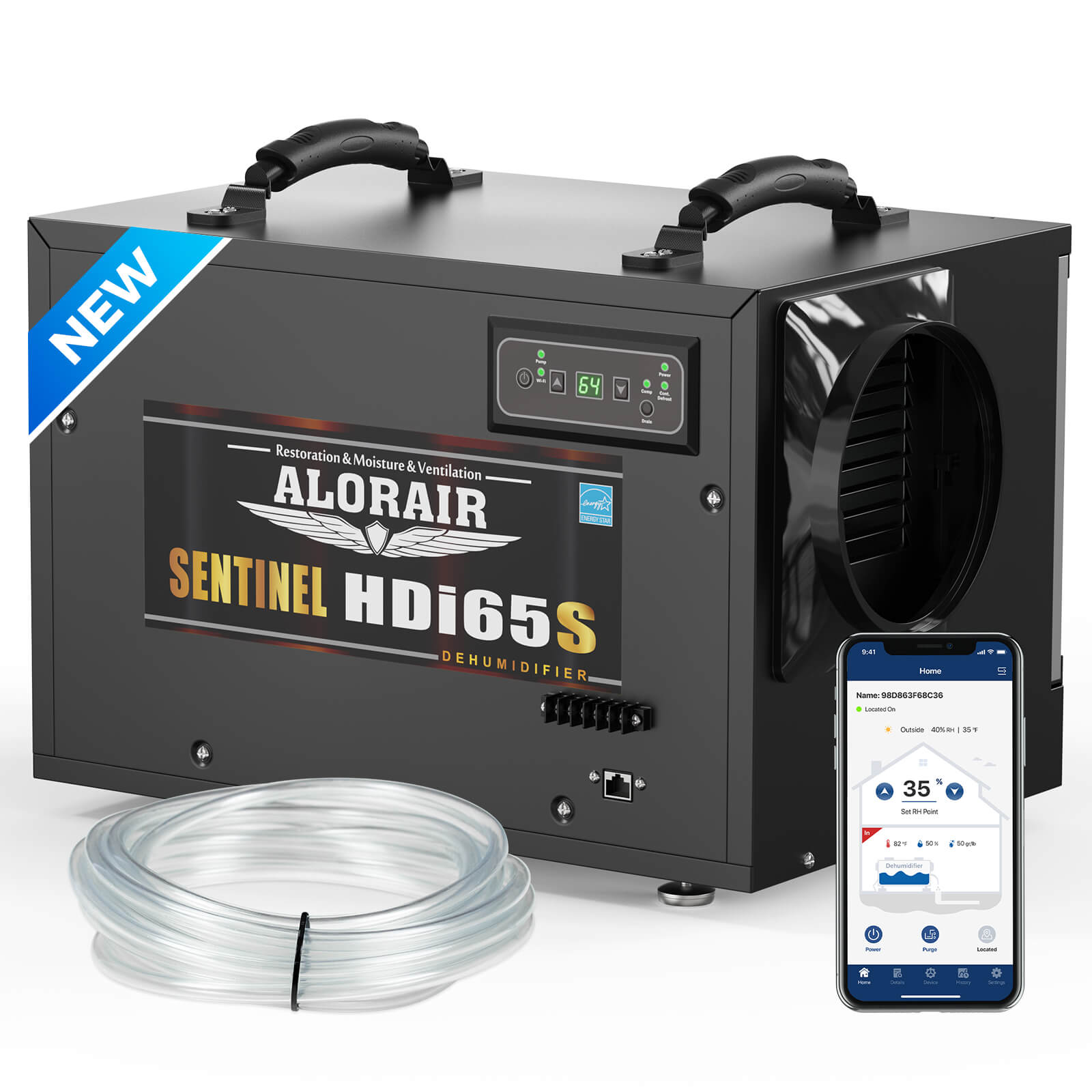
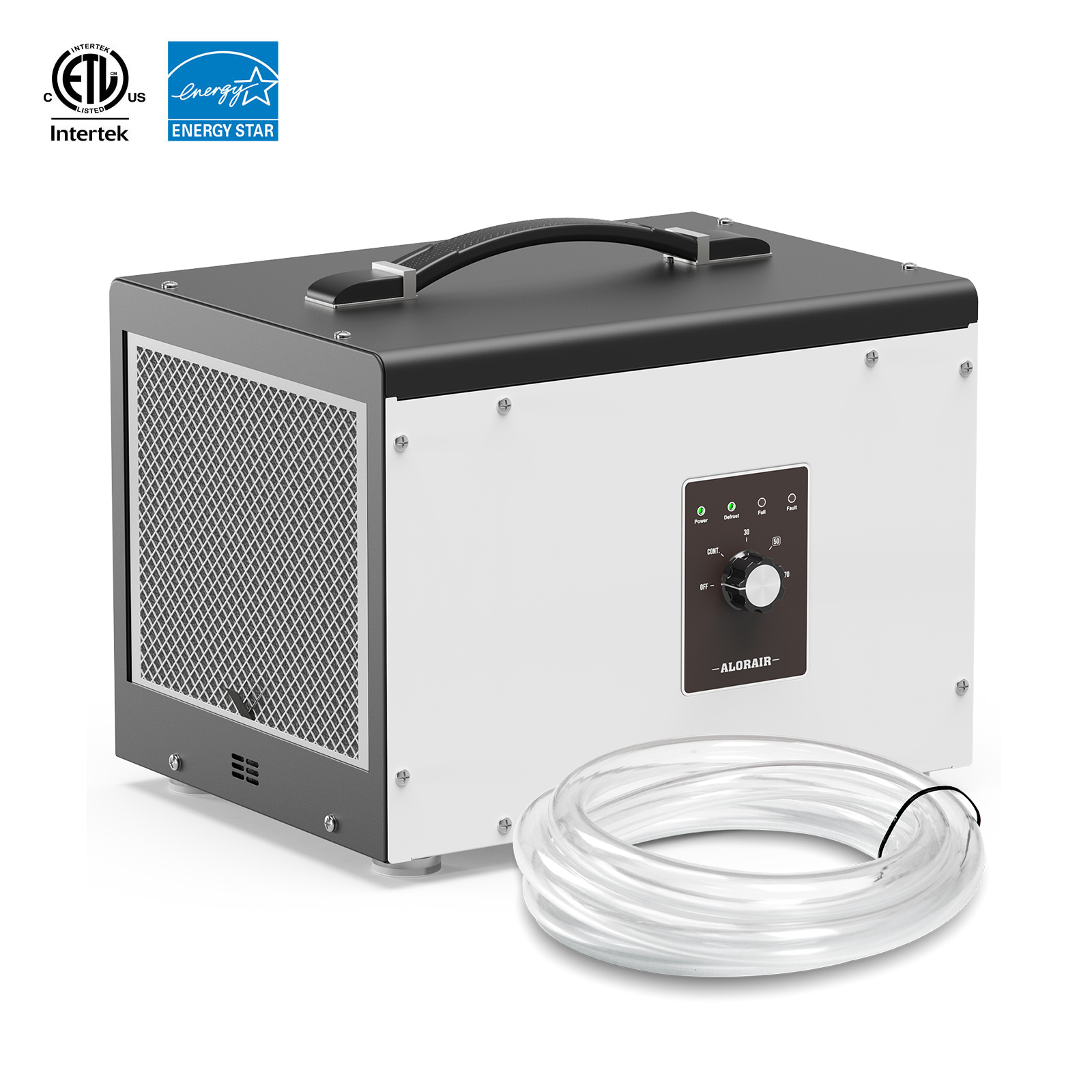
.jpg)
.jpg)
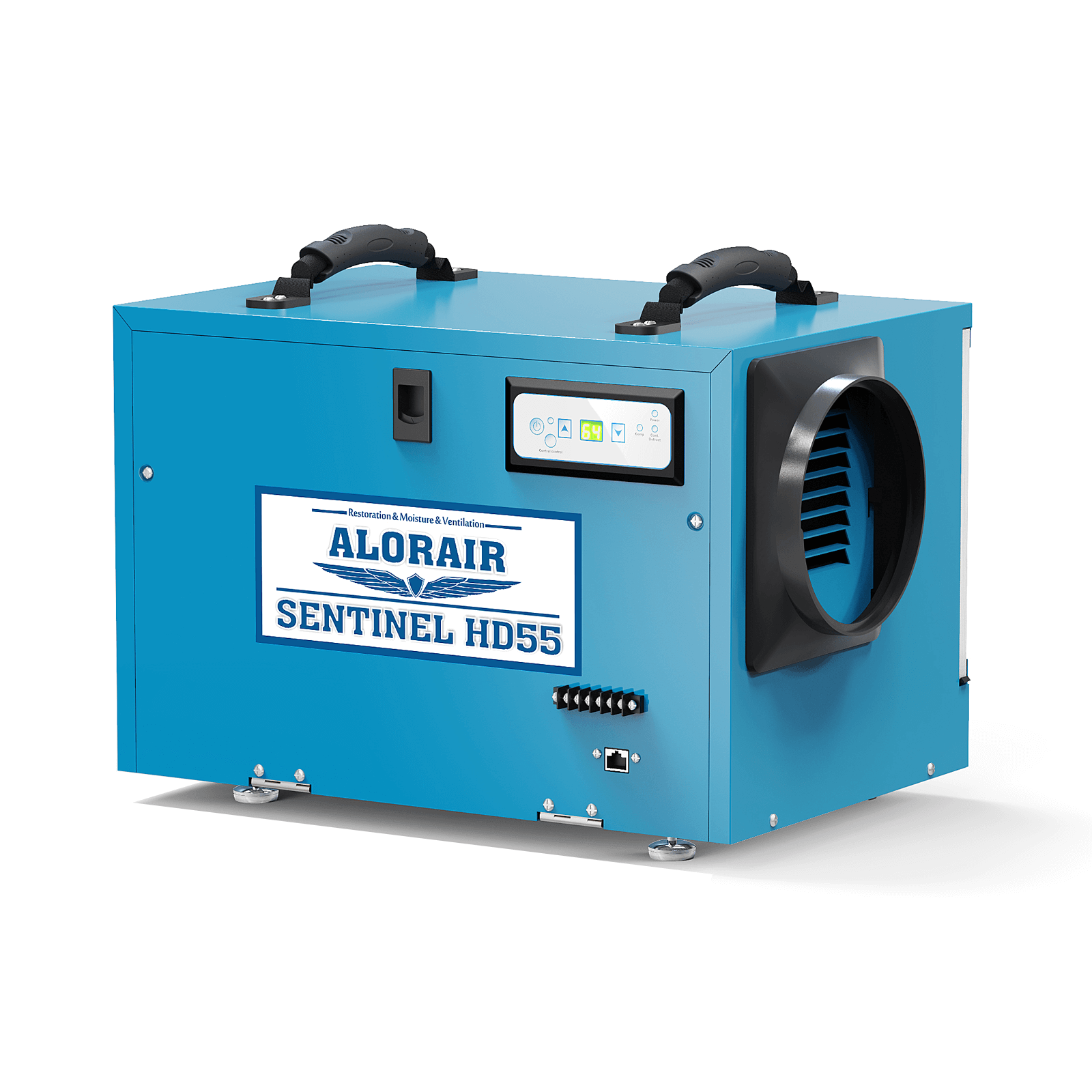
.jpg)
.jpg)
.HDi90.png)
.HD90.png)

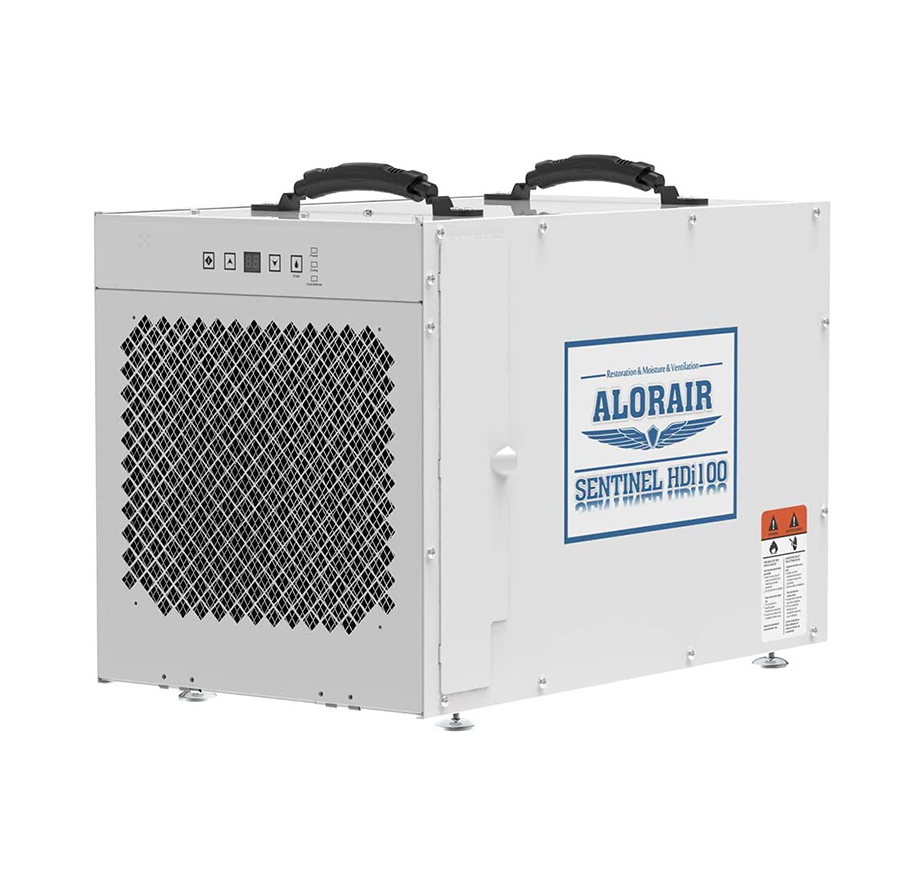
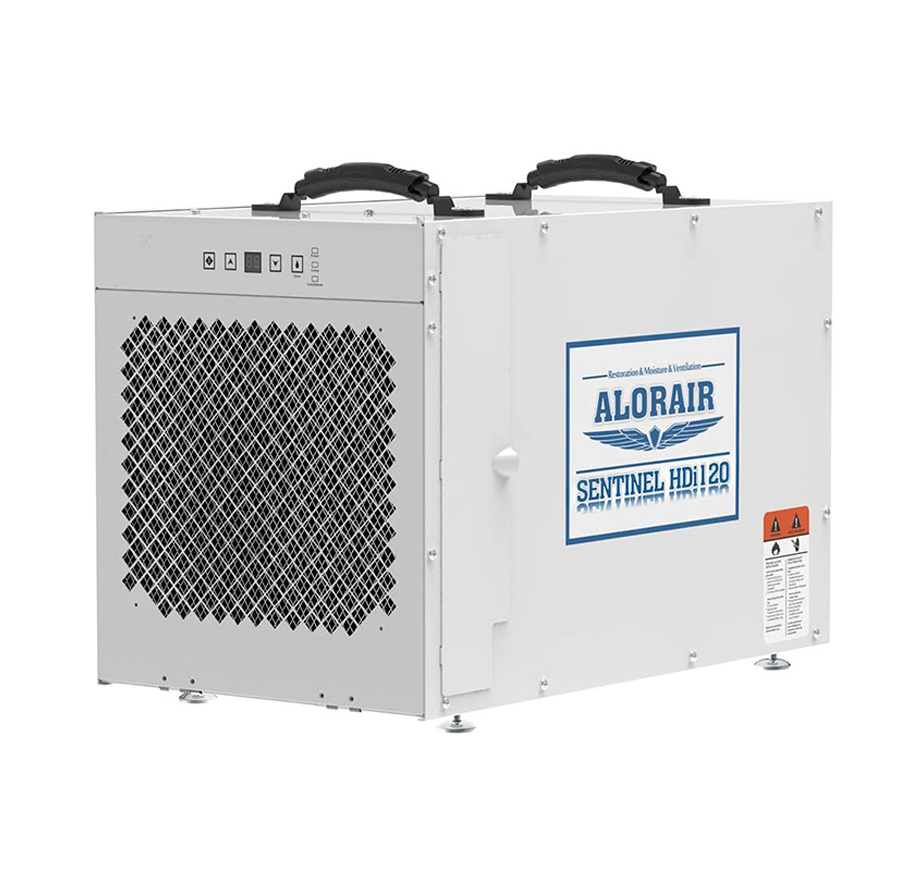
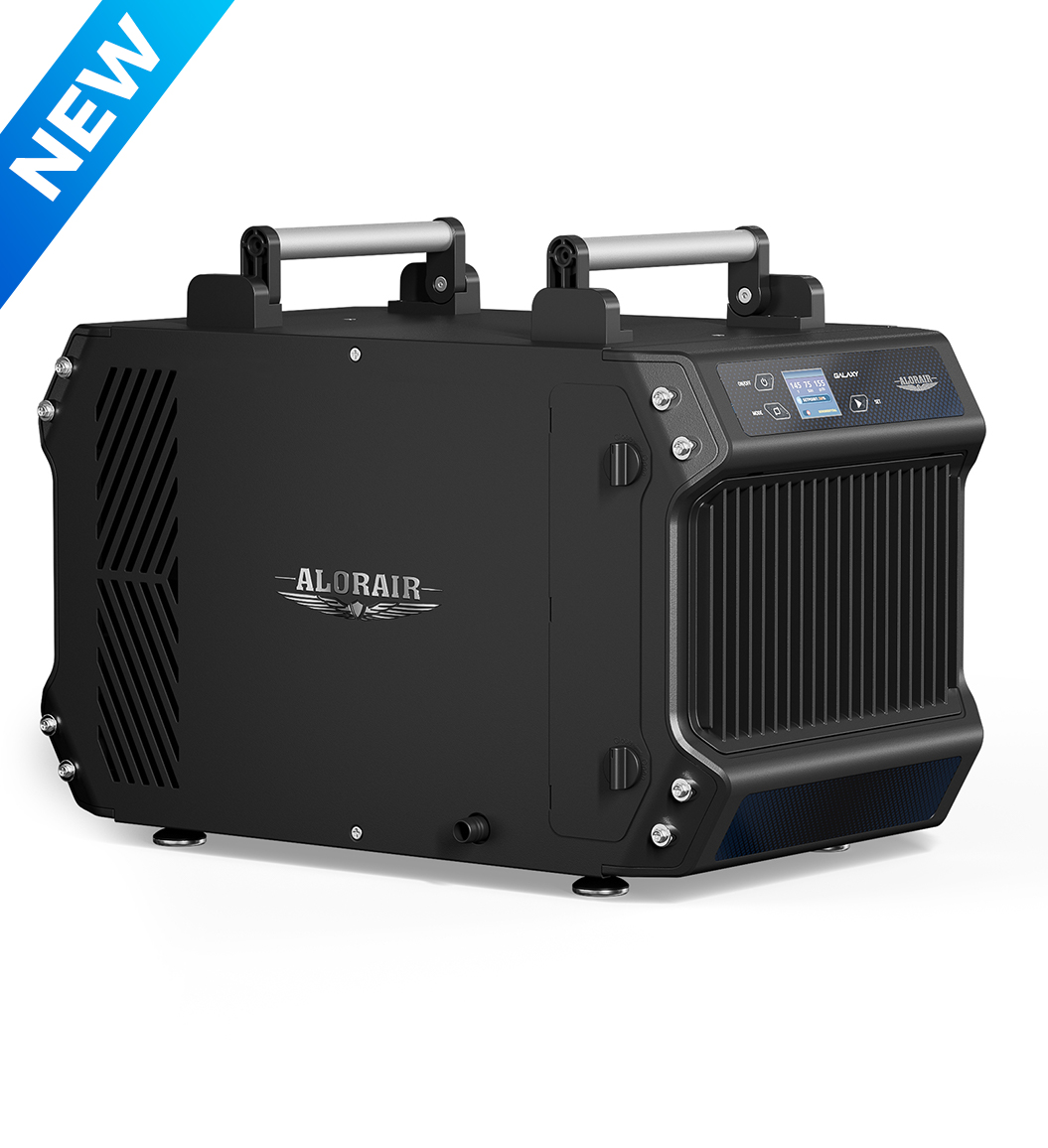
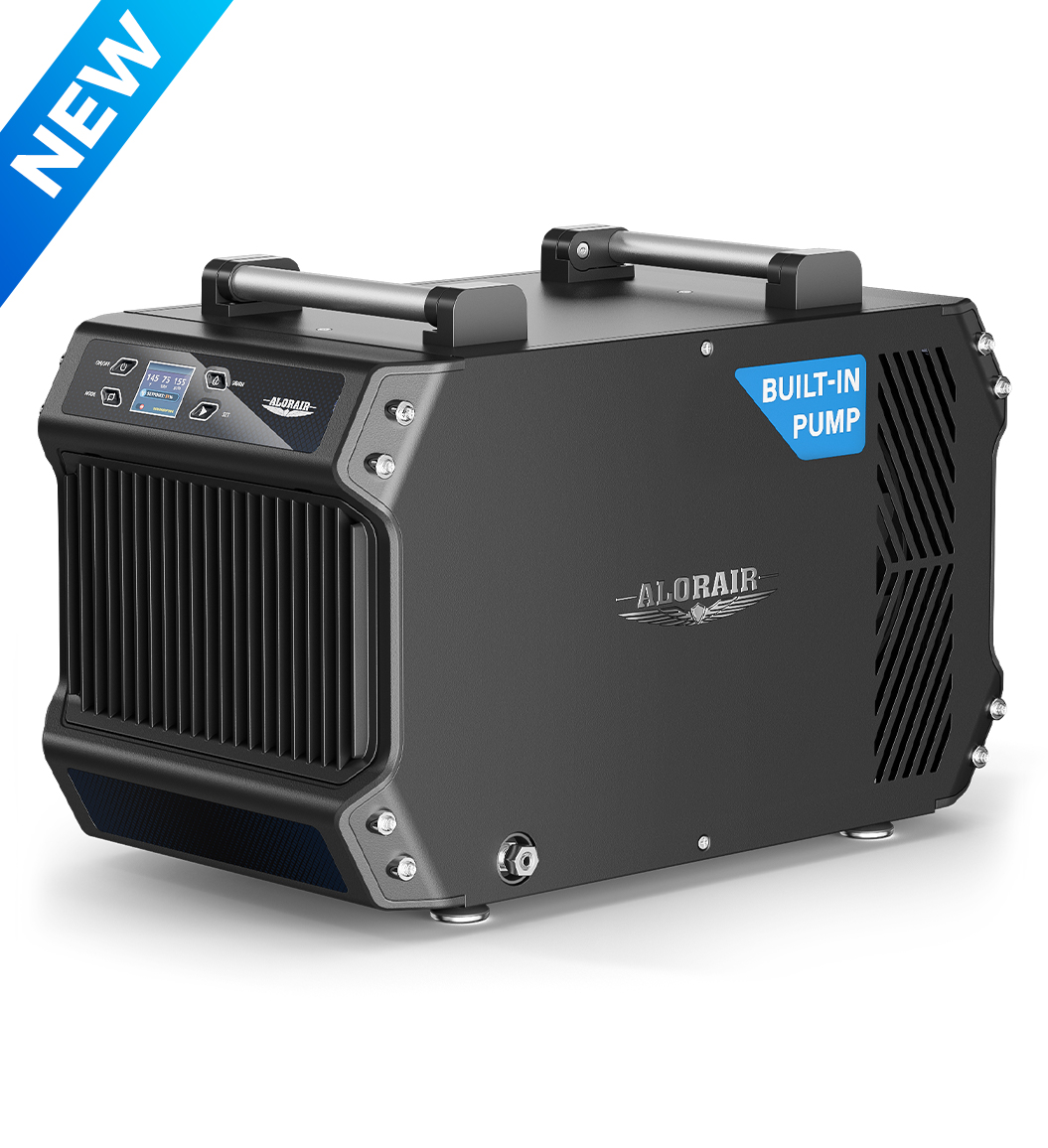




.jpg)
.jpg)
.jpg)
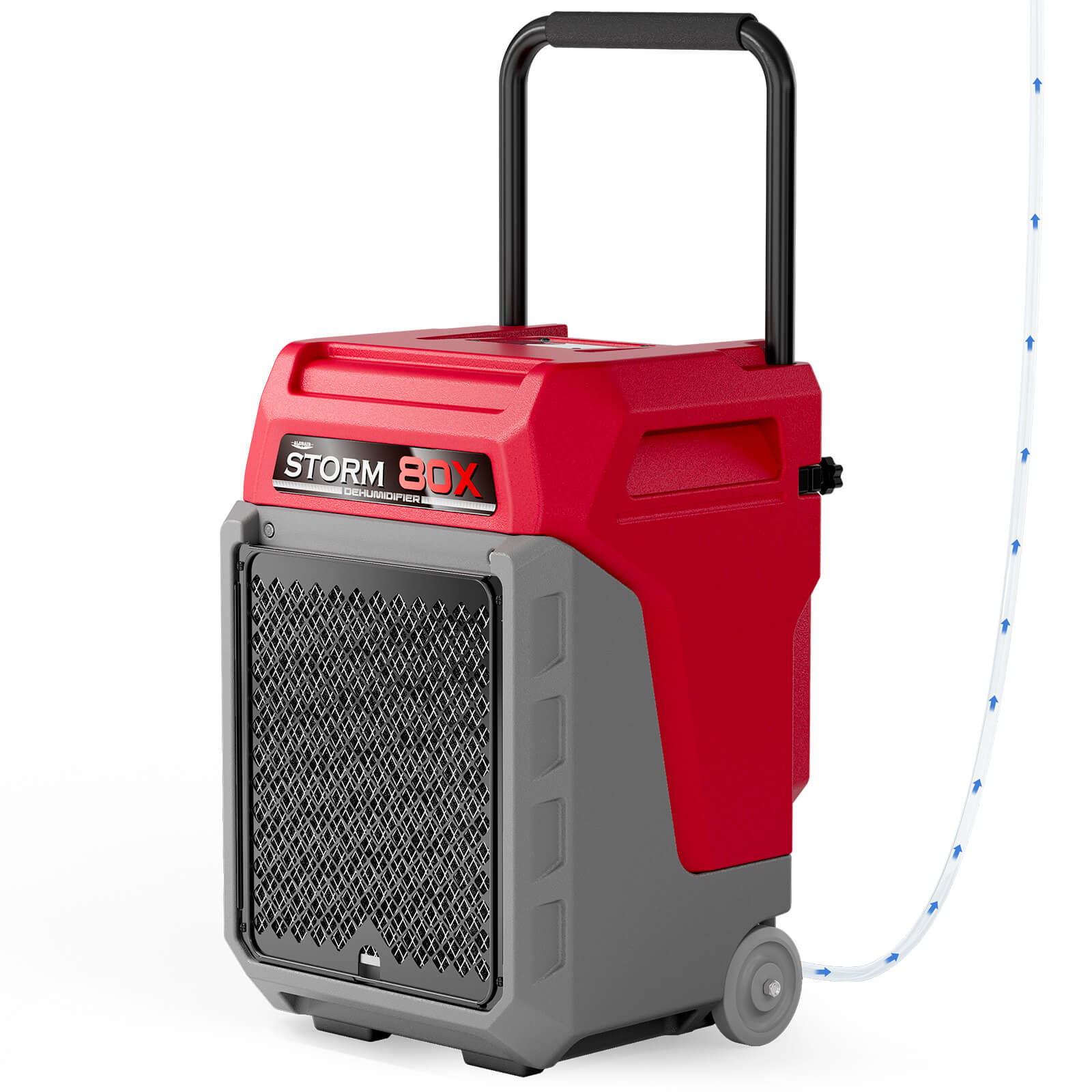
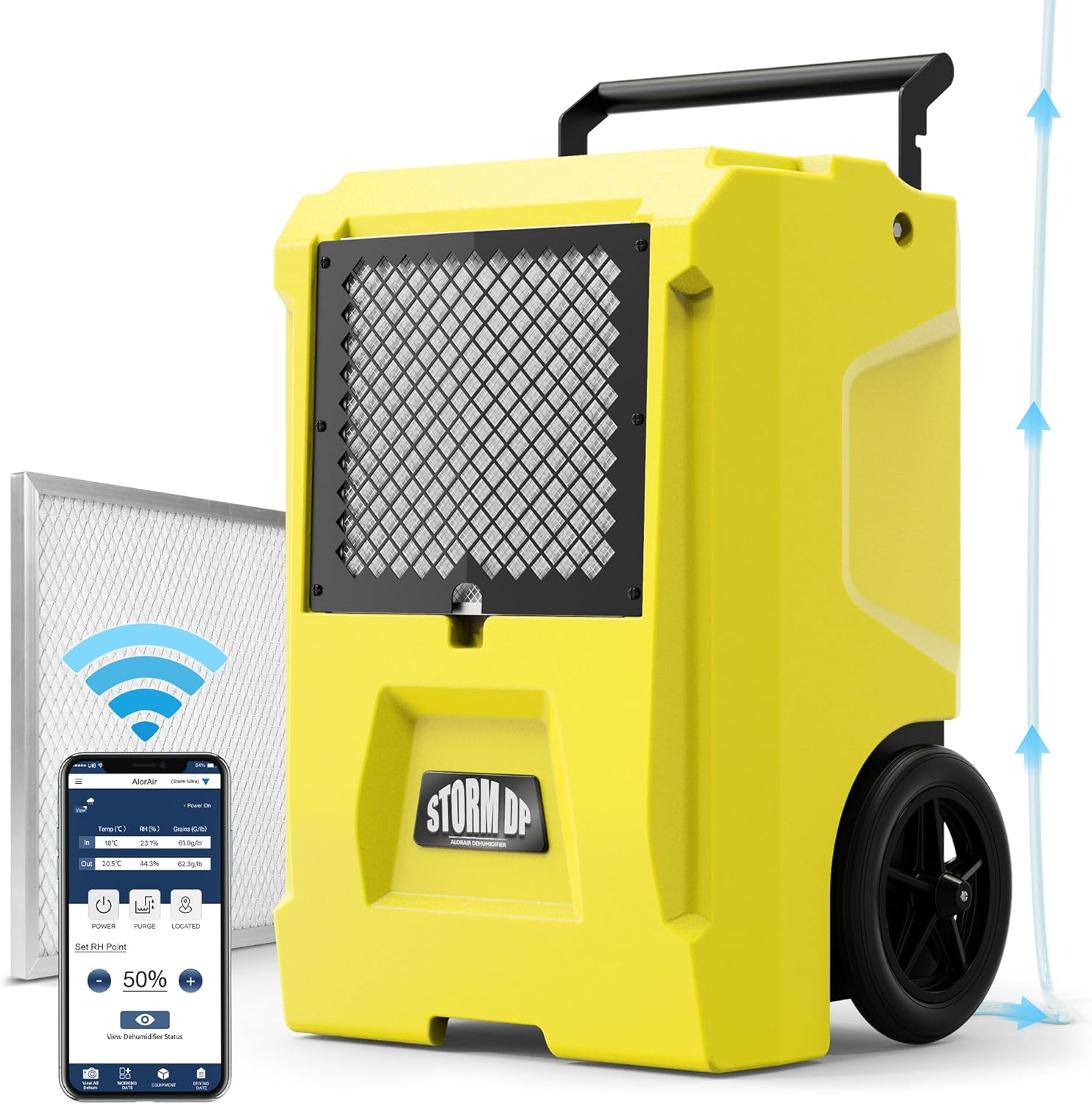
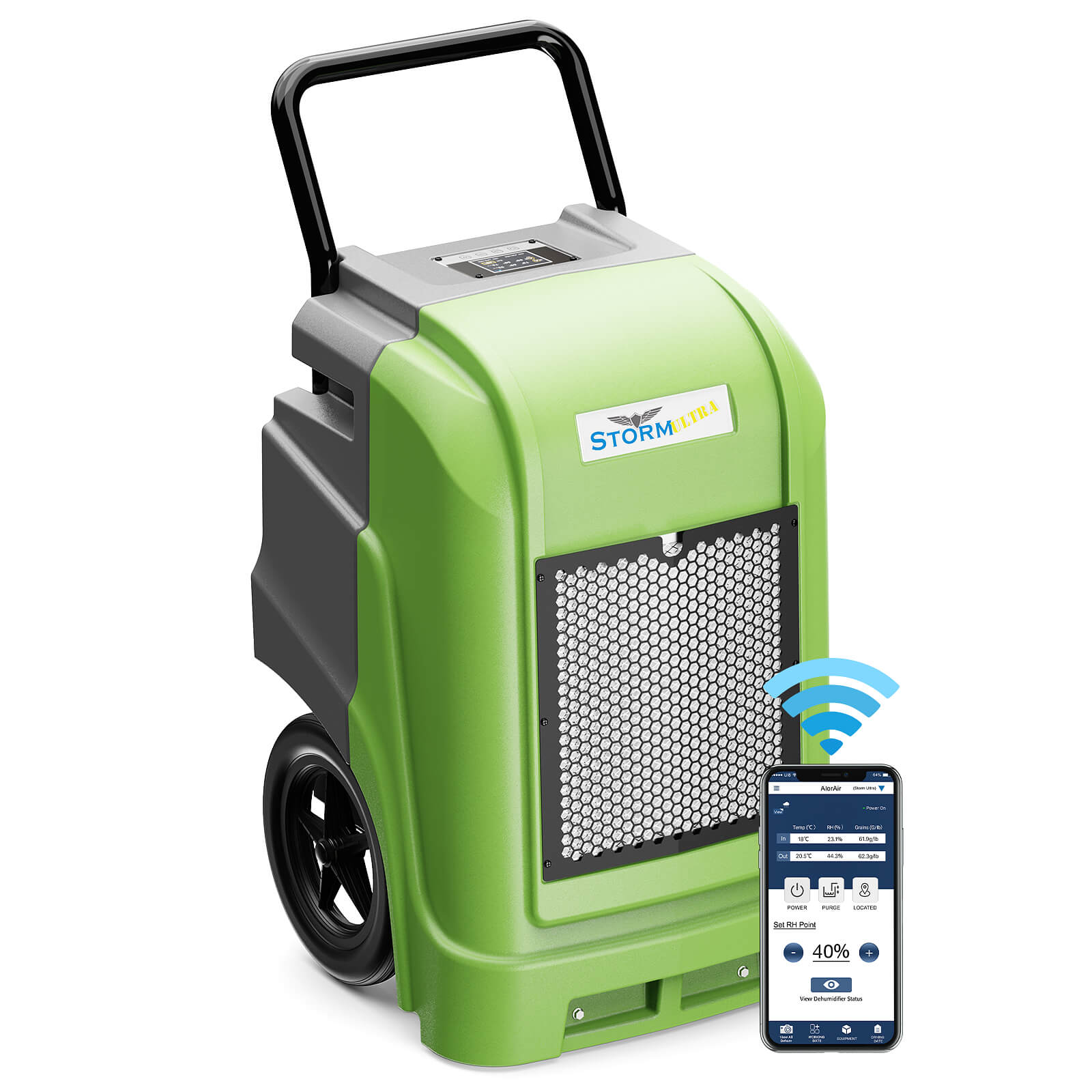
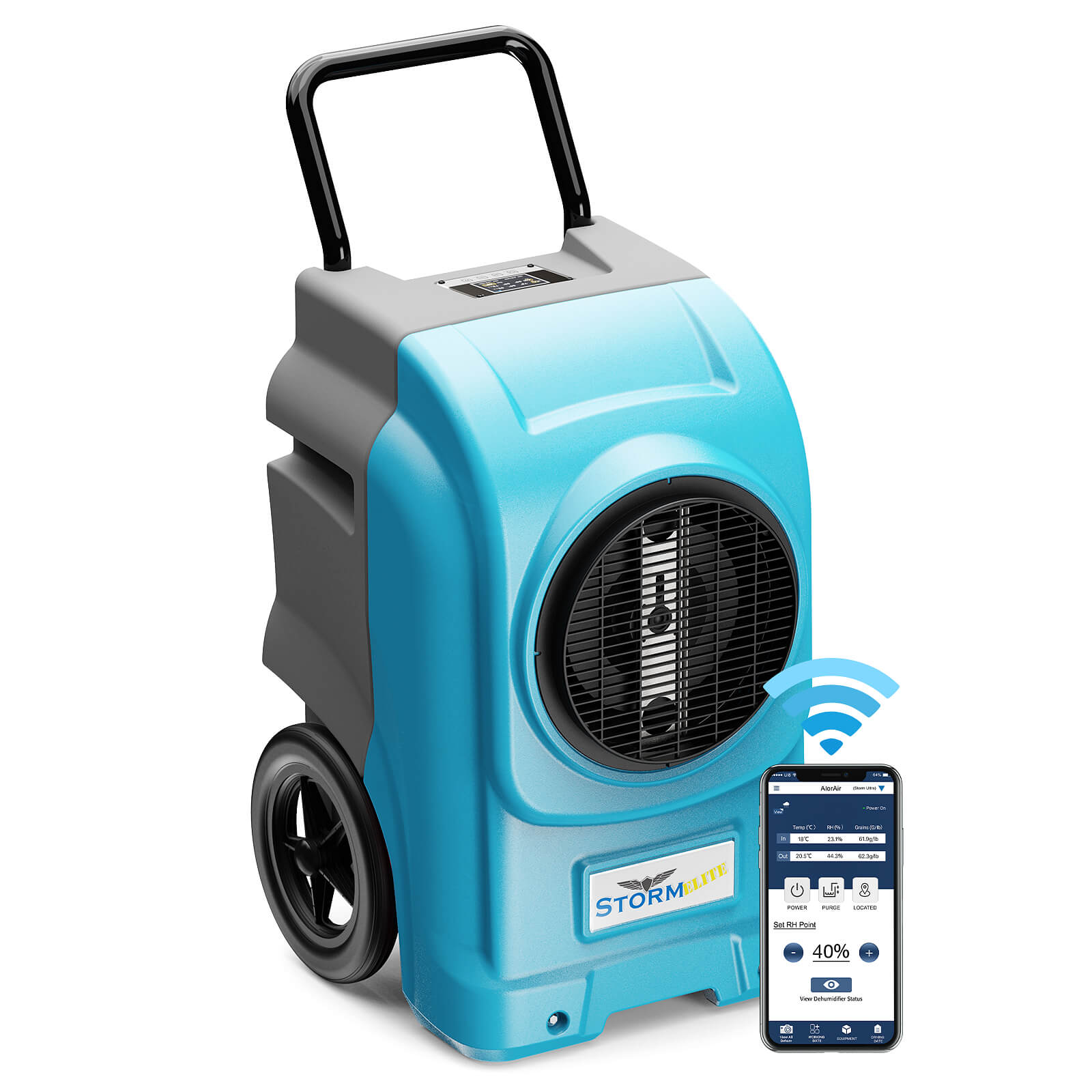
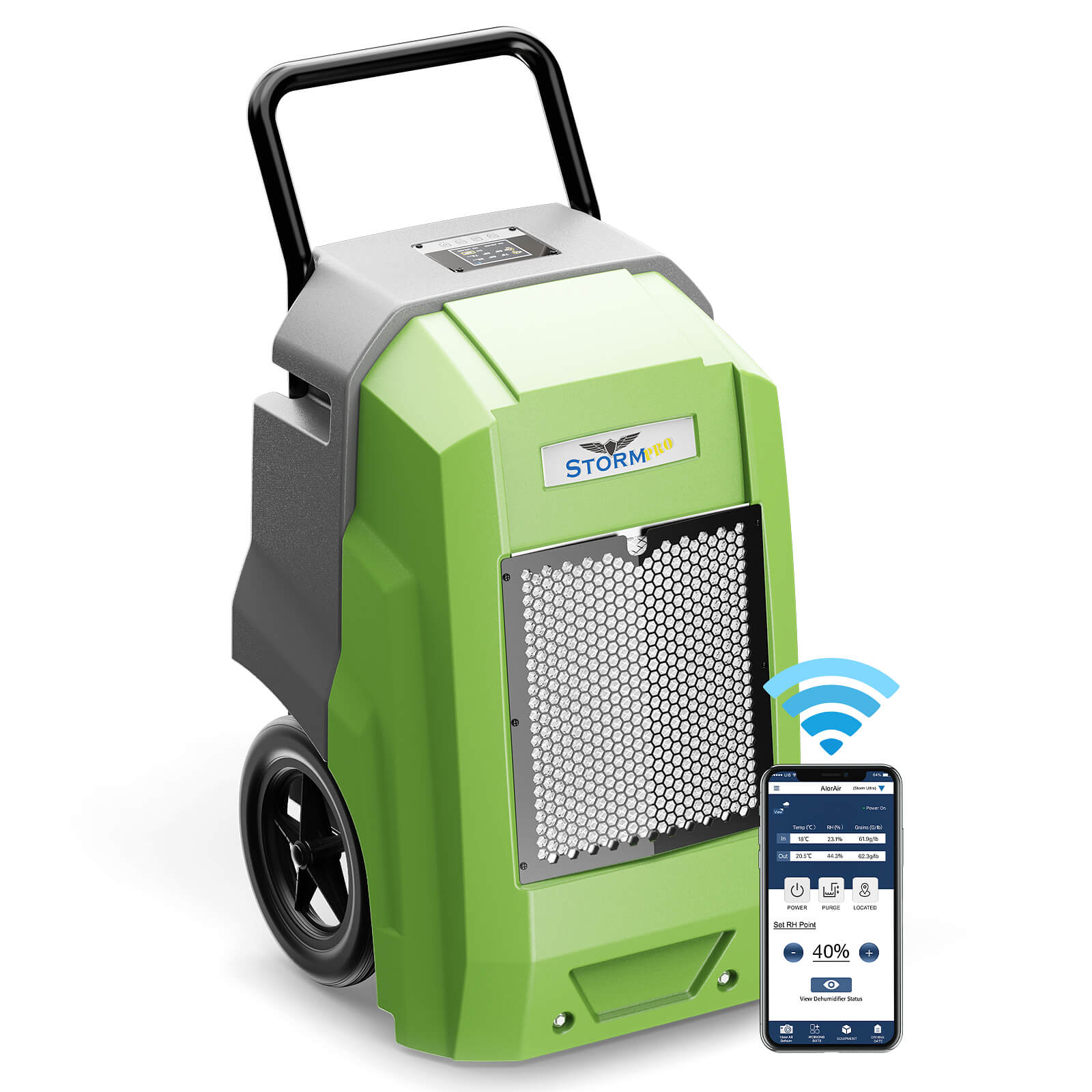
.jpg)
.jpg)
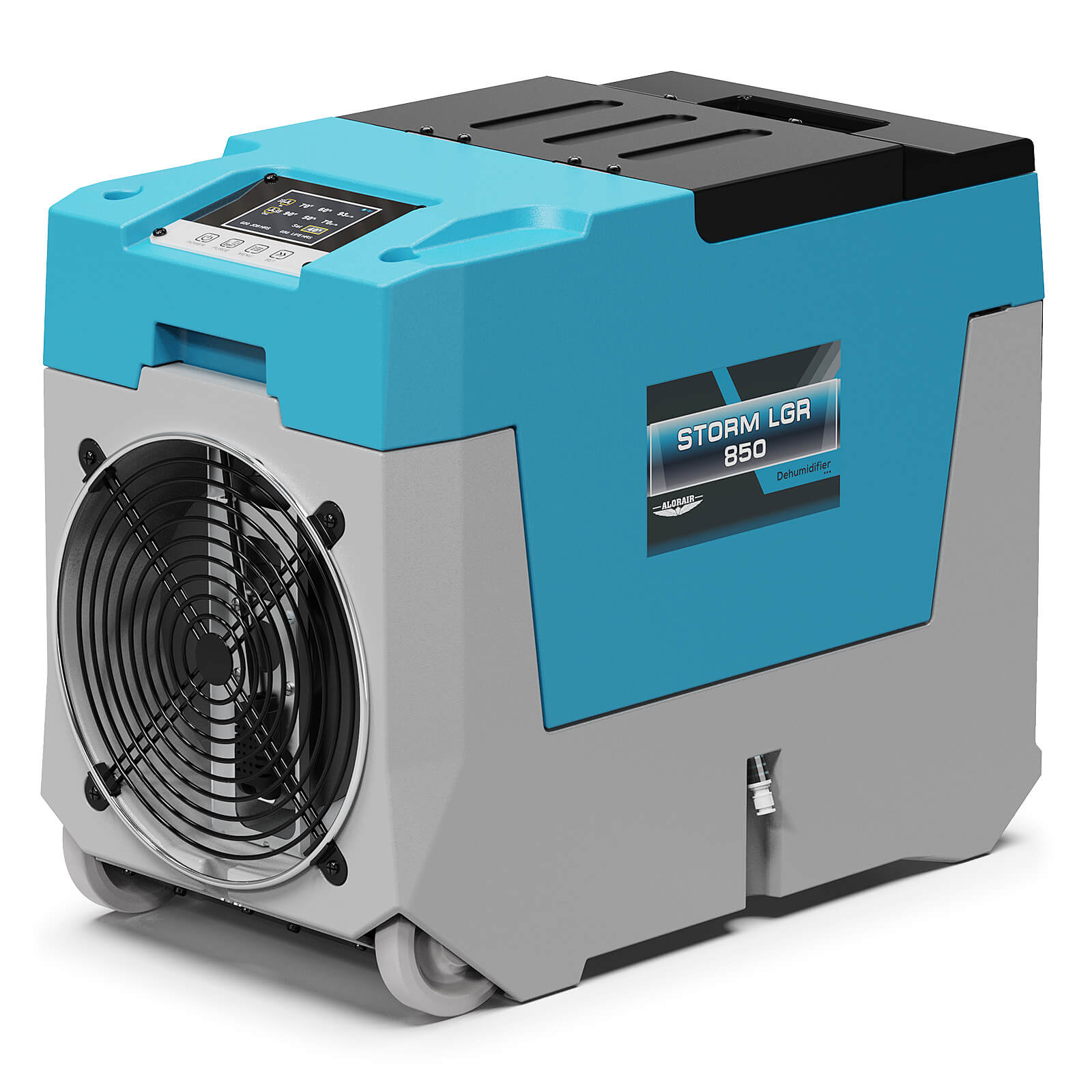
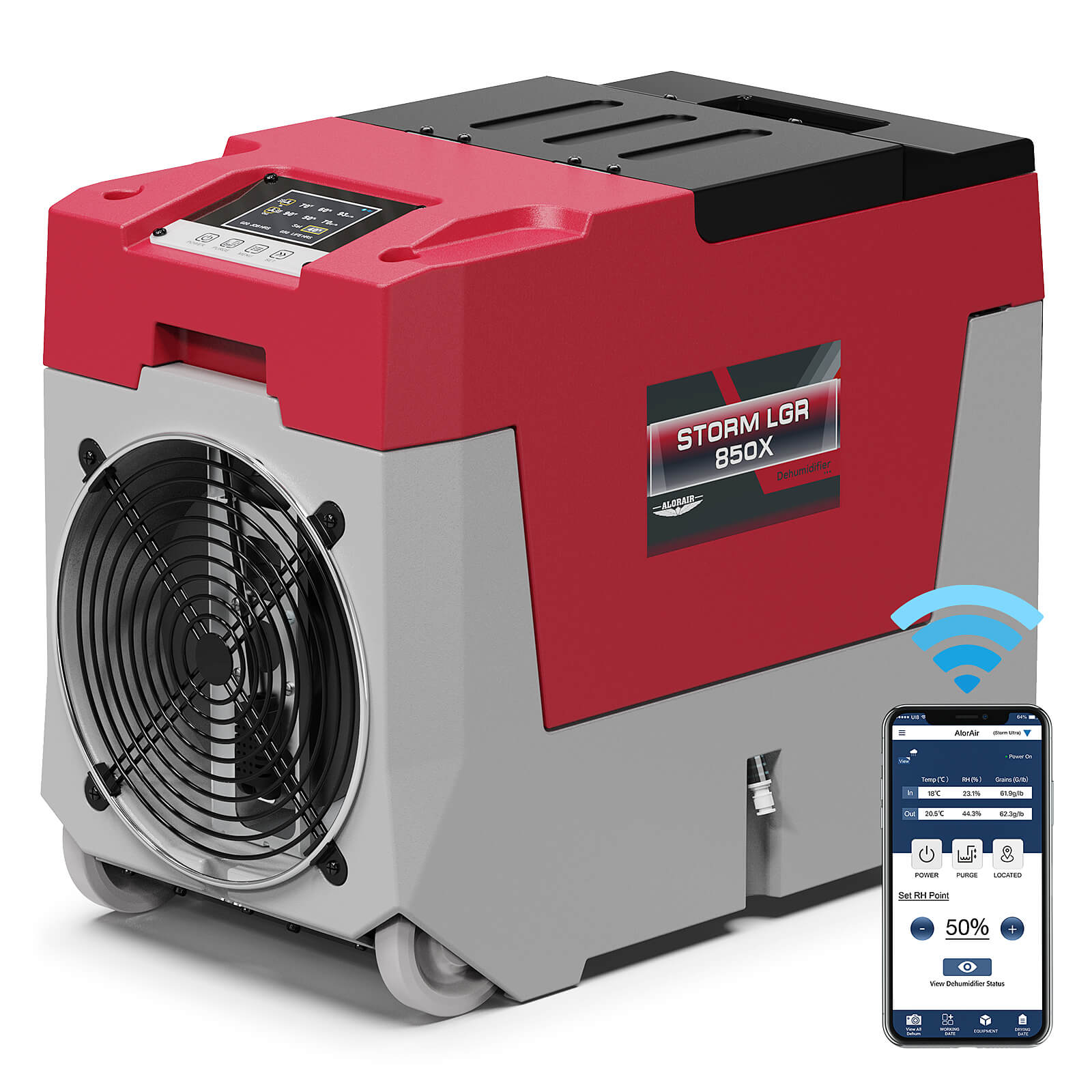
.jpg)
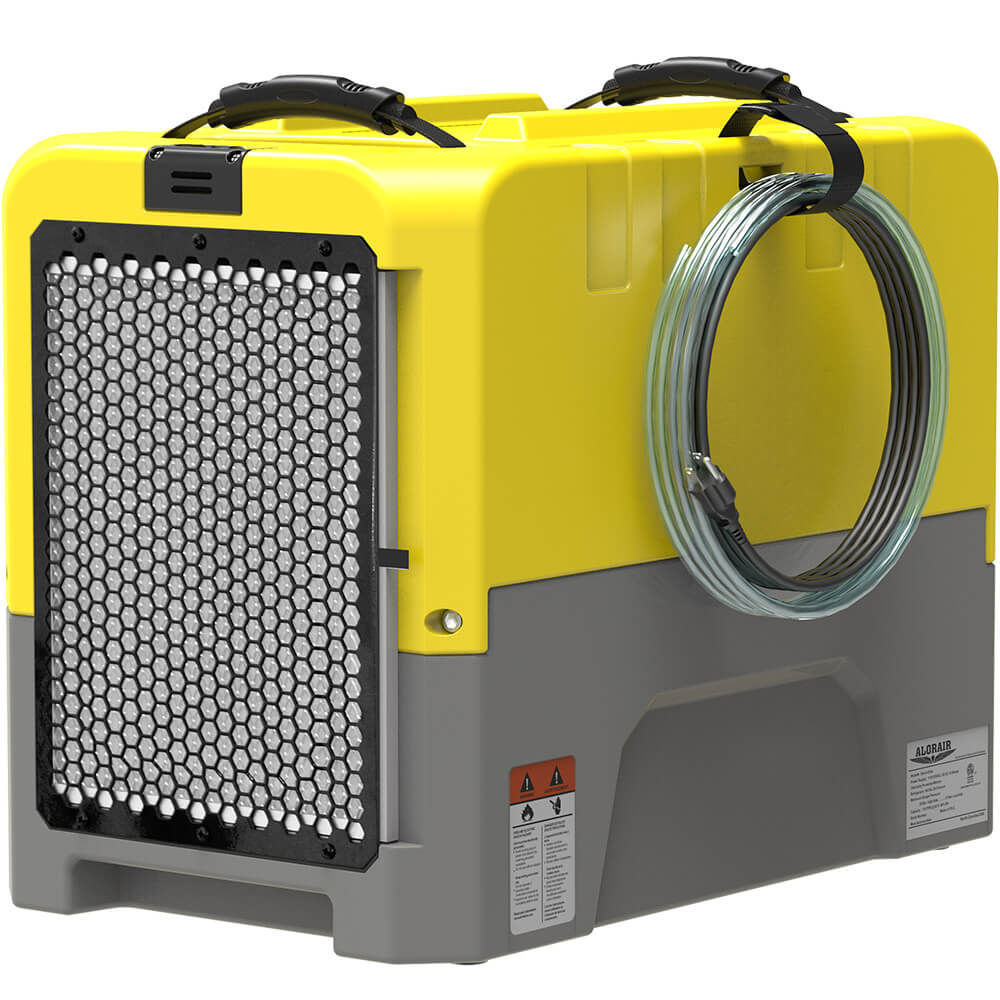
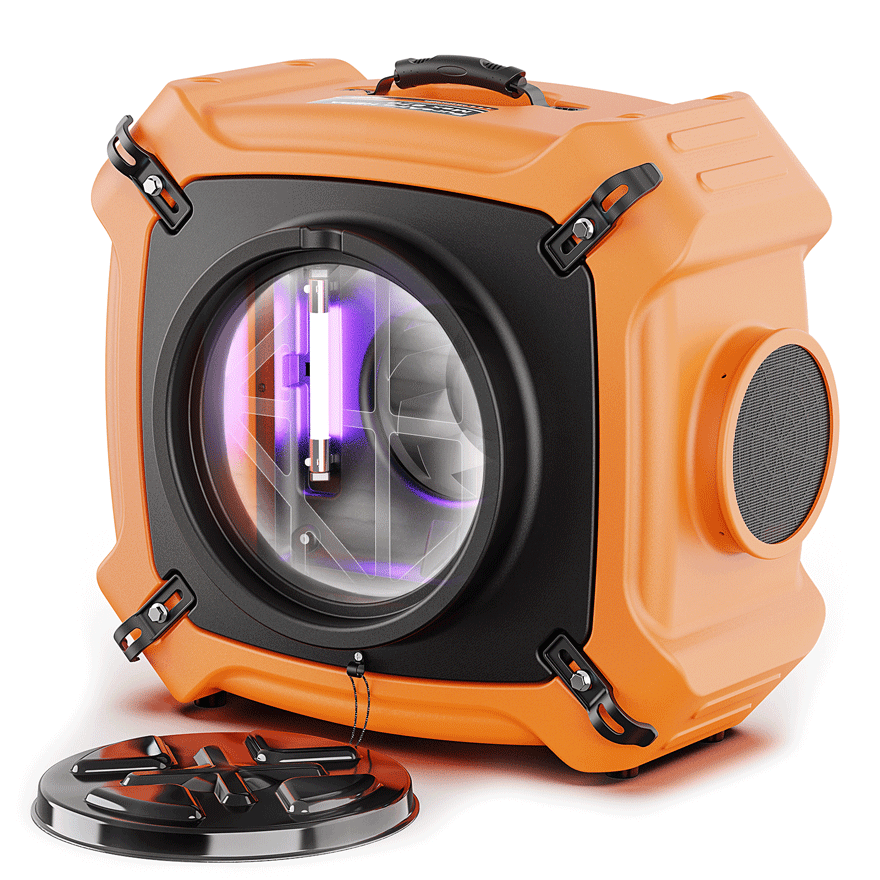
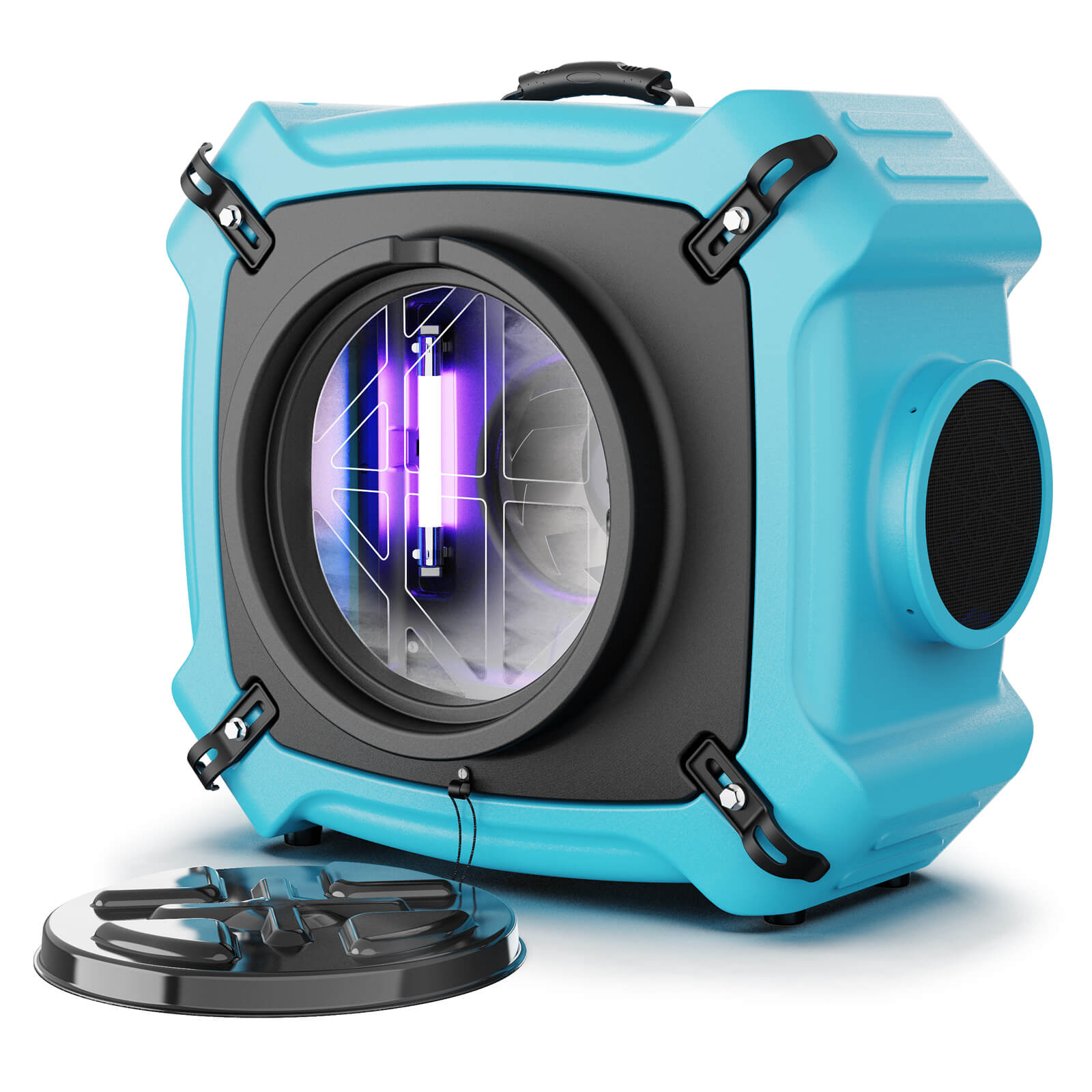
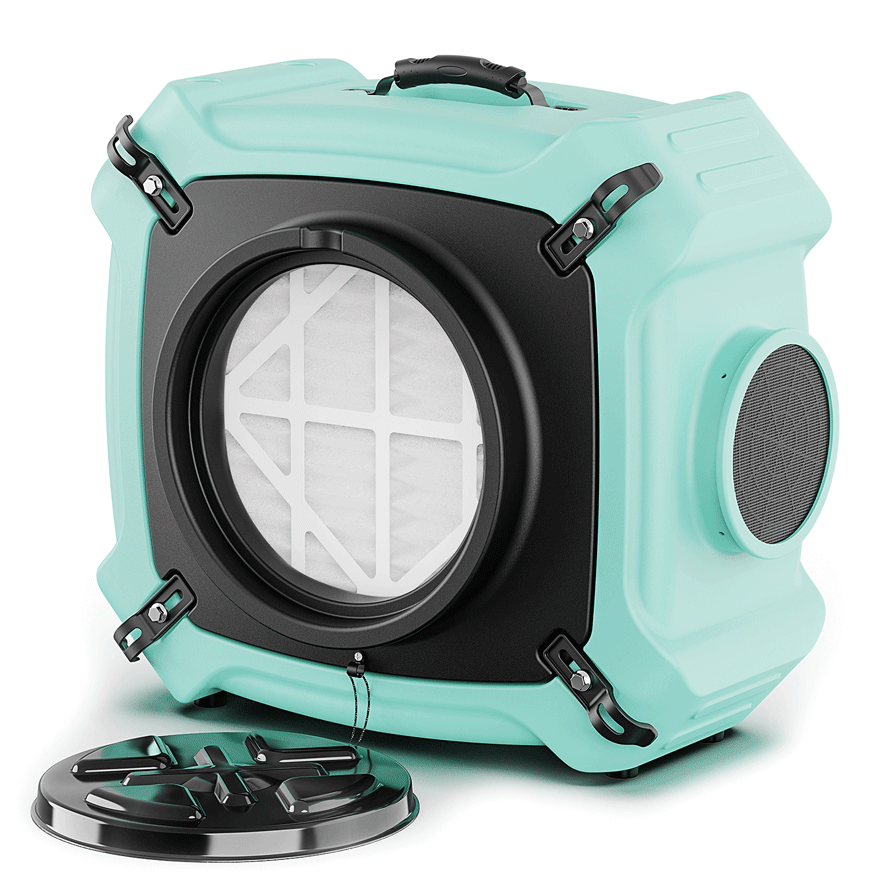
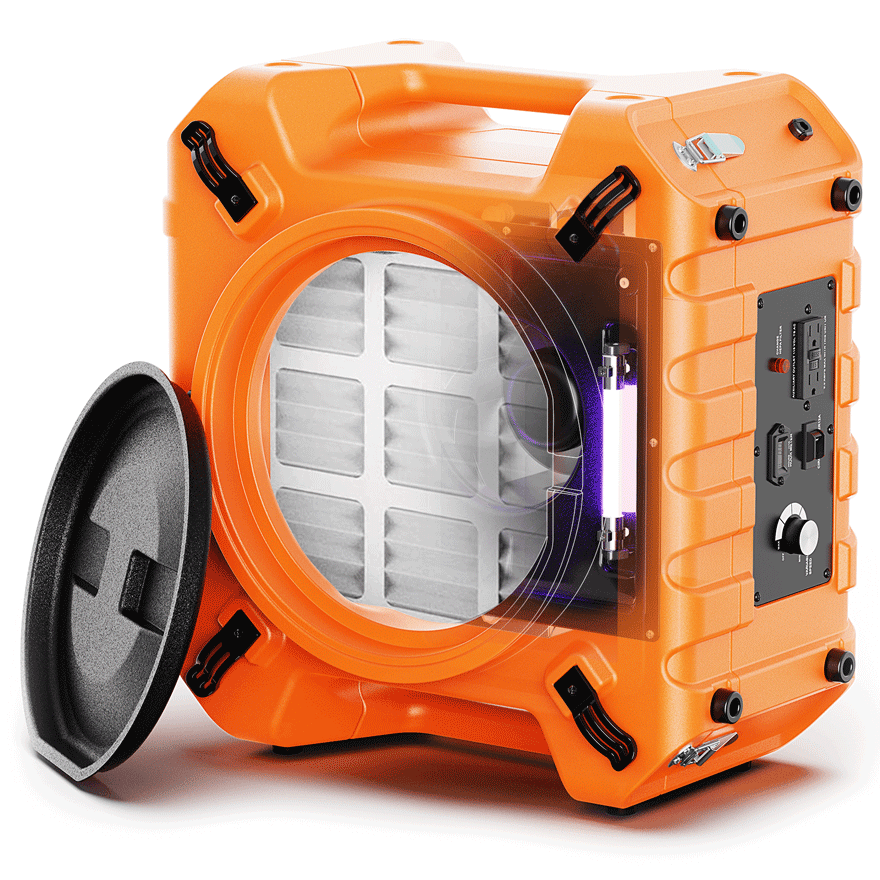
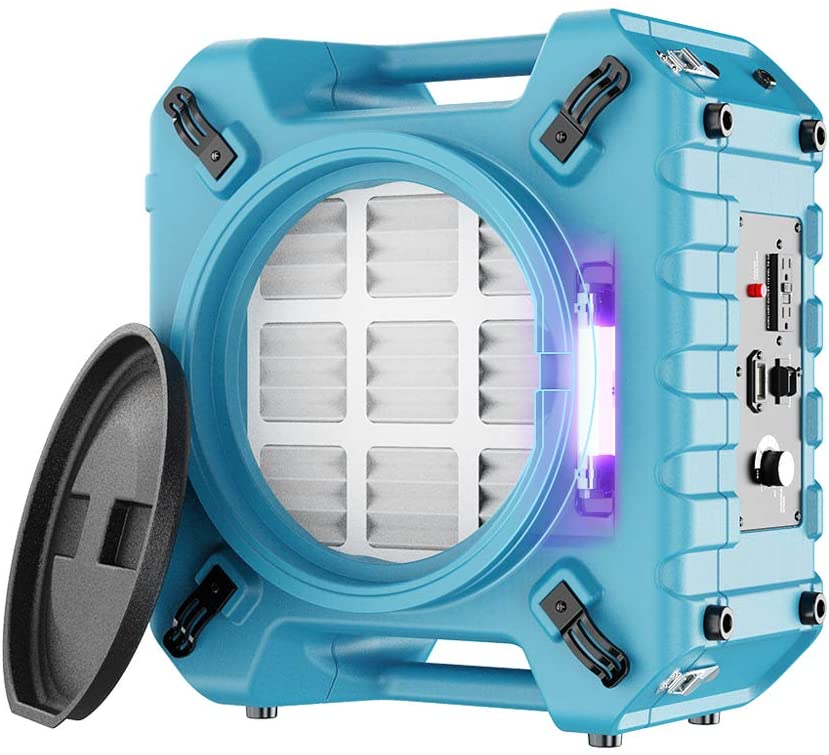
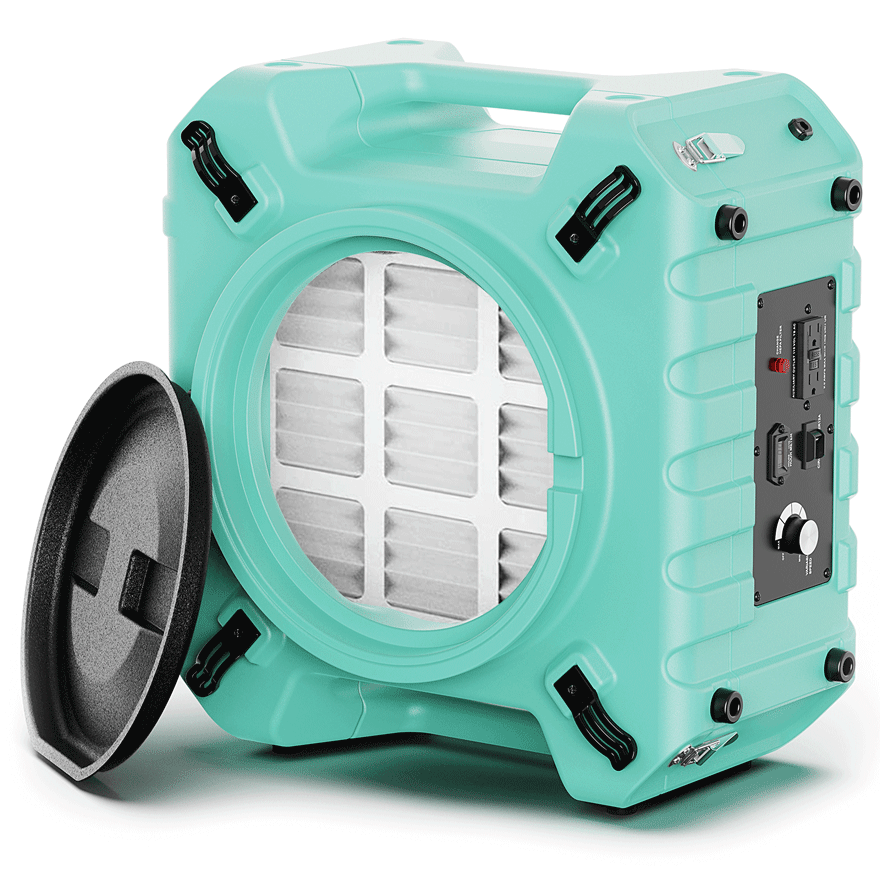
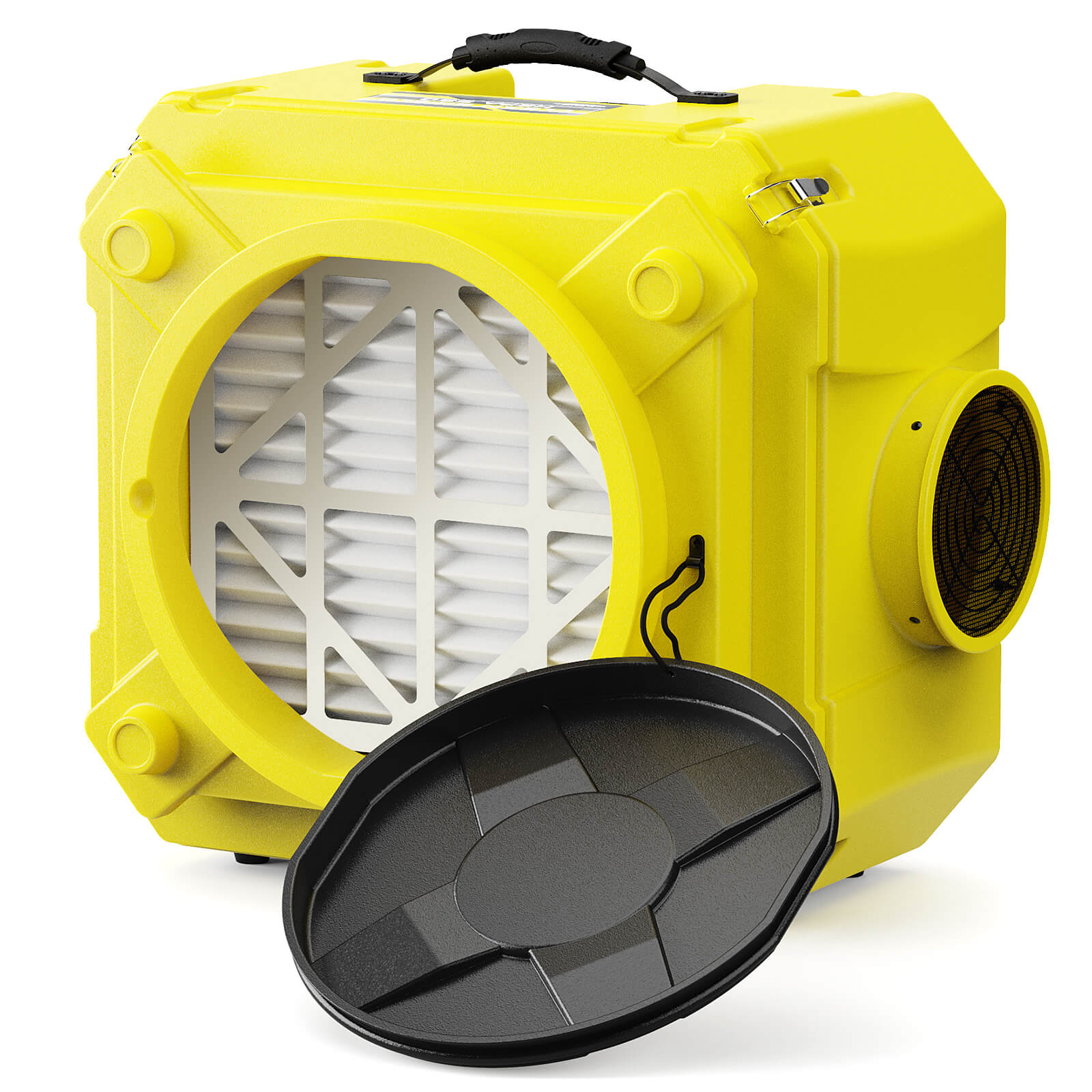
.jpg)
.jpg)
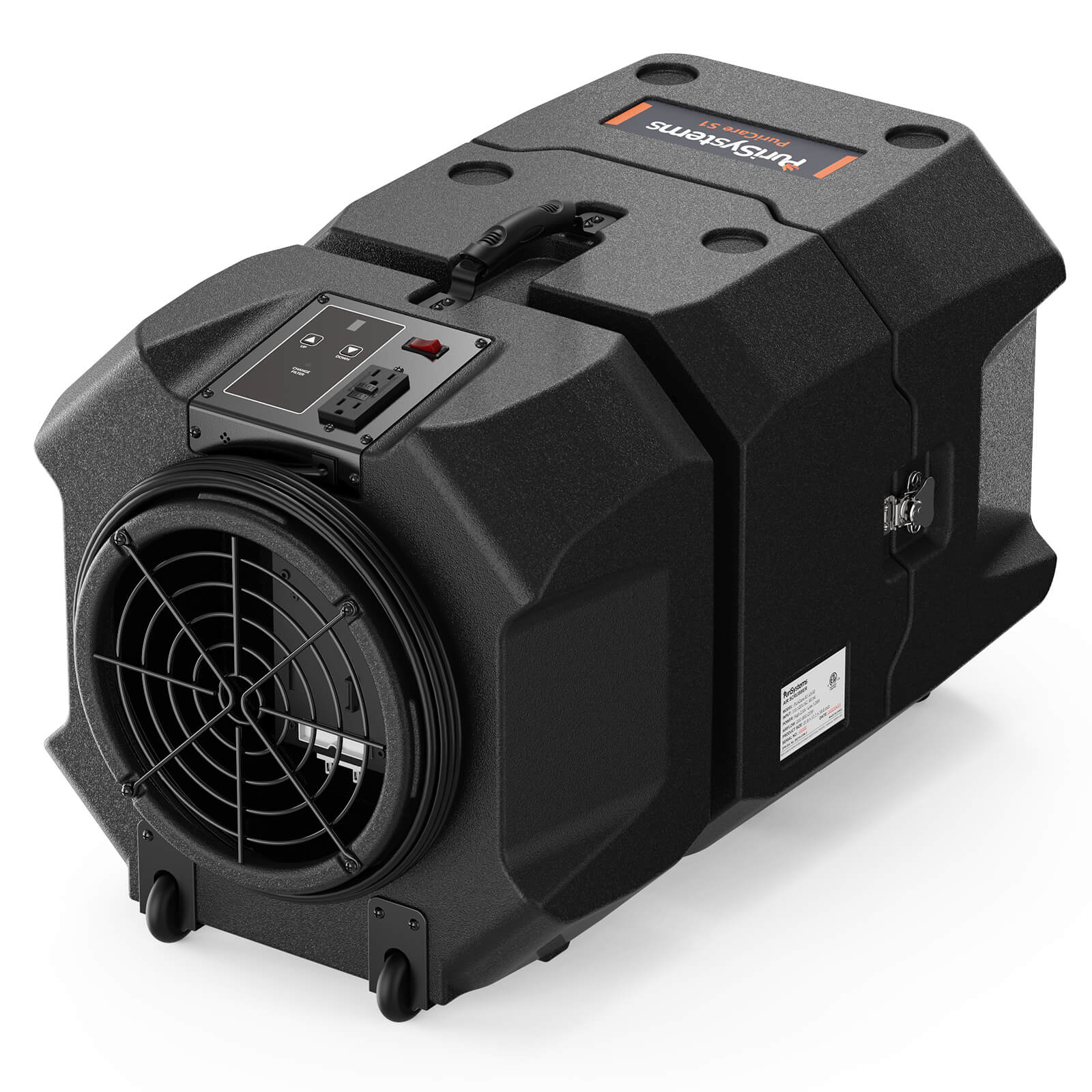
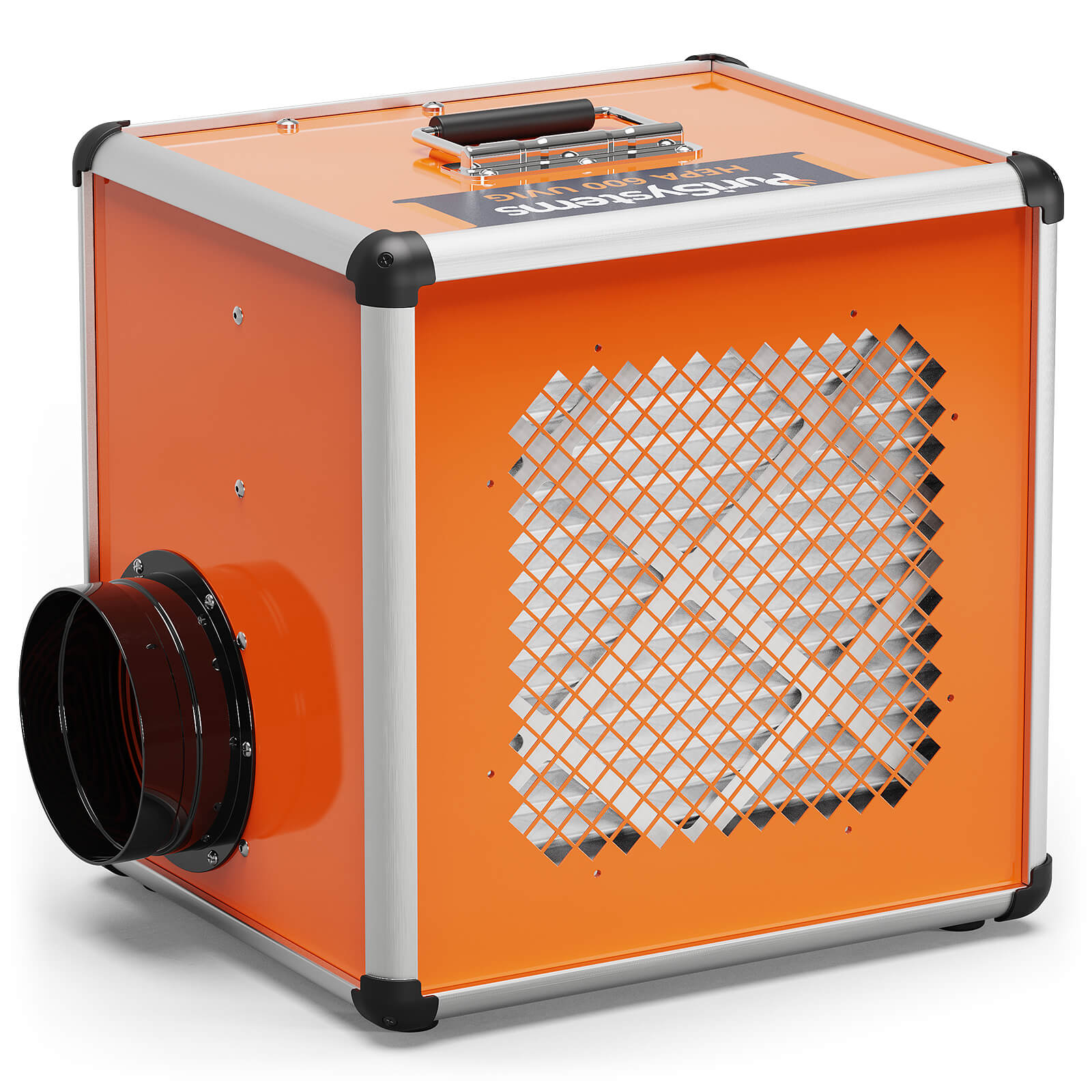
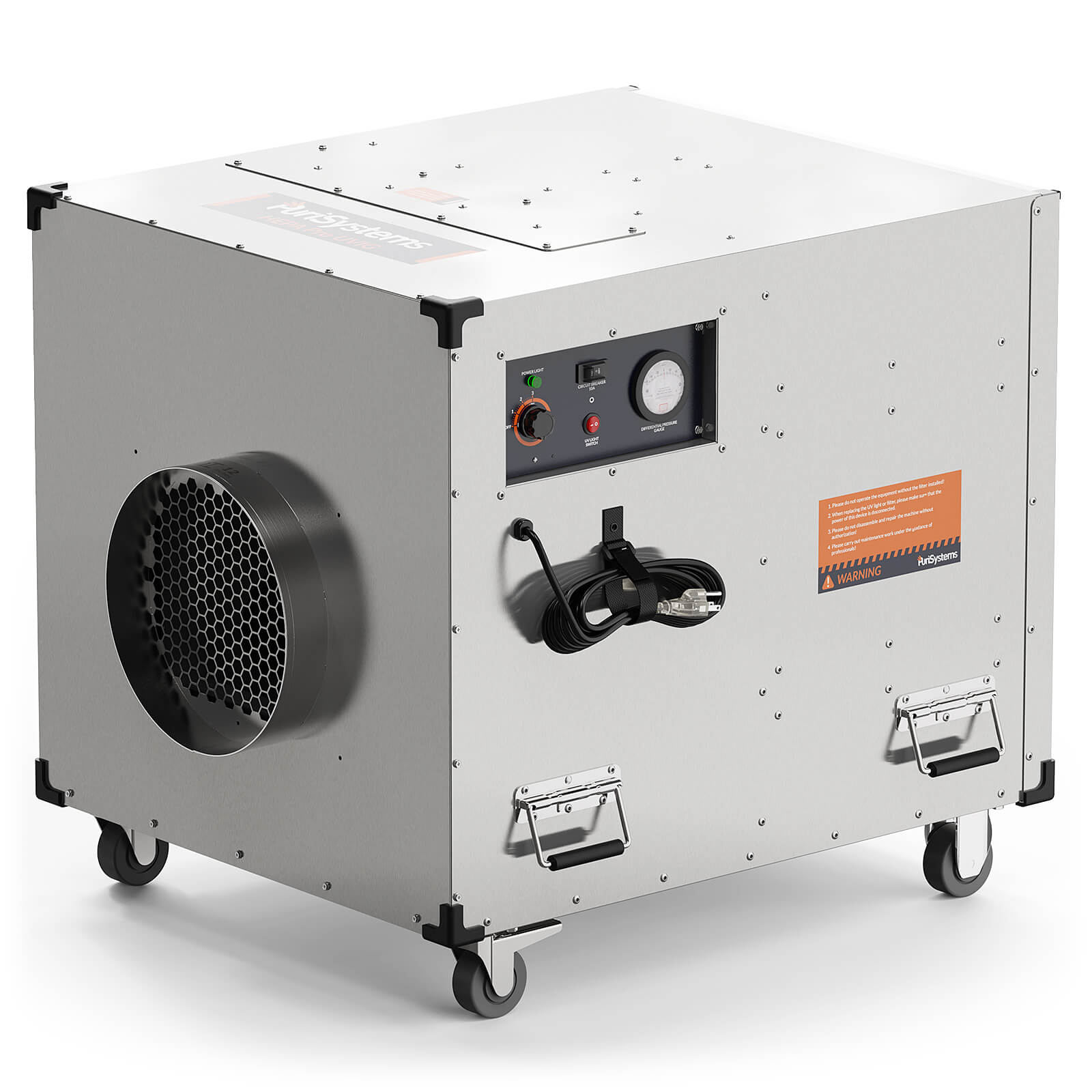
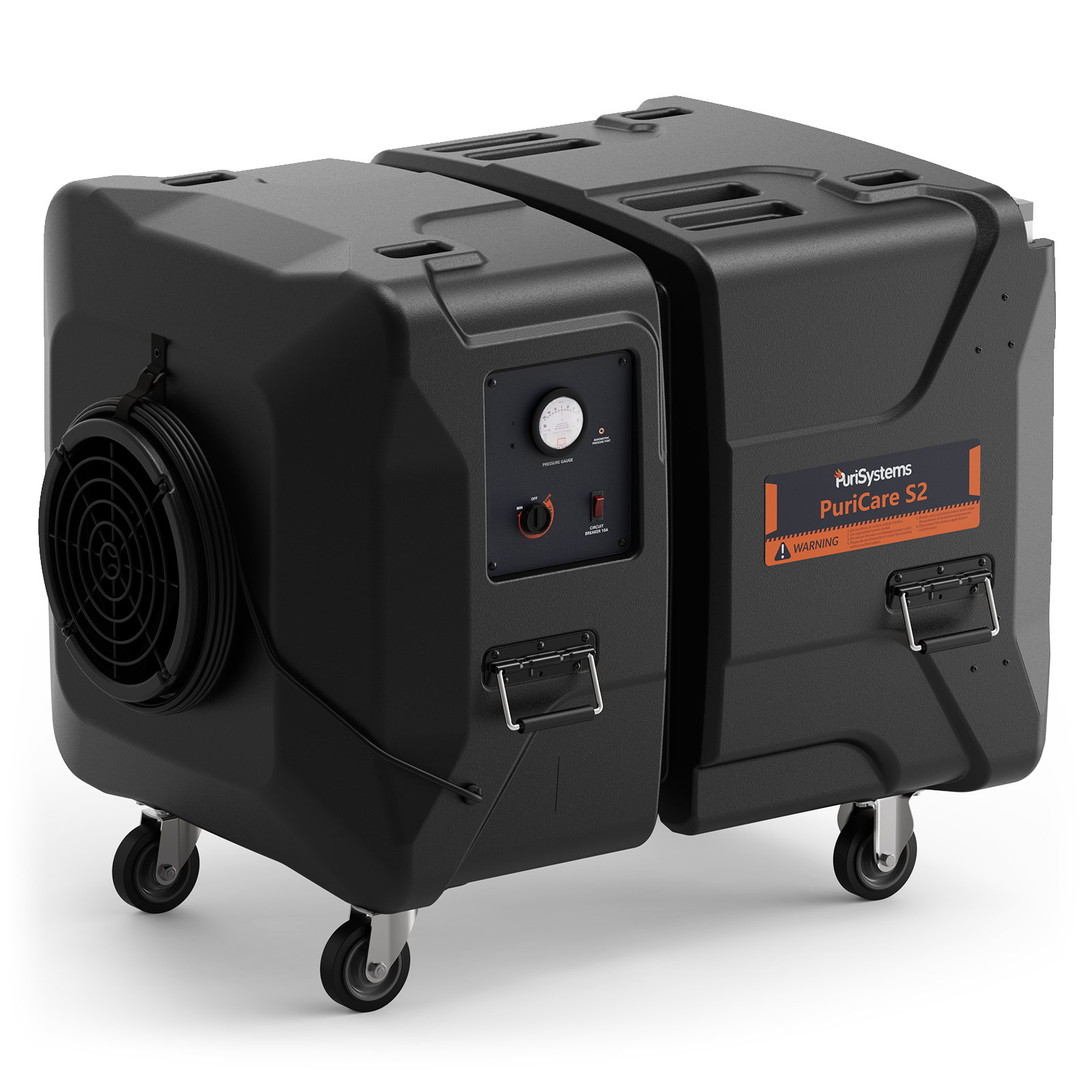
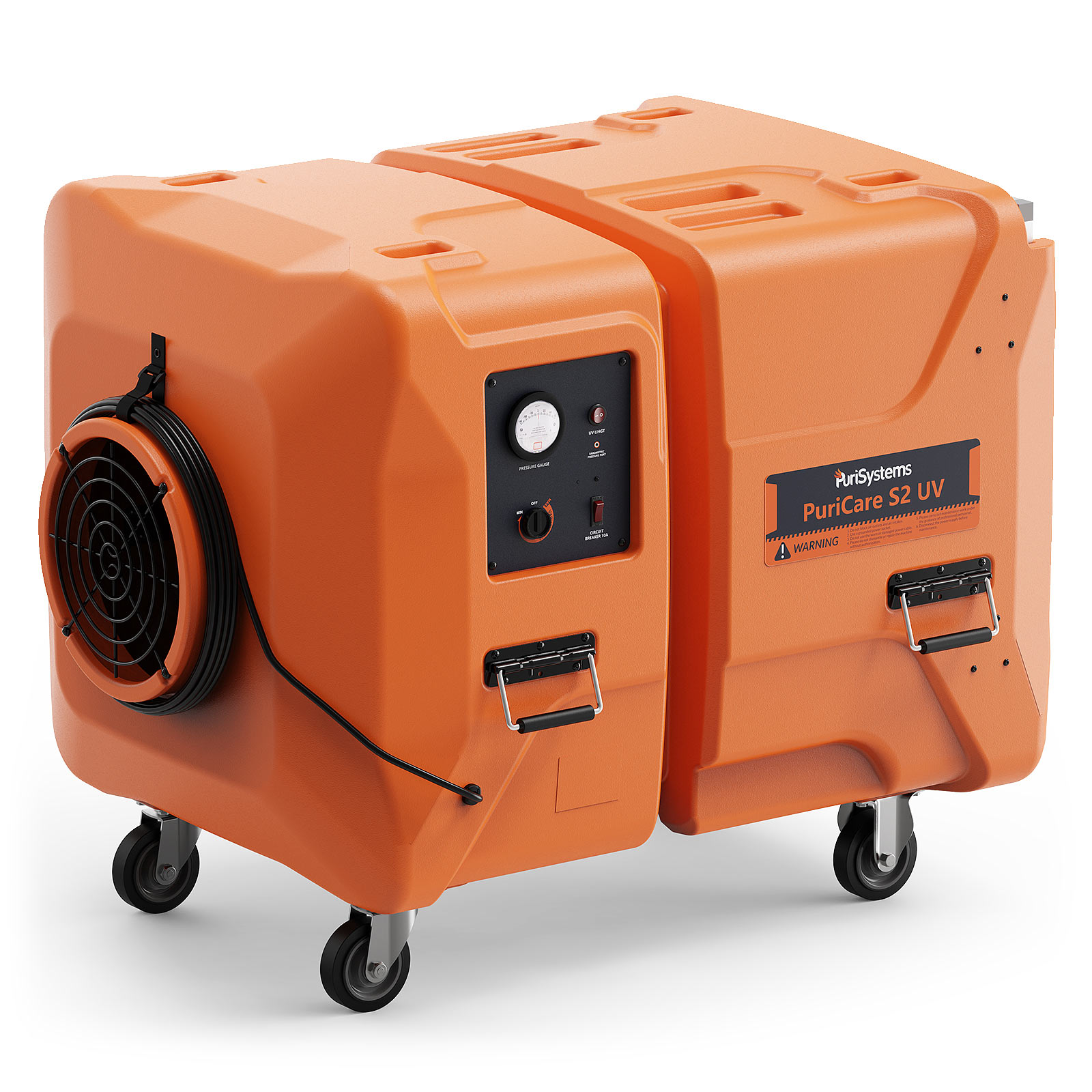
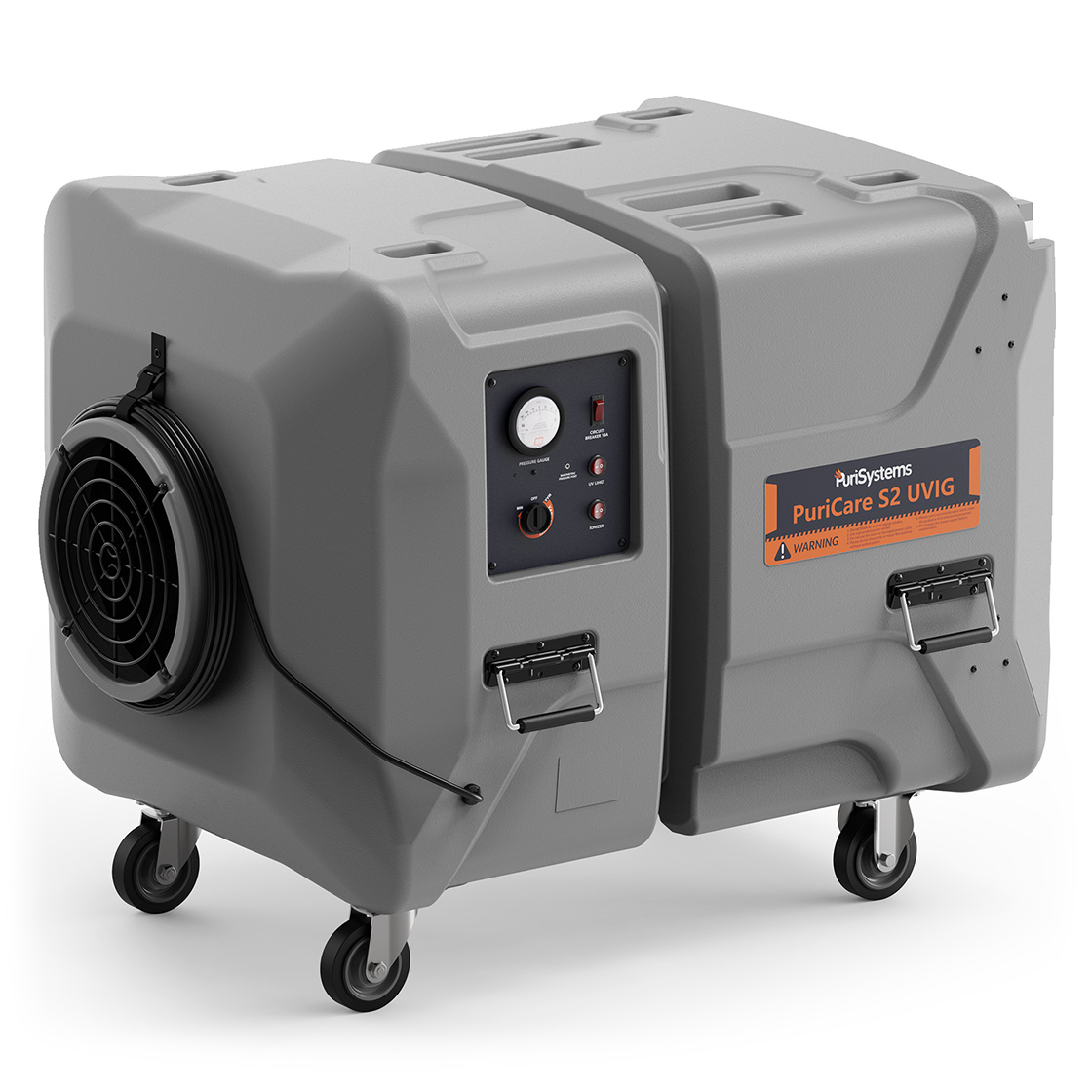
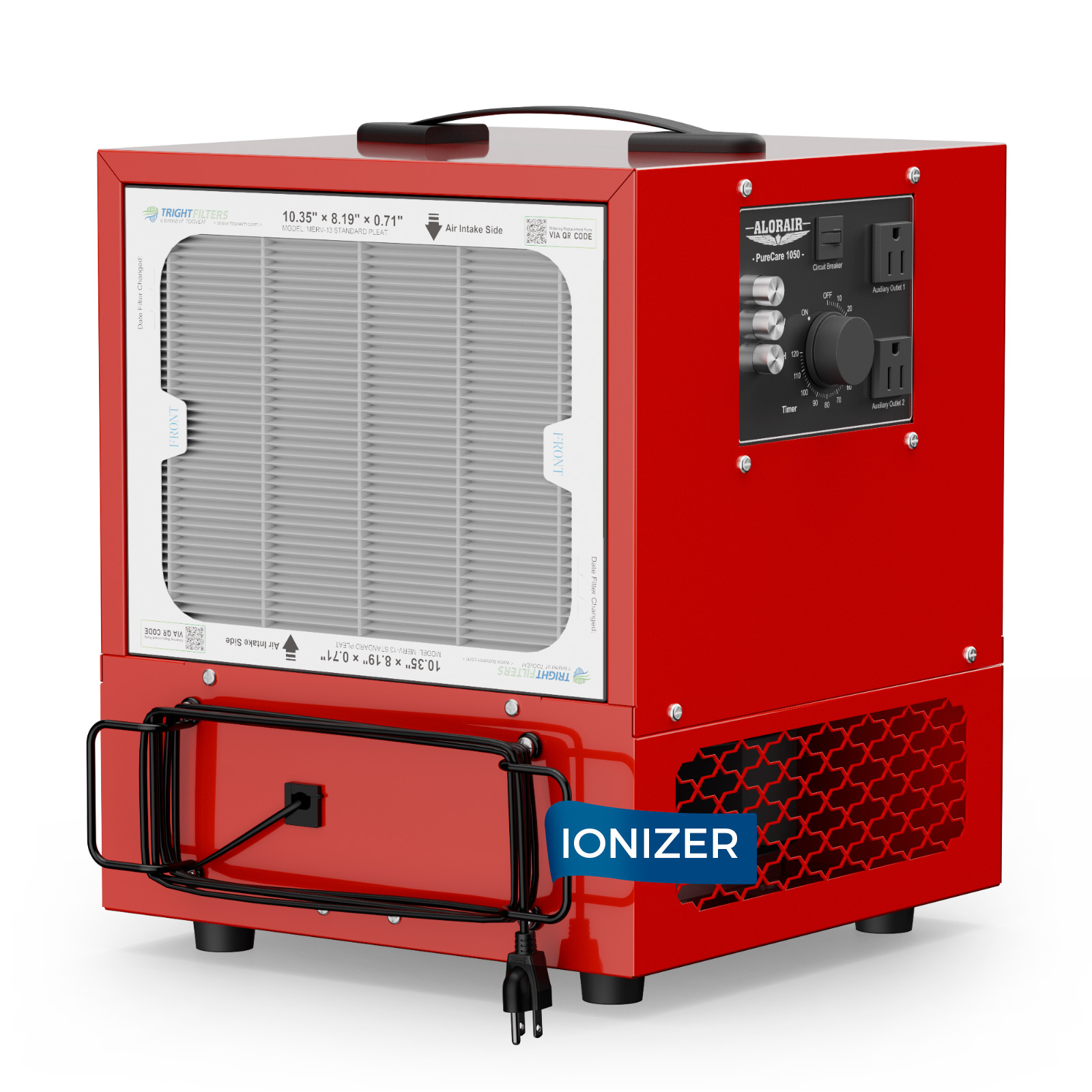
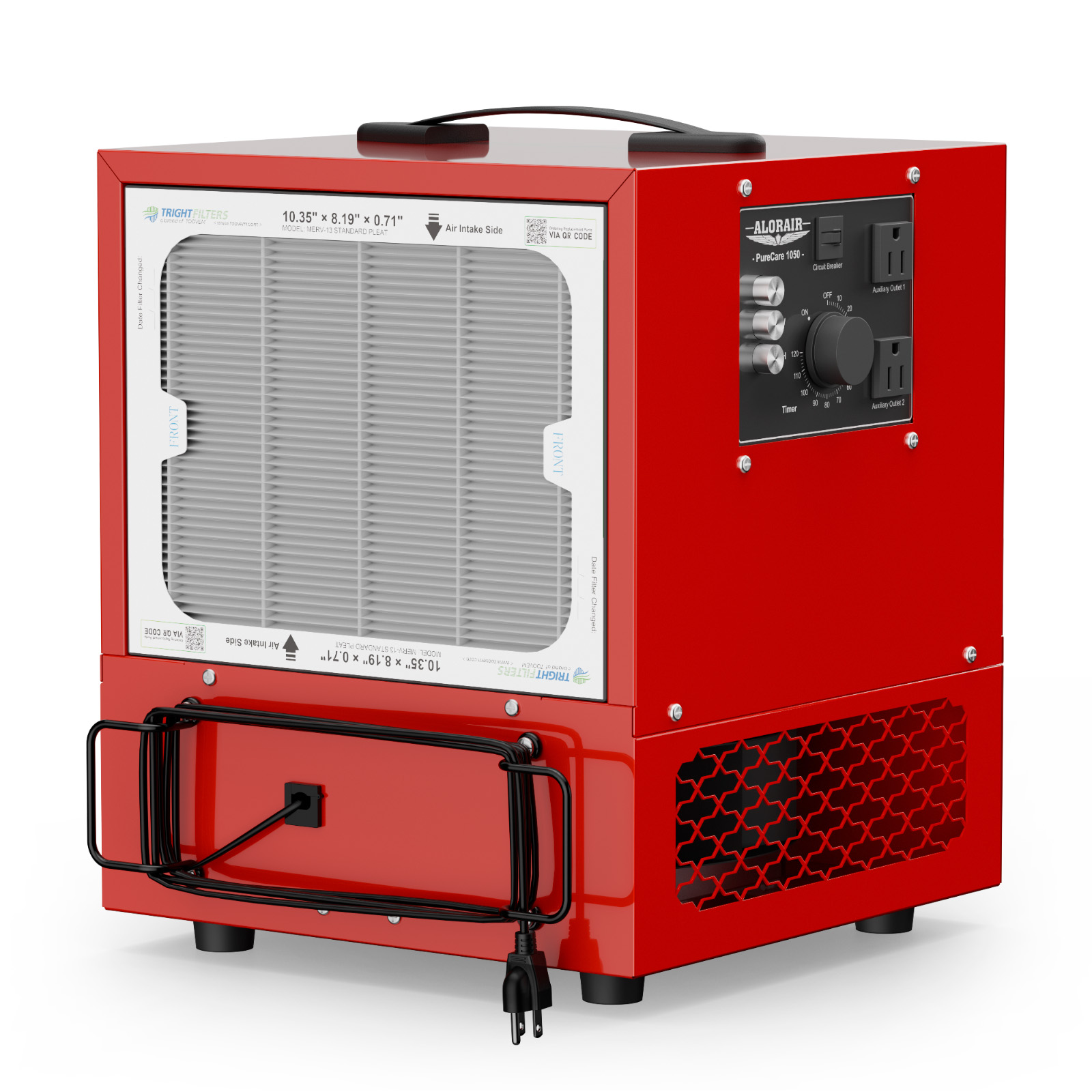
.jpg)
.jpg)
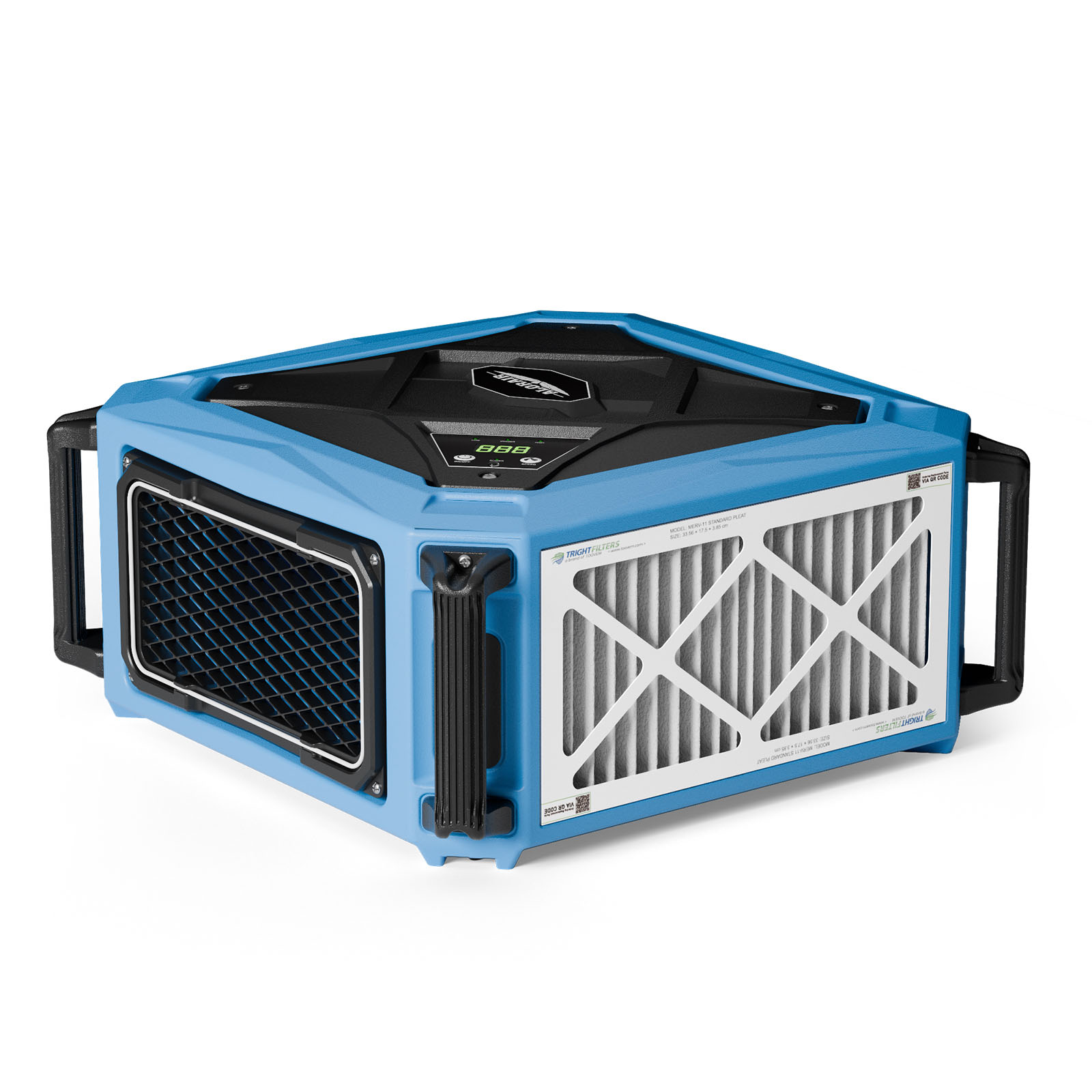
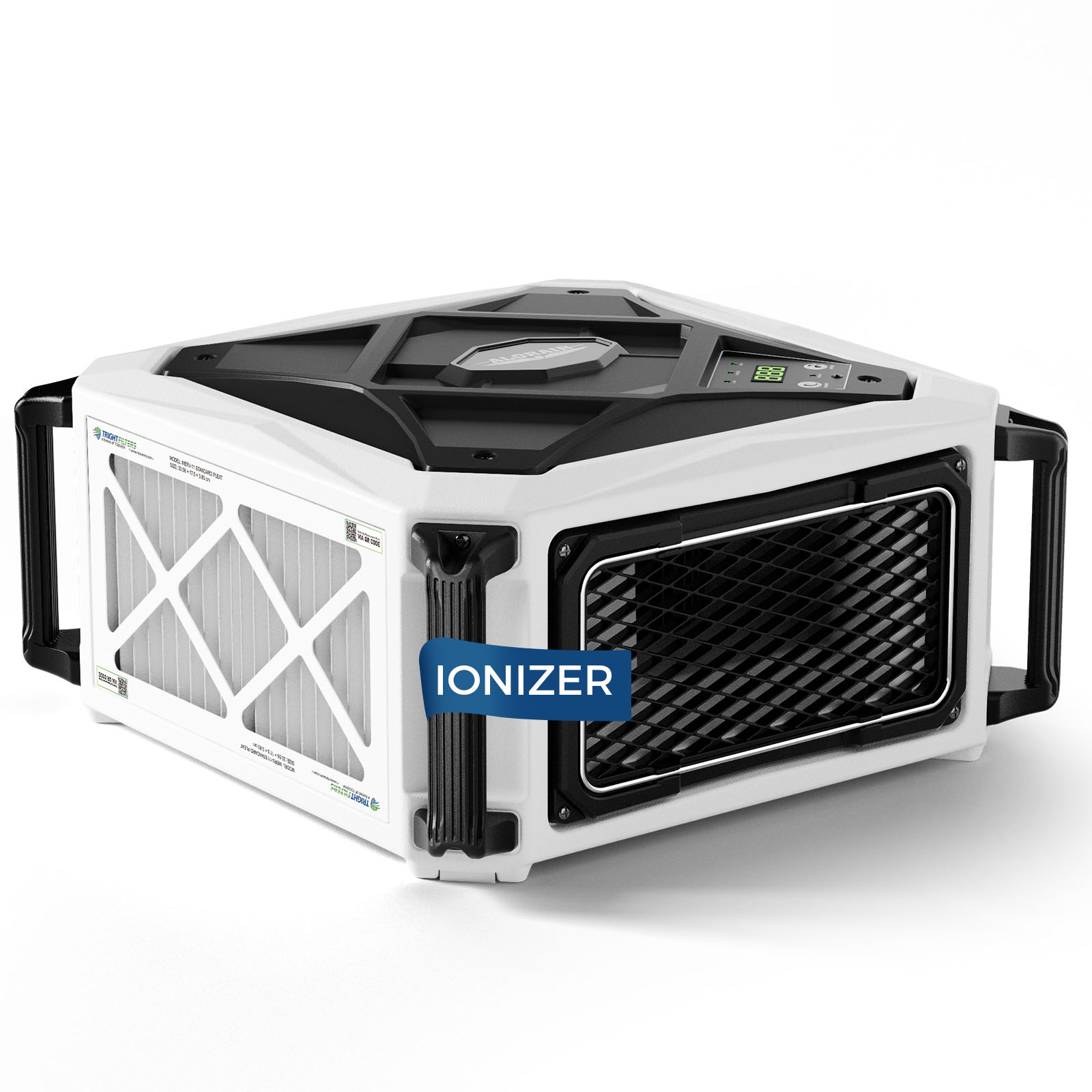
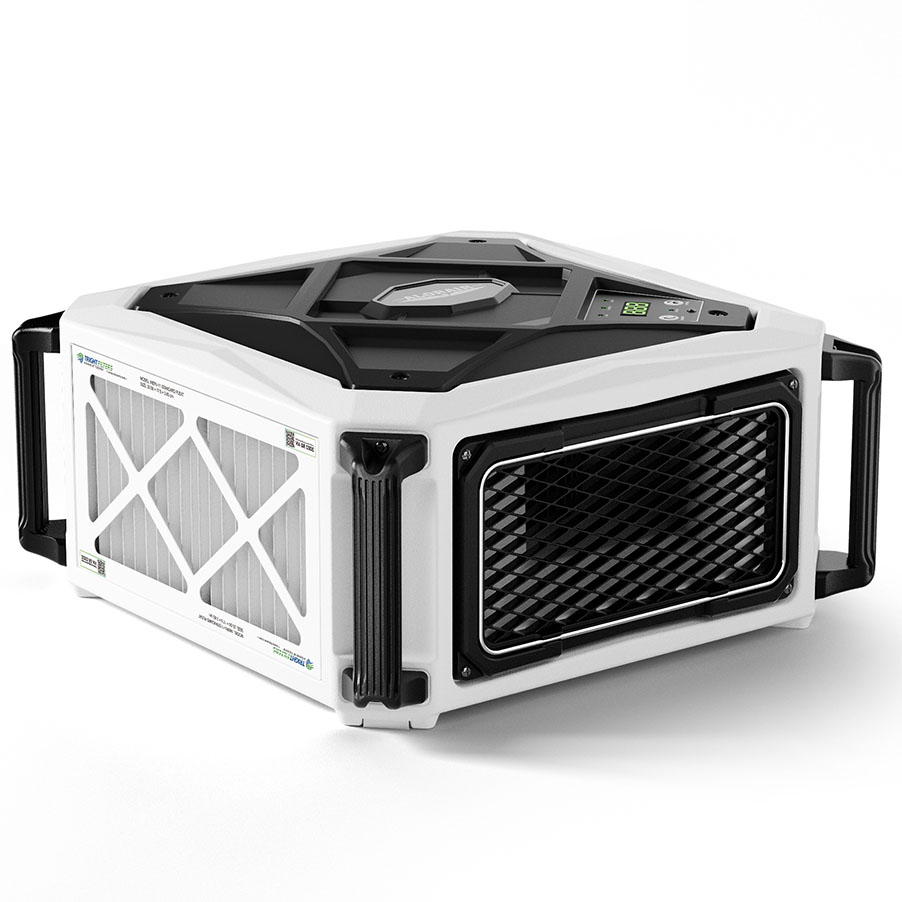
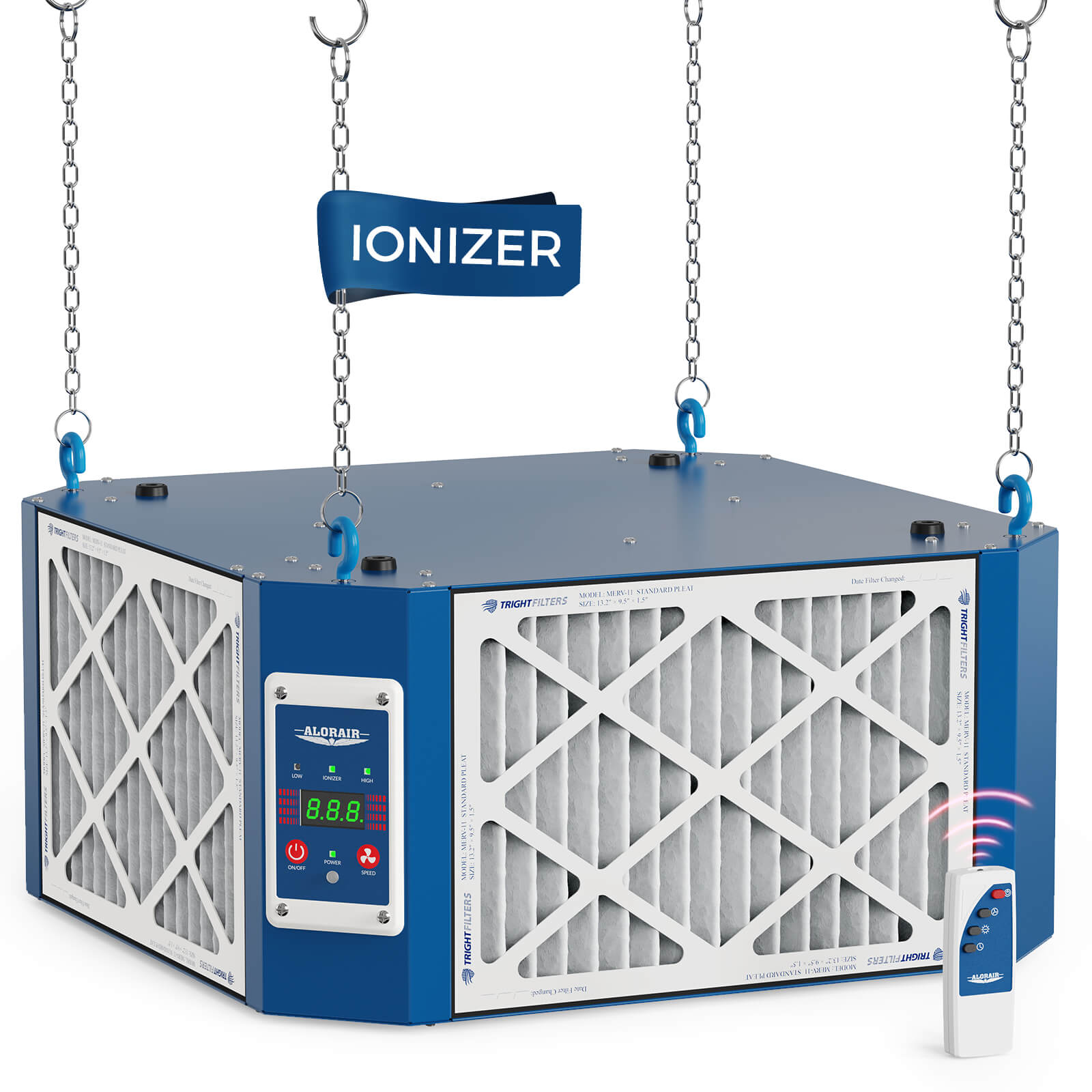
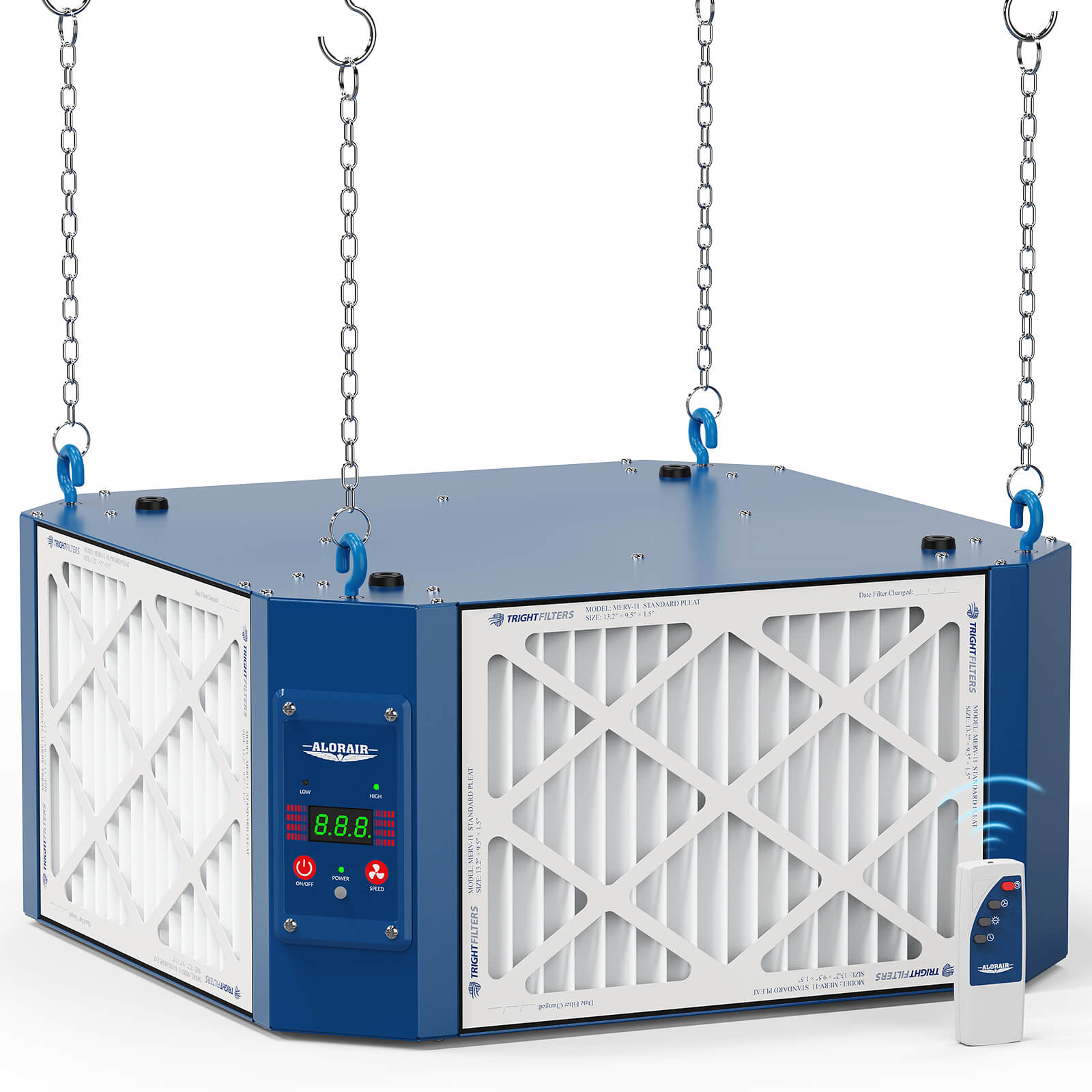
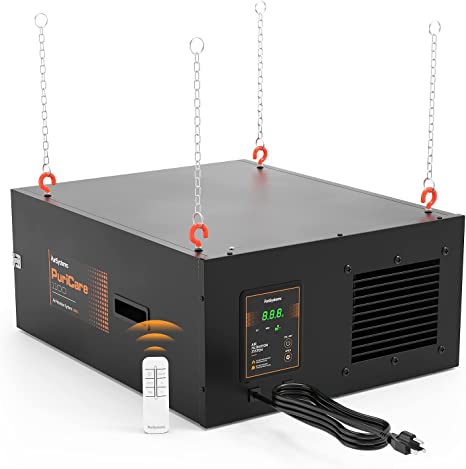
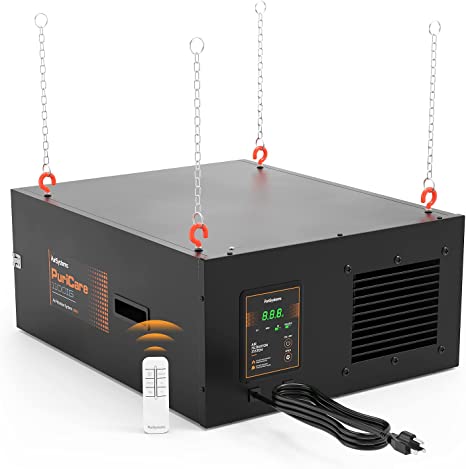
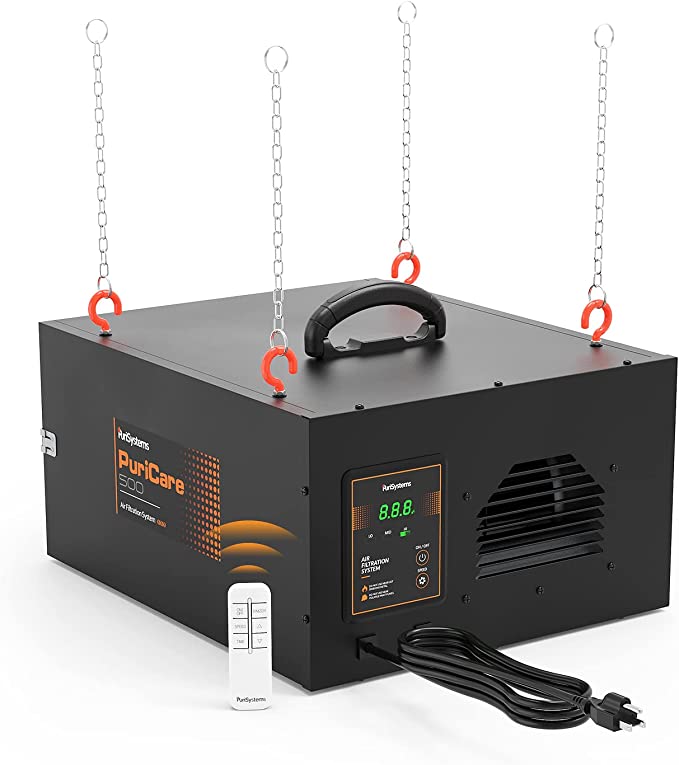
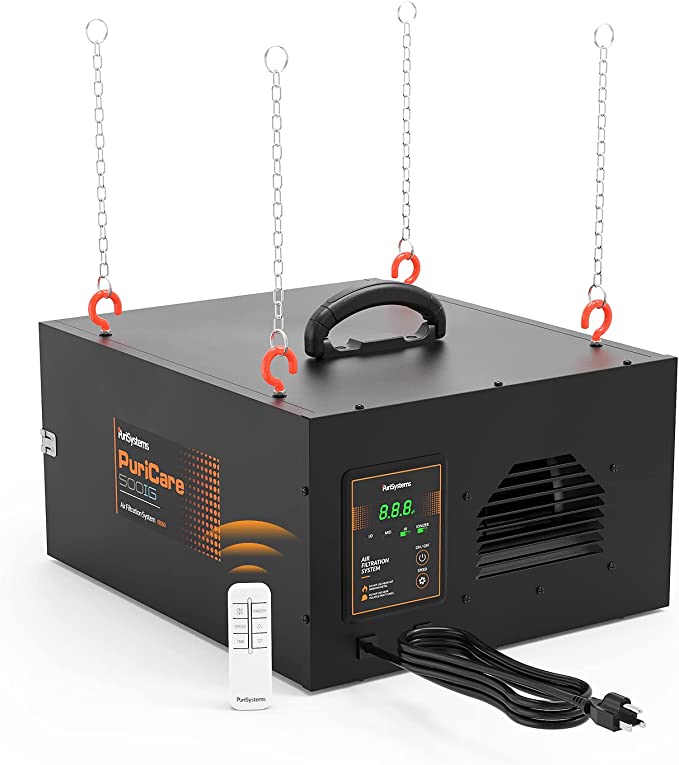
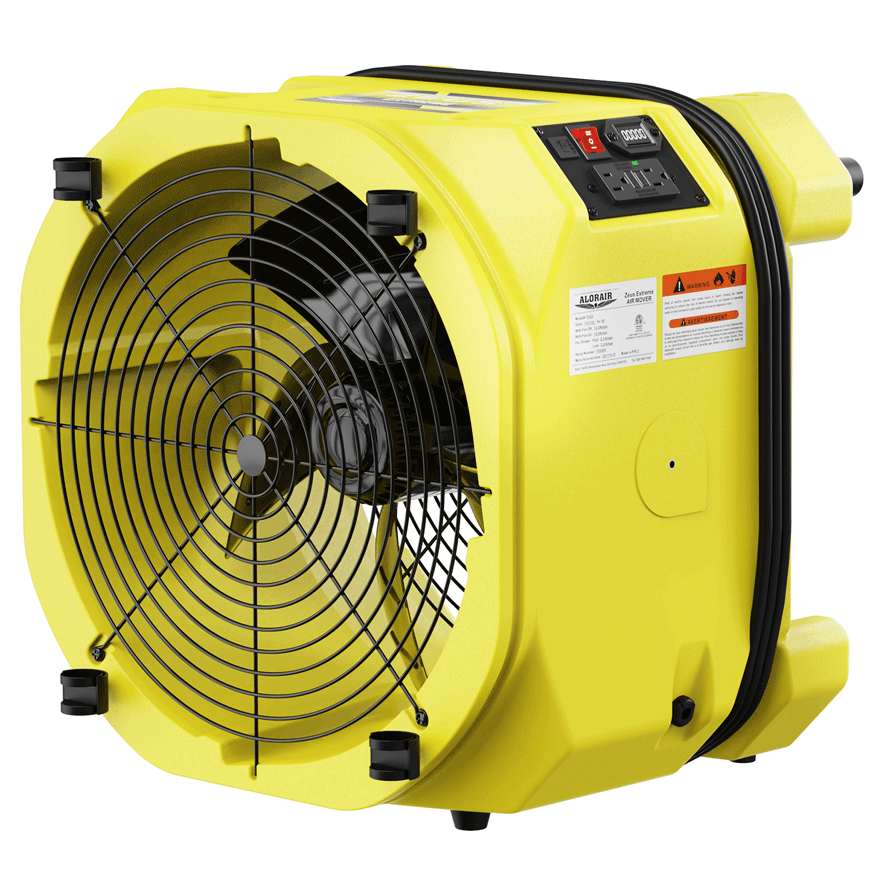
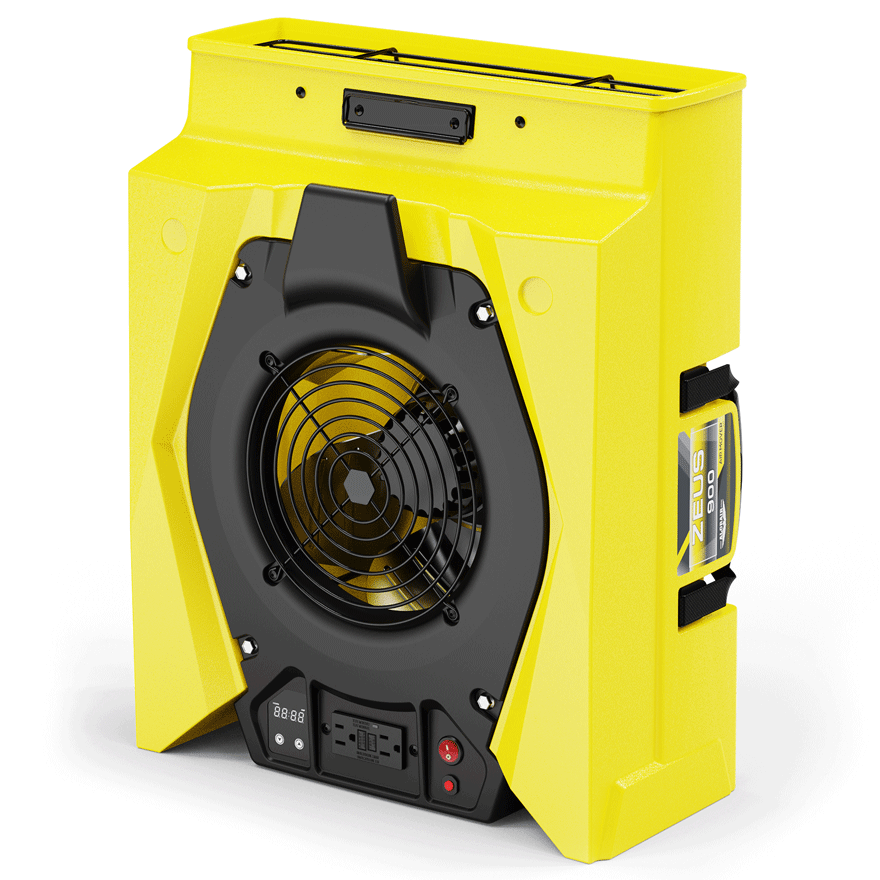
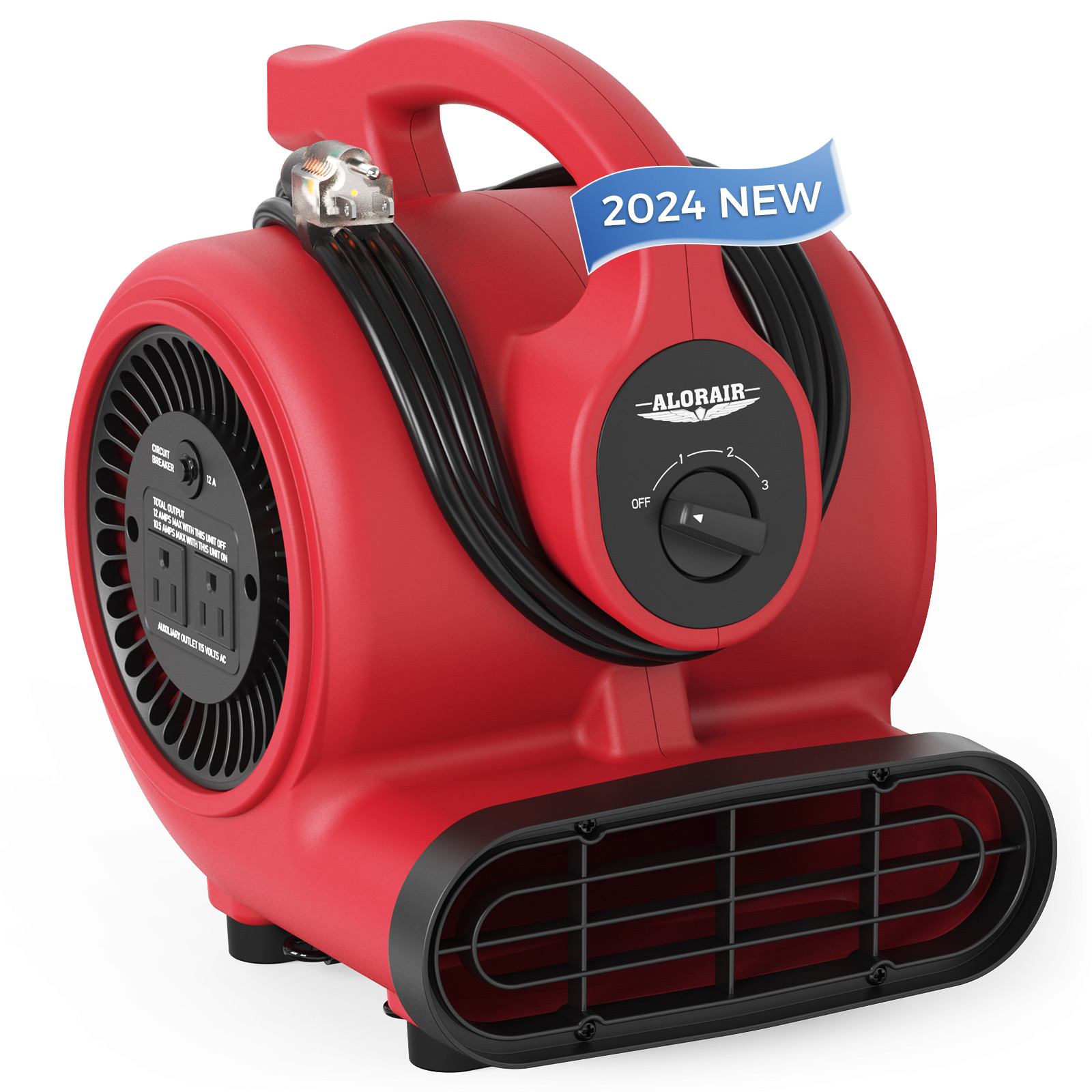
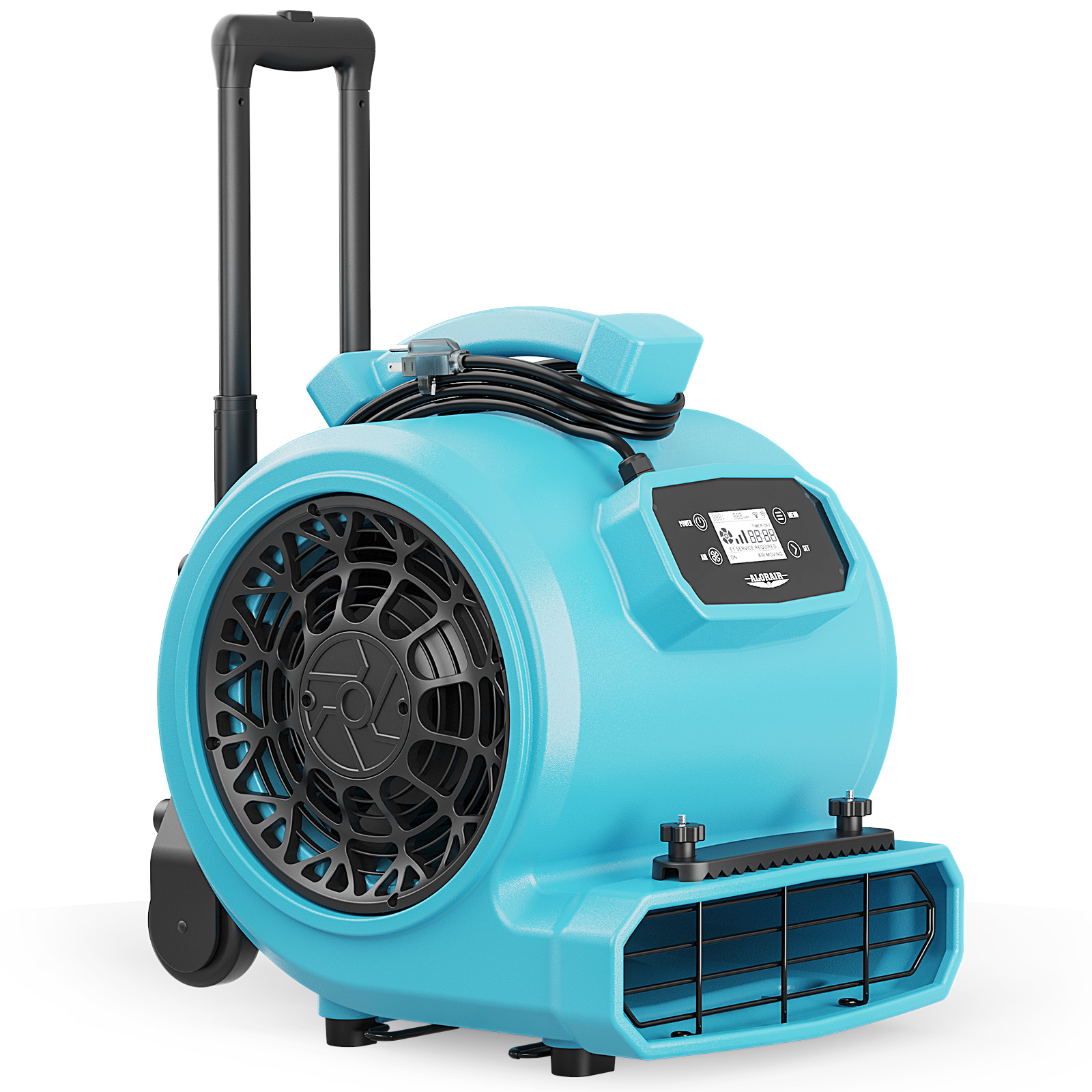
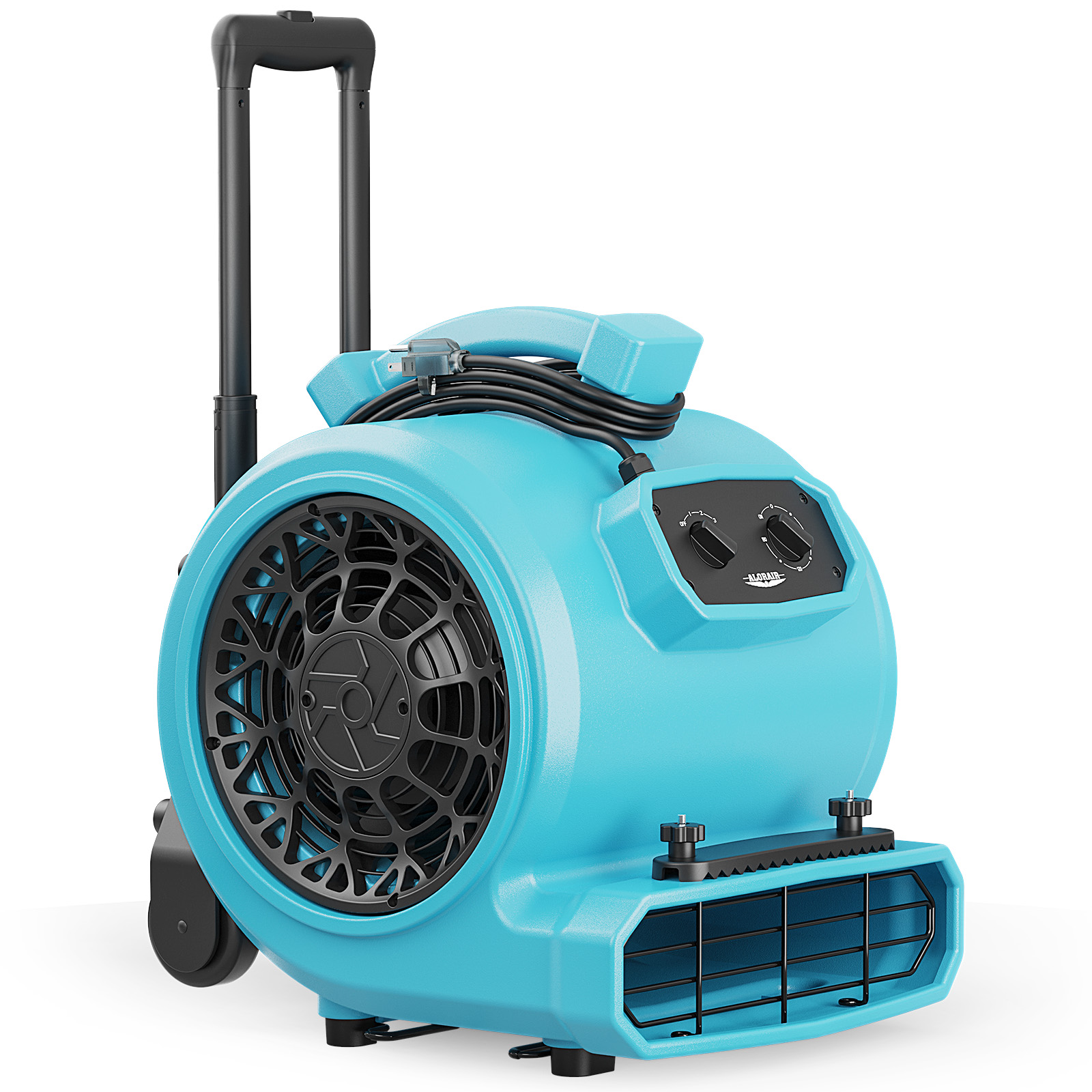
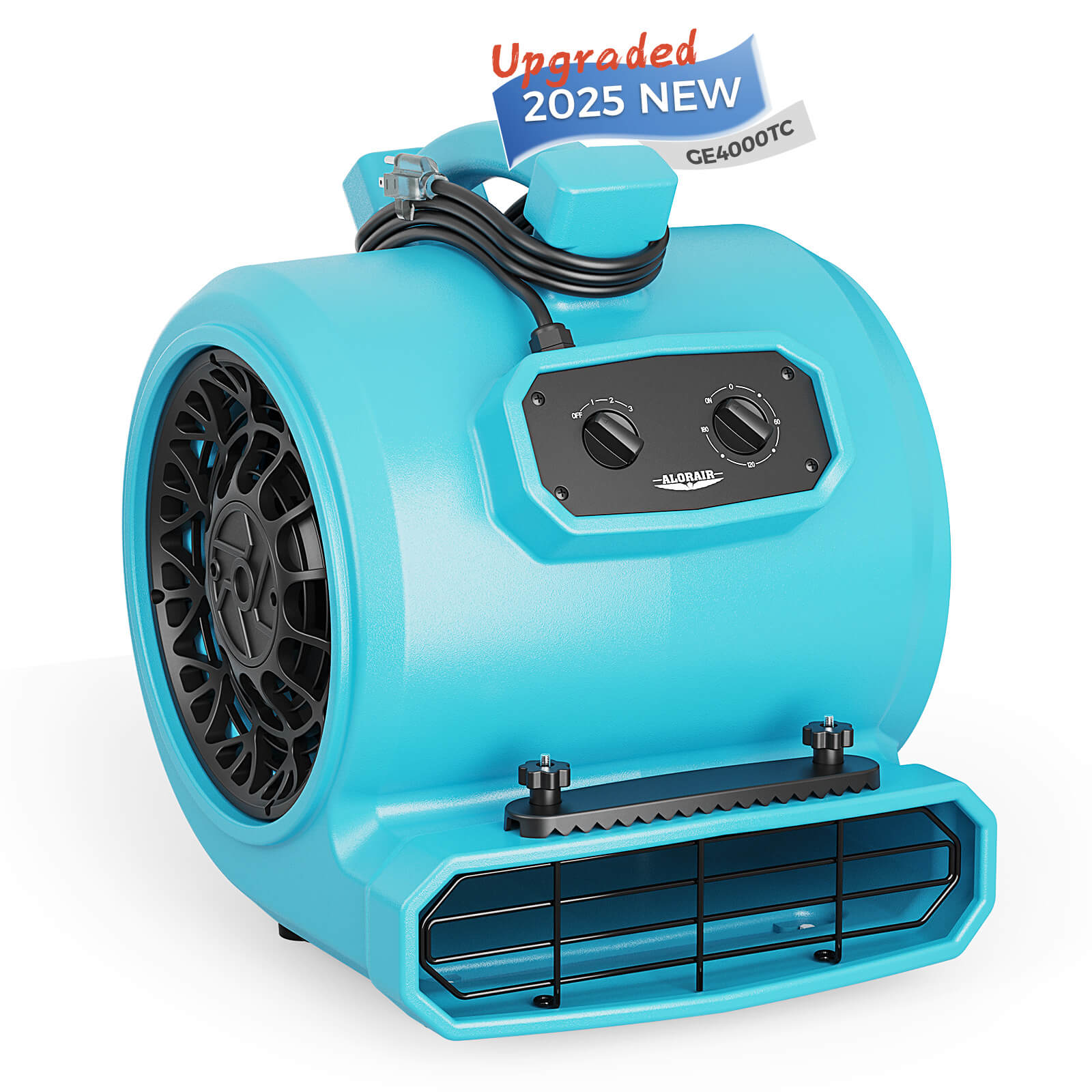
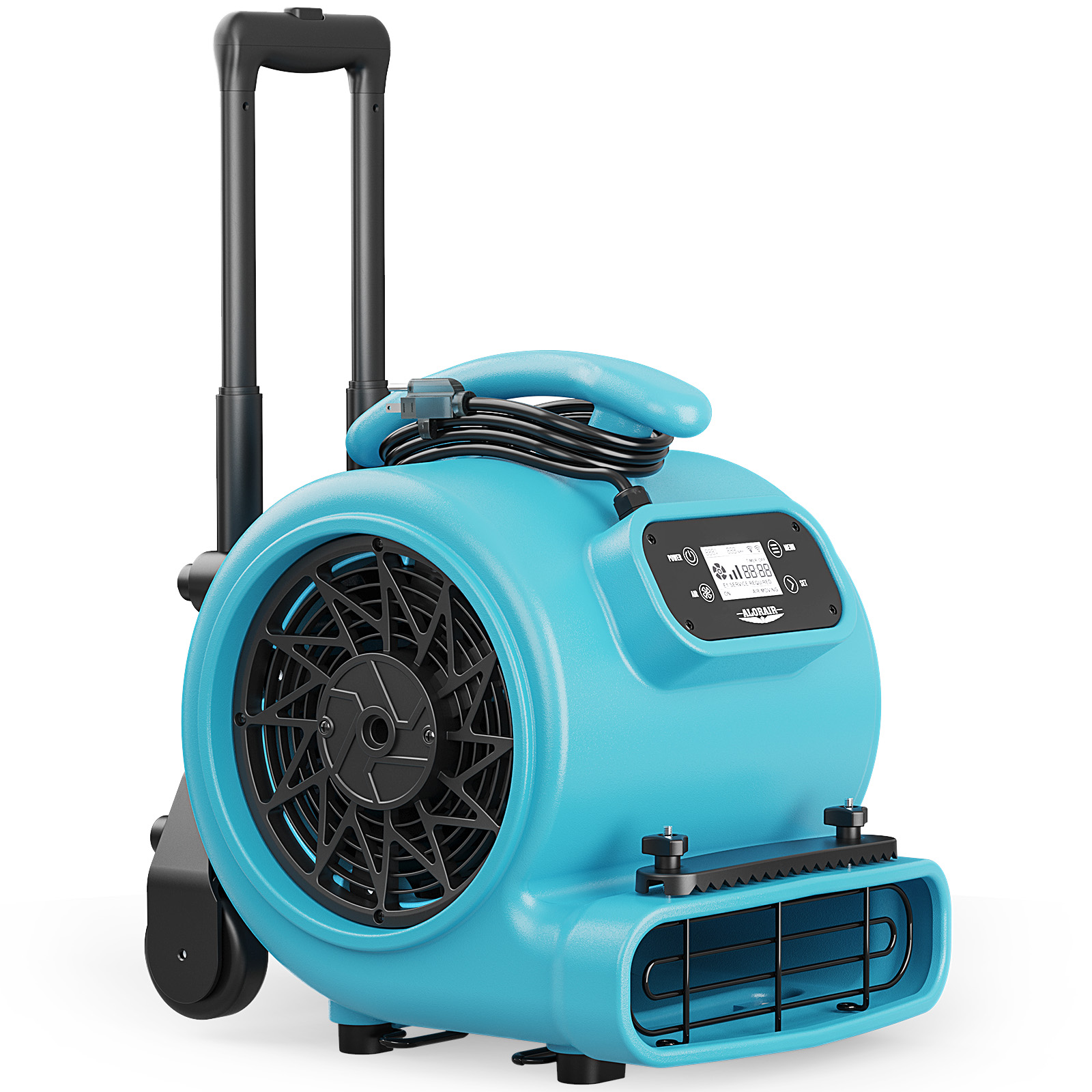
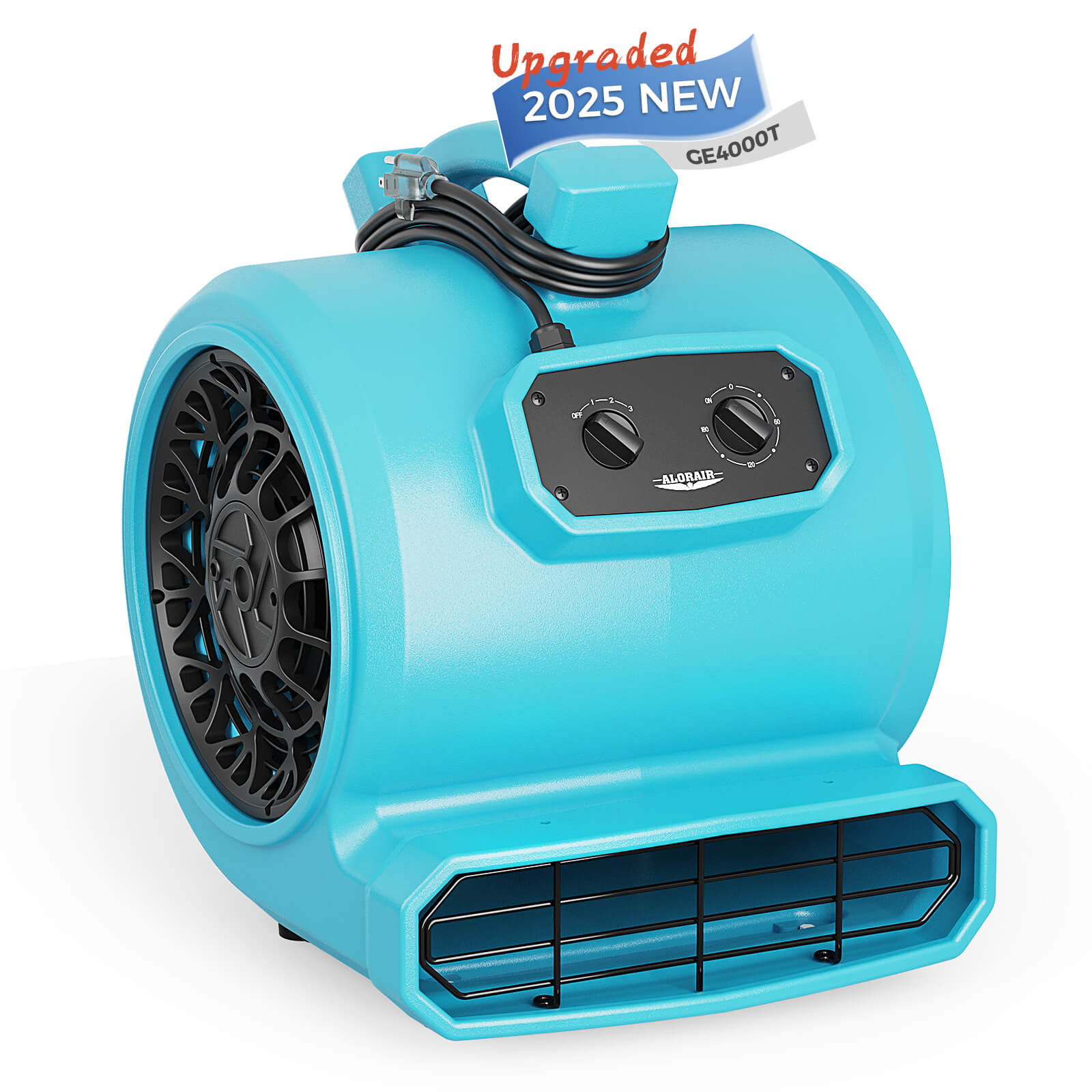
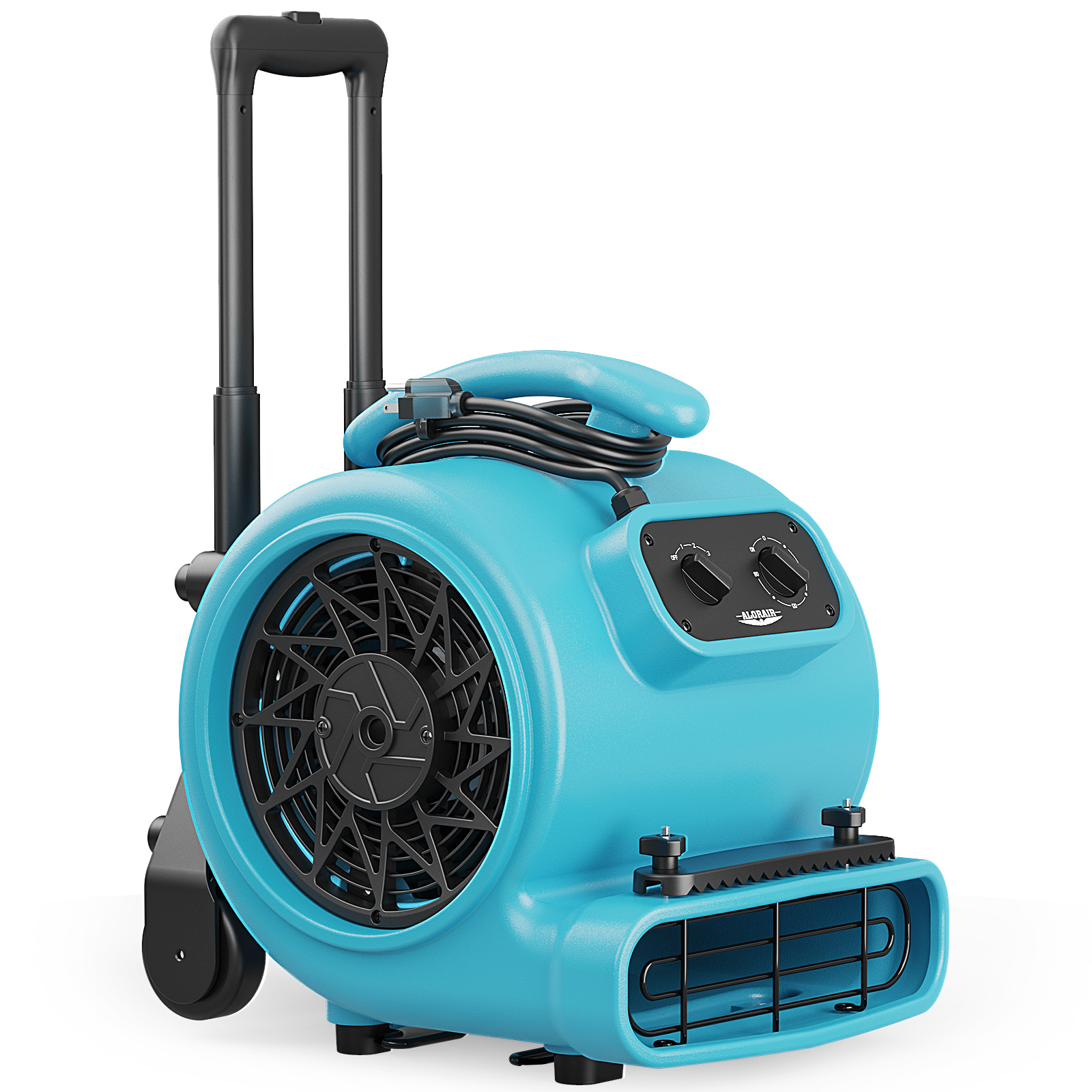
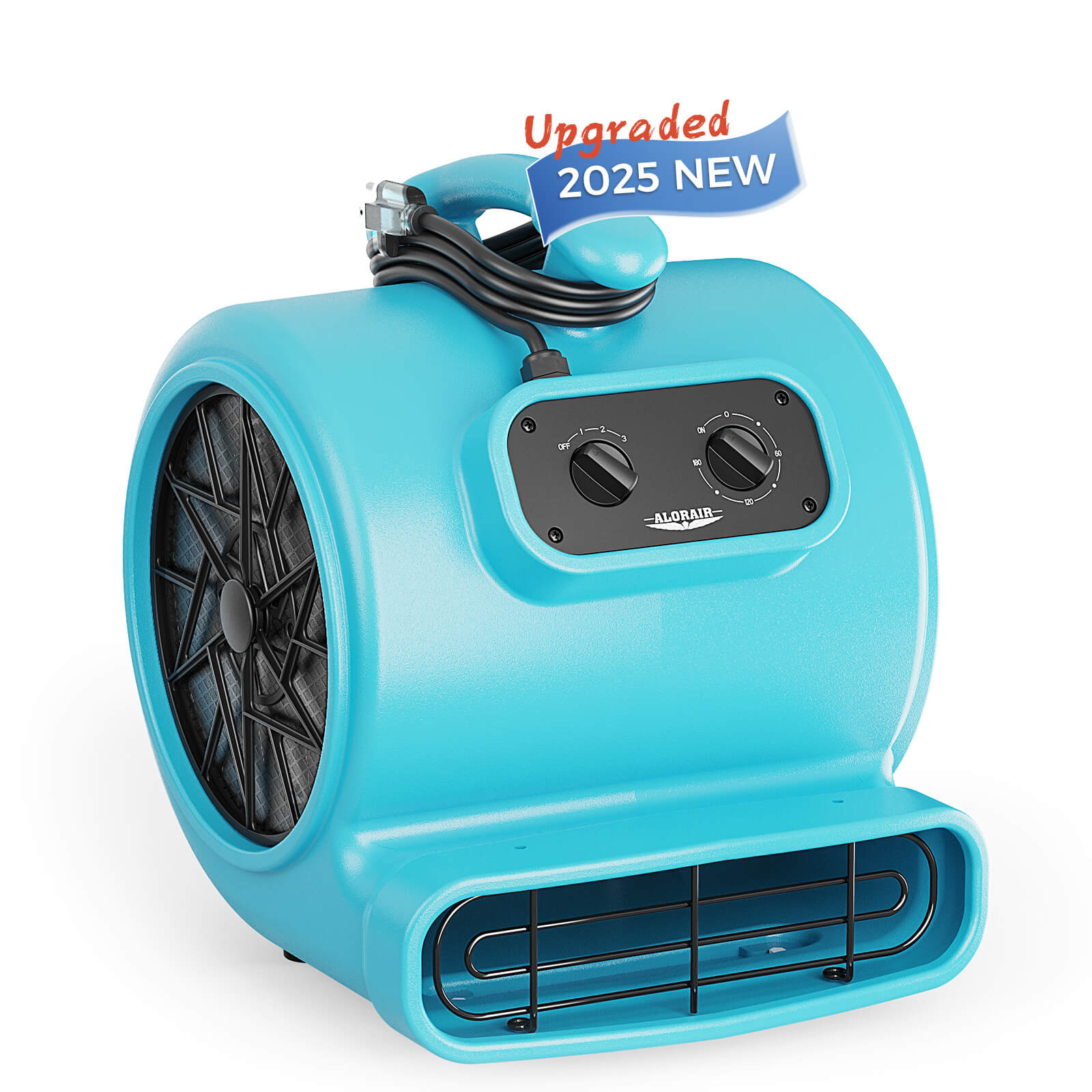
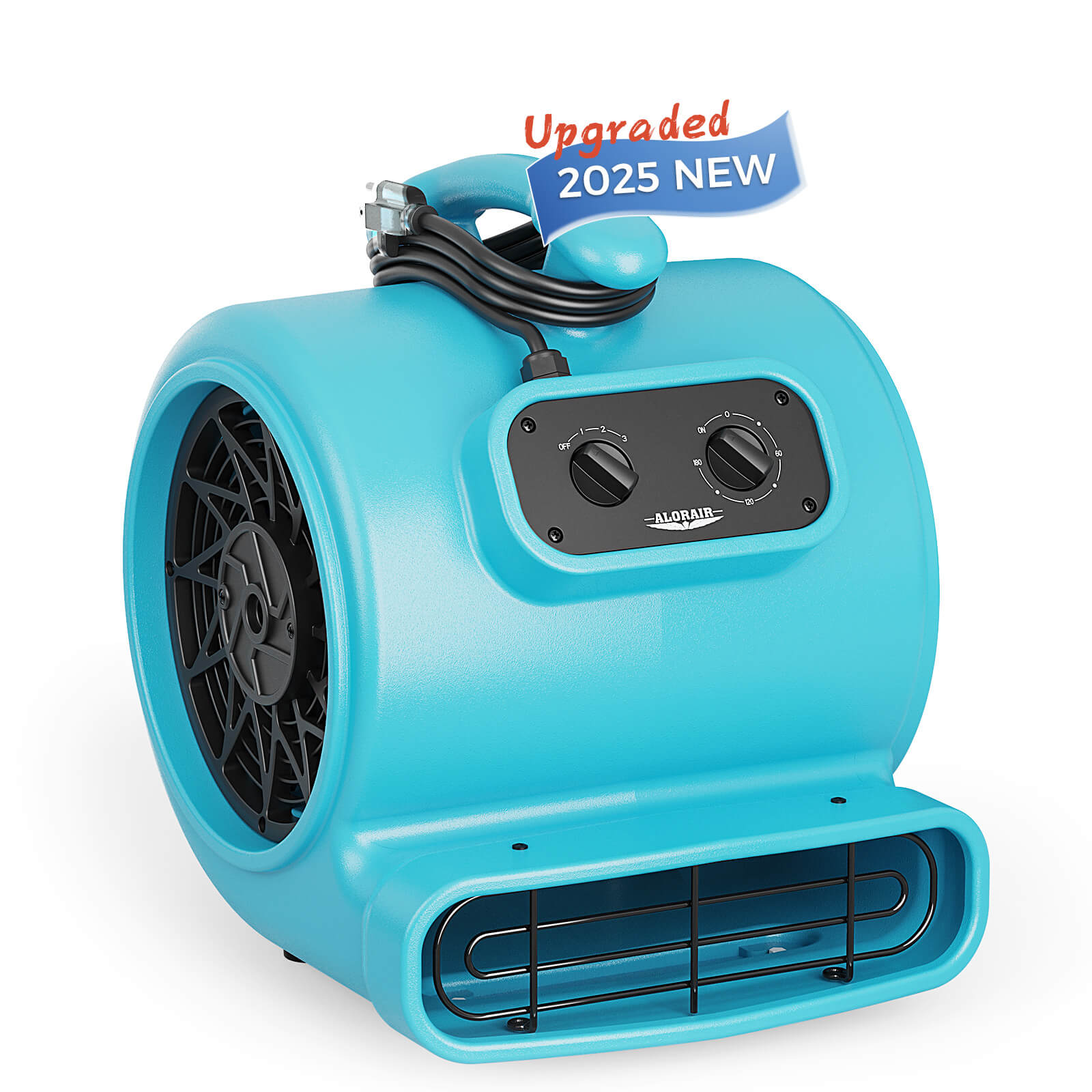
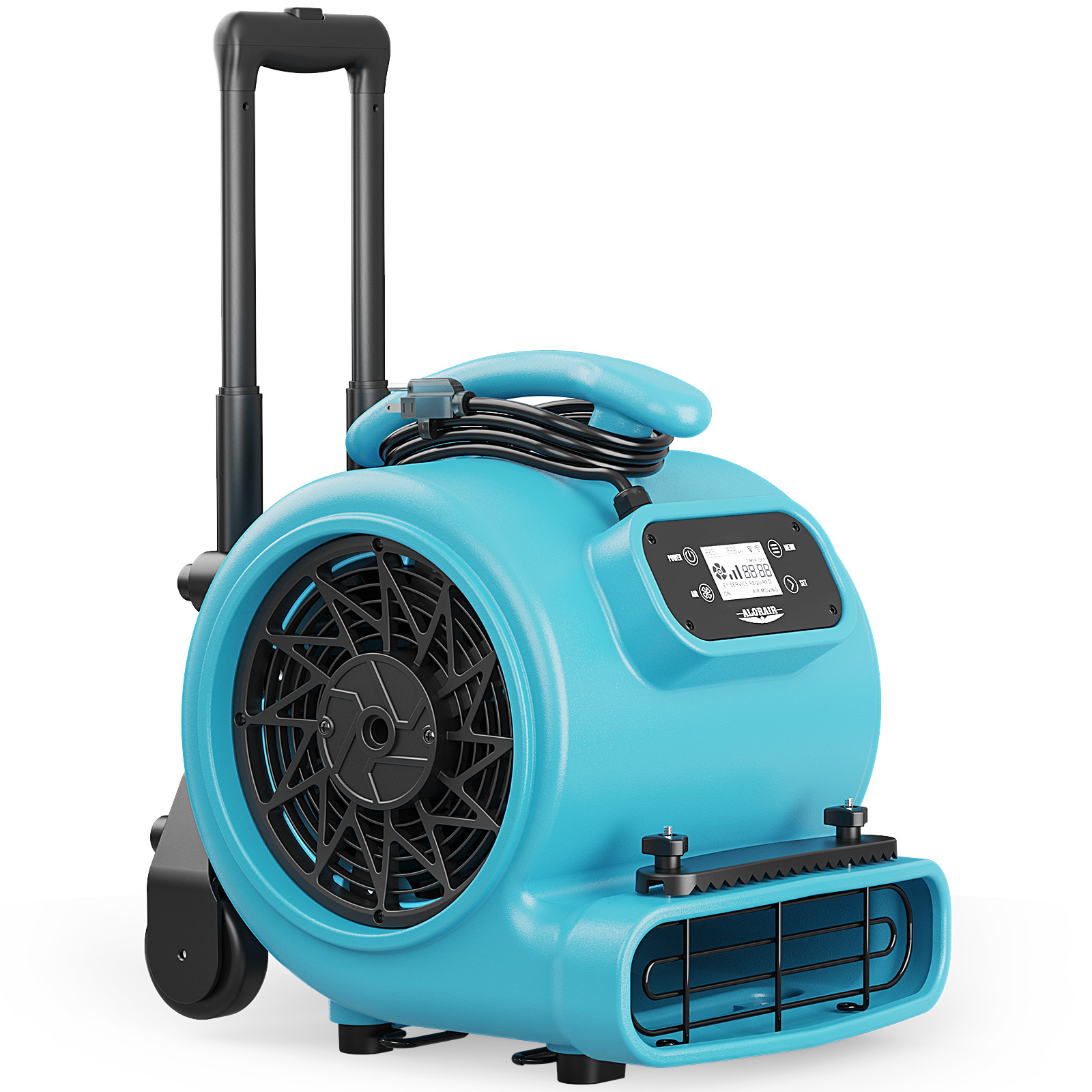
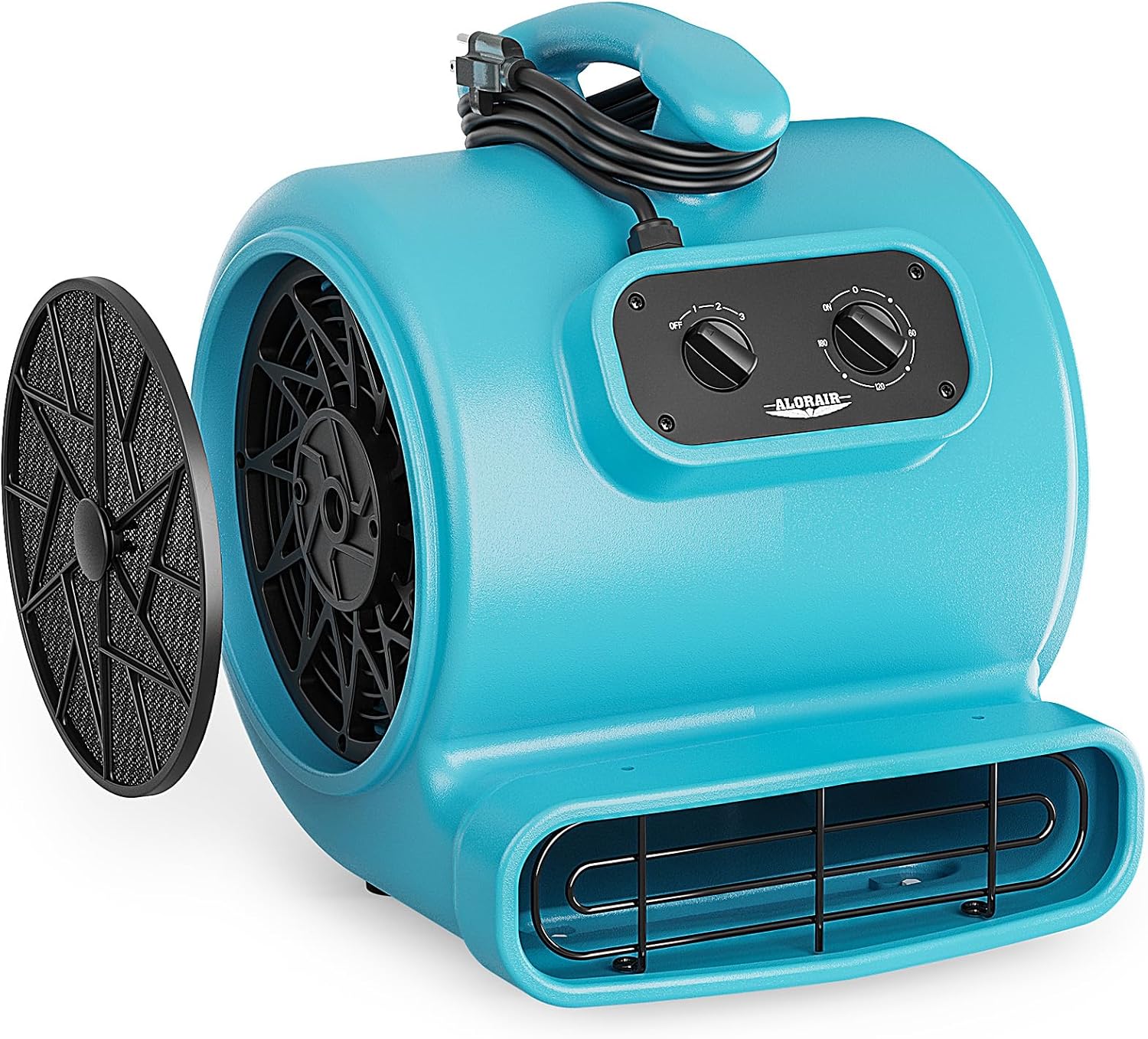
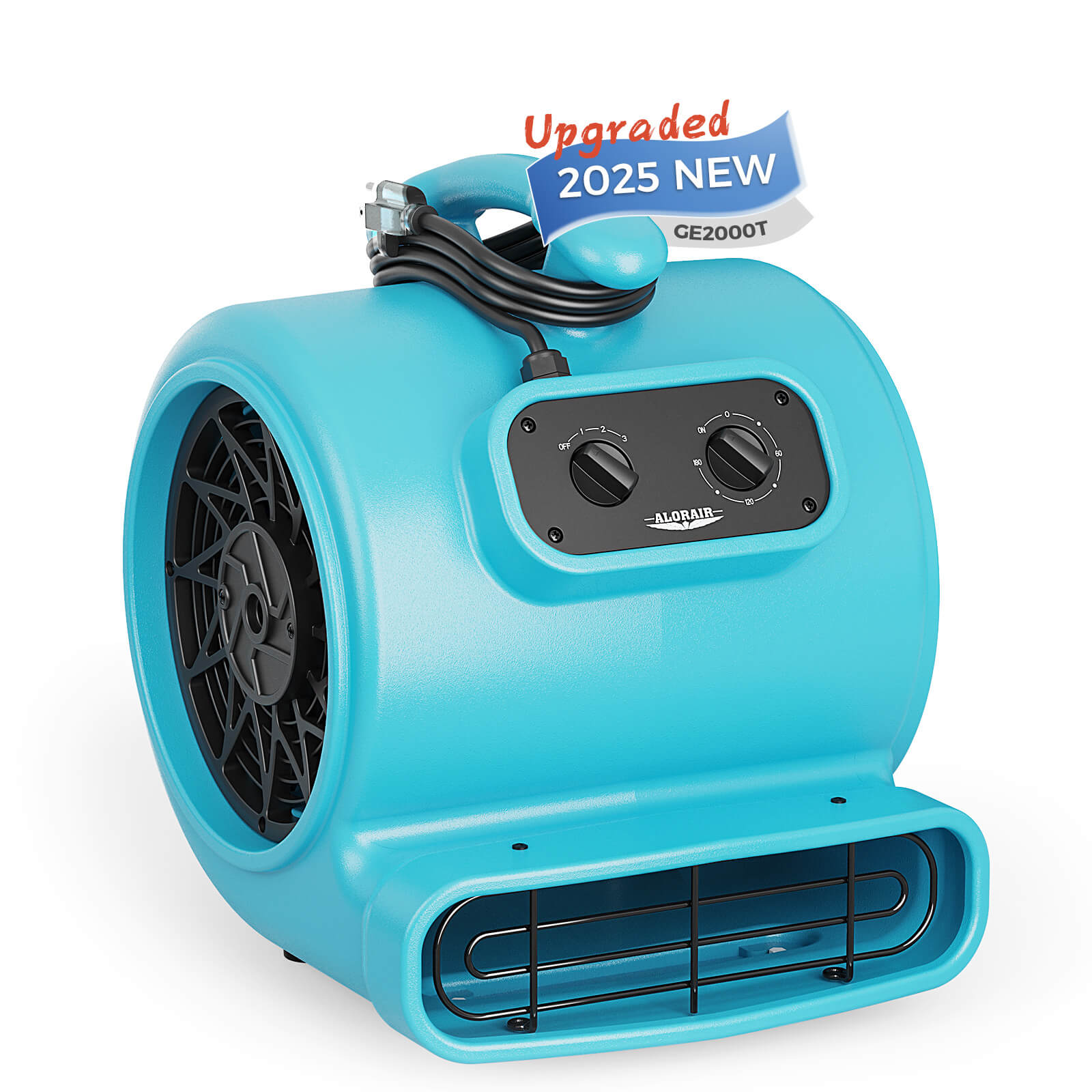
.jpg)
.jpg)
.jpg)
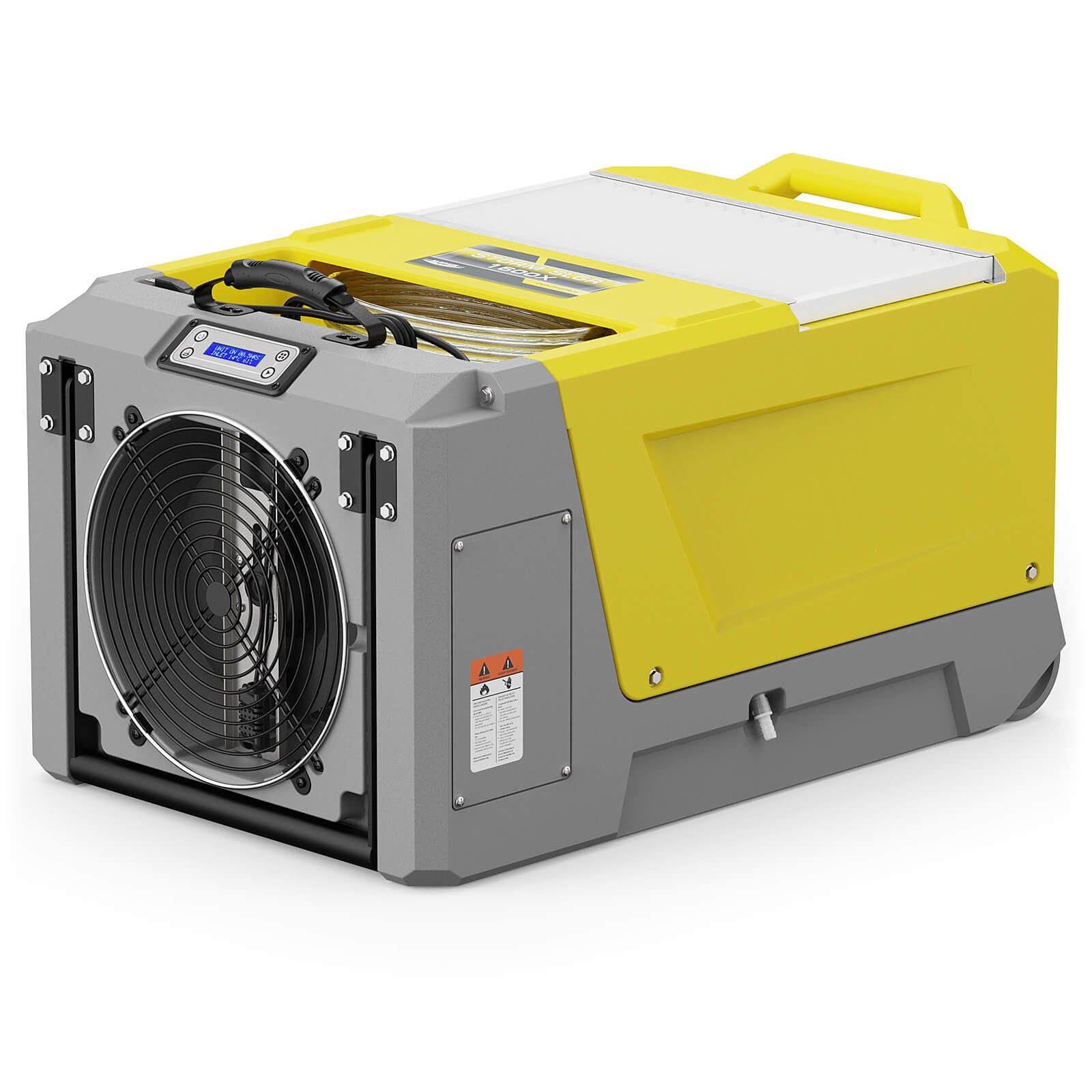
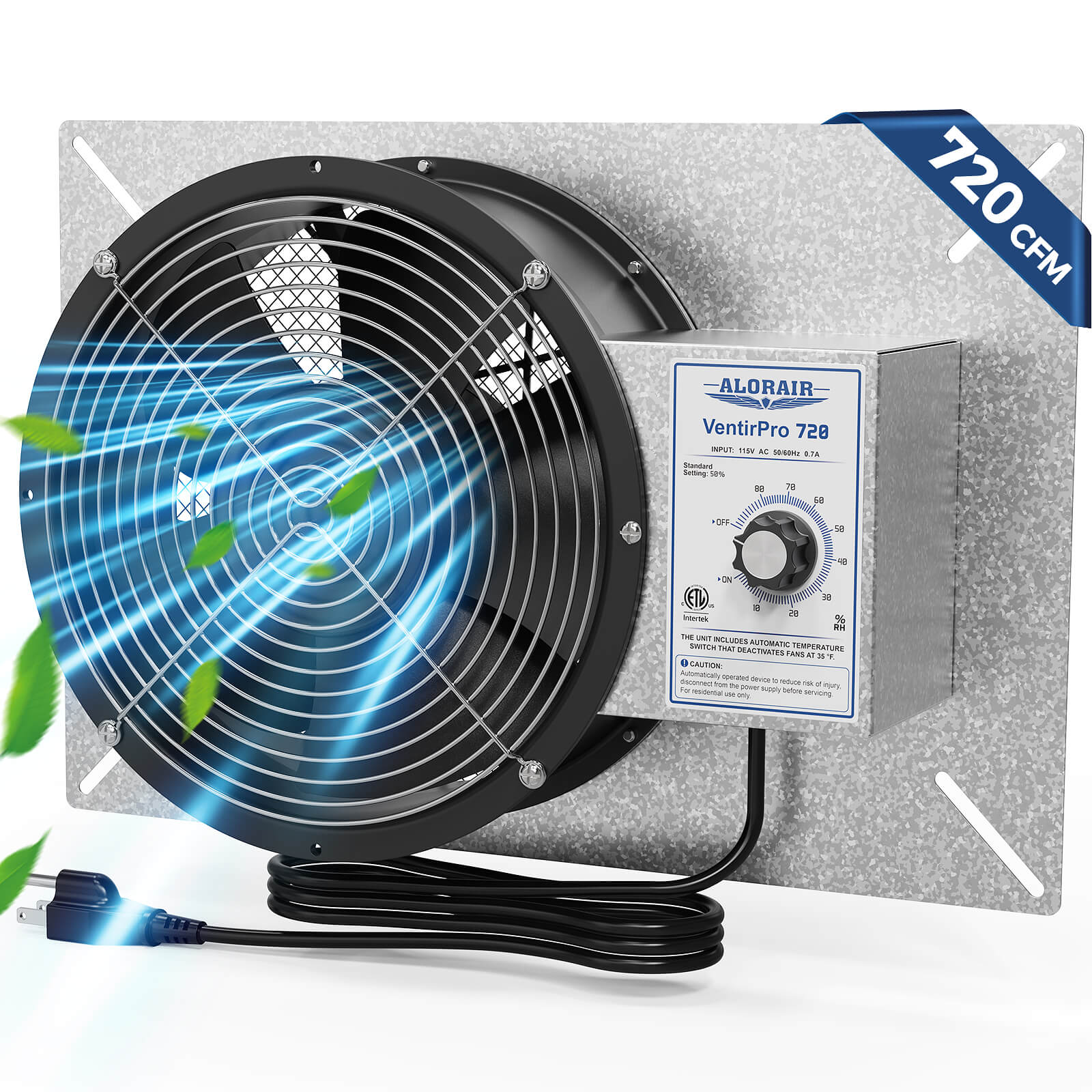
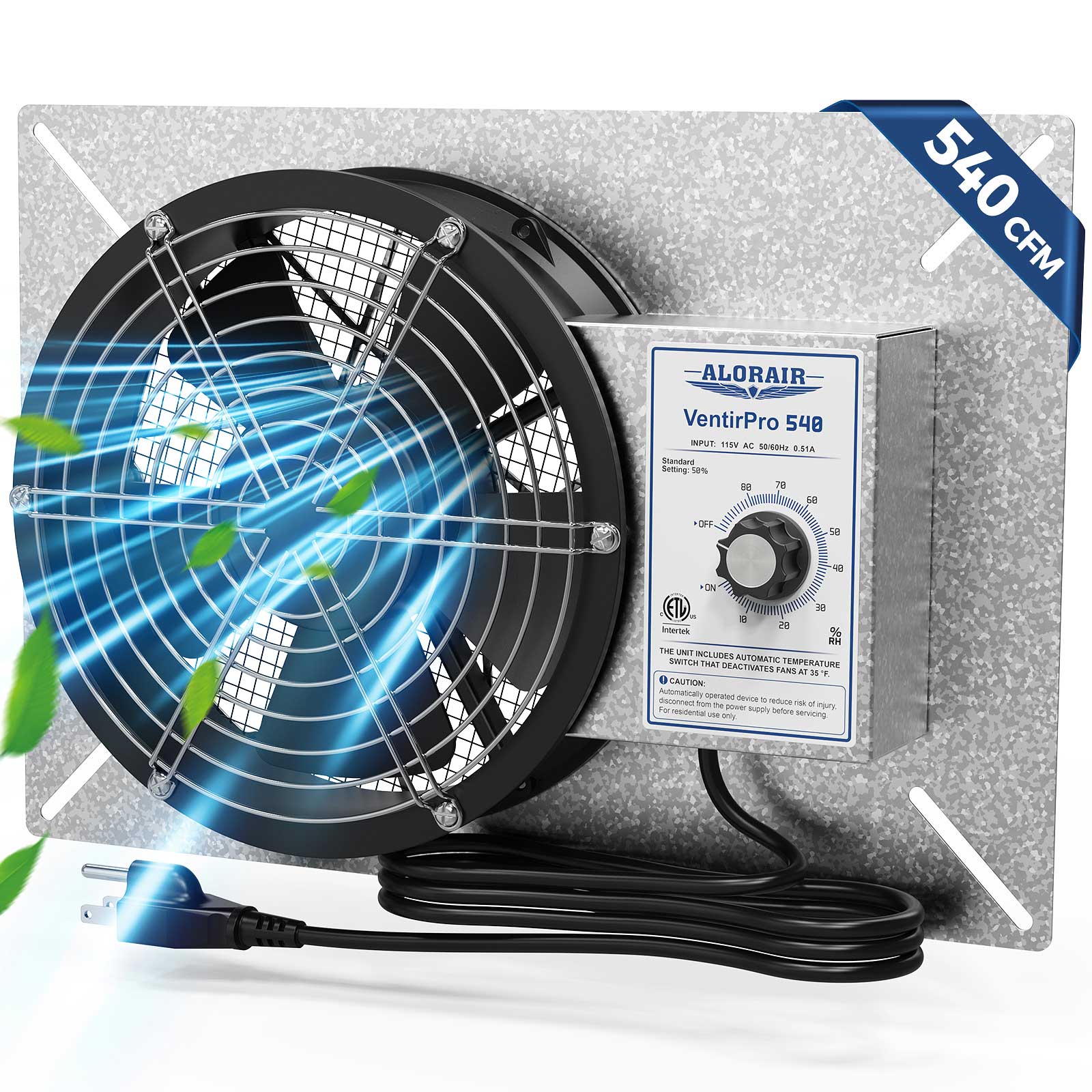
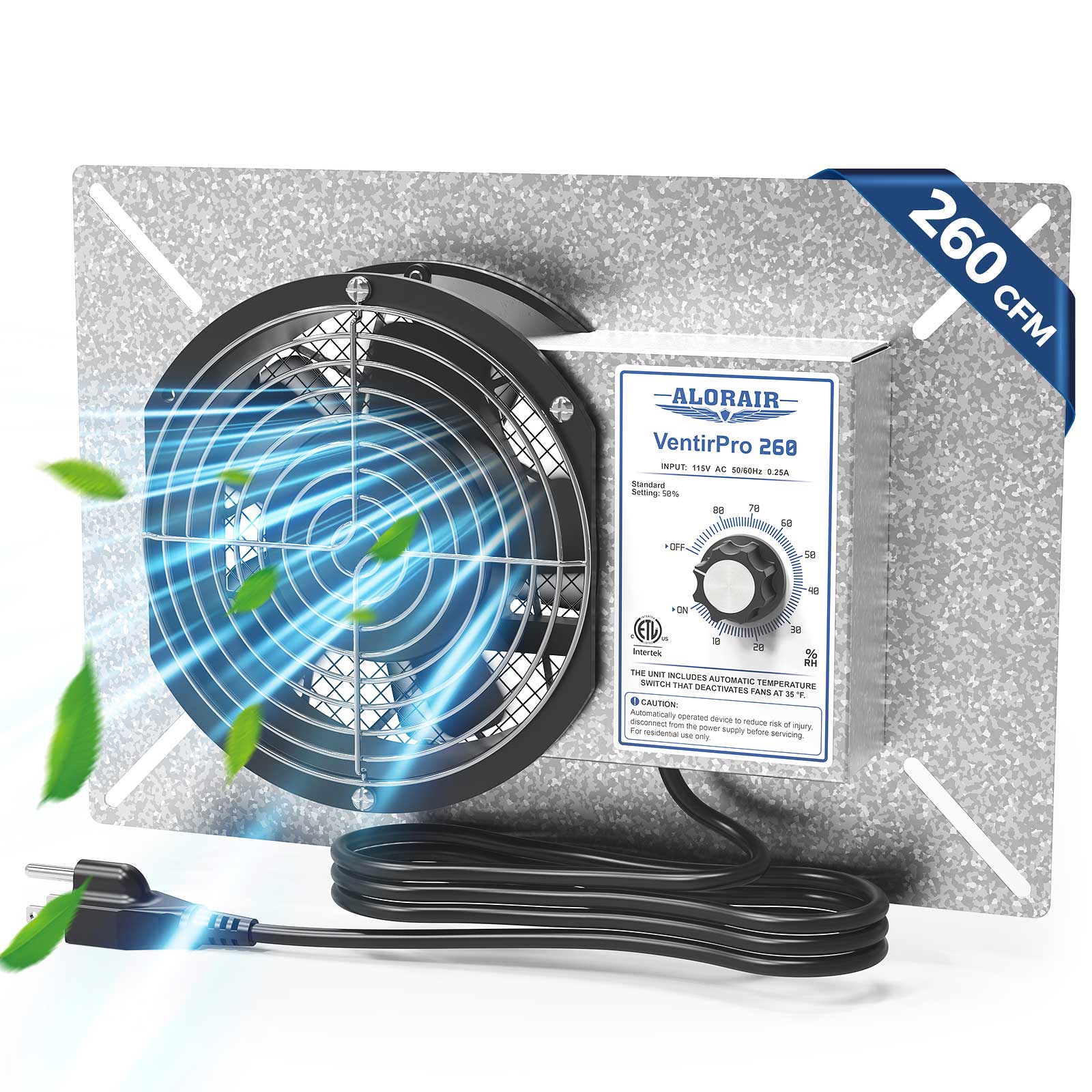
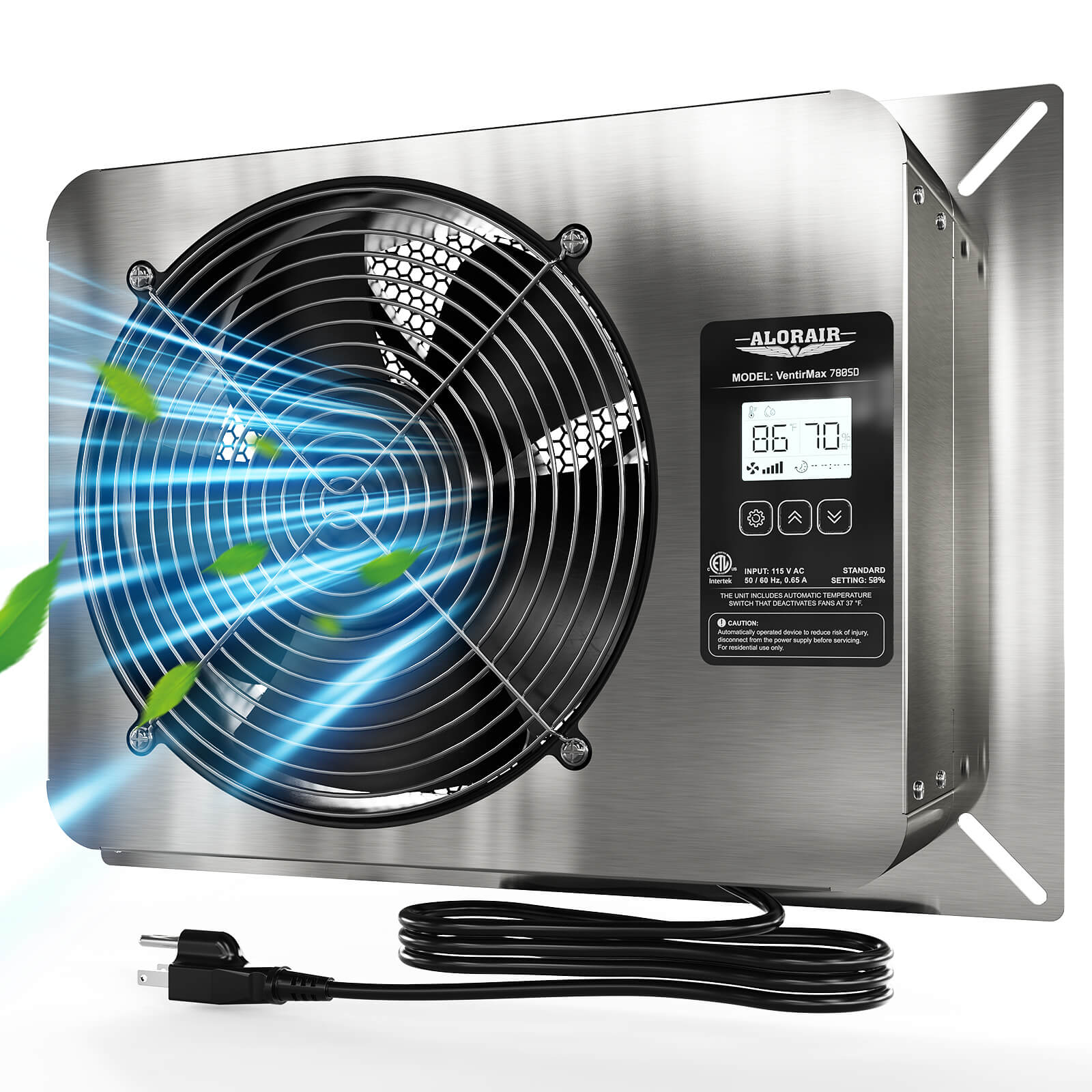
.jpg)
.jpg)
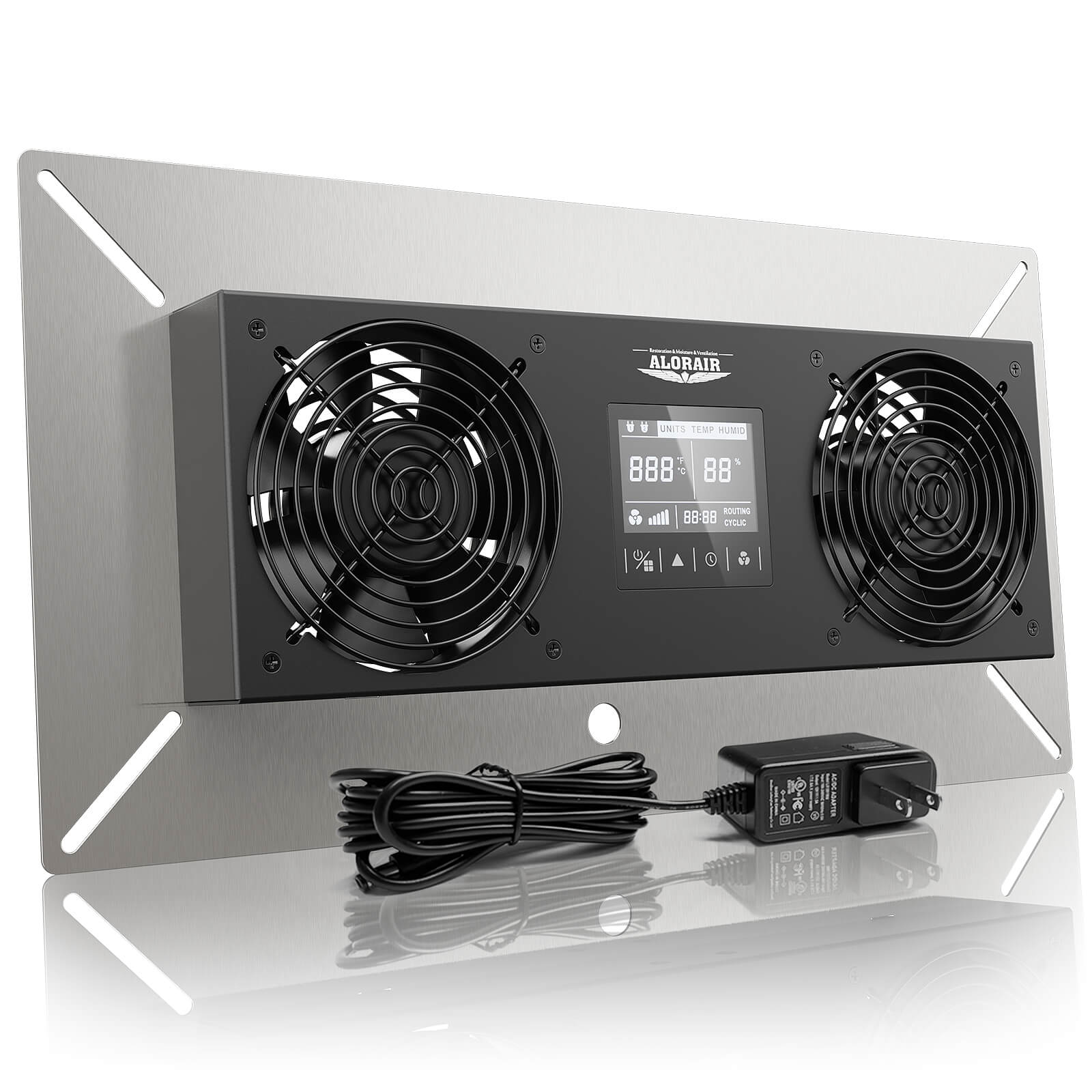
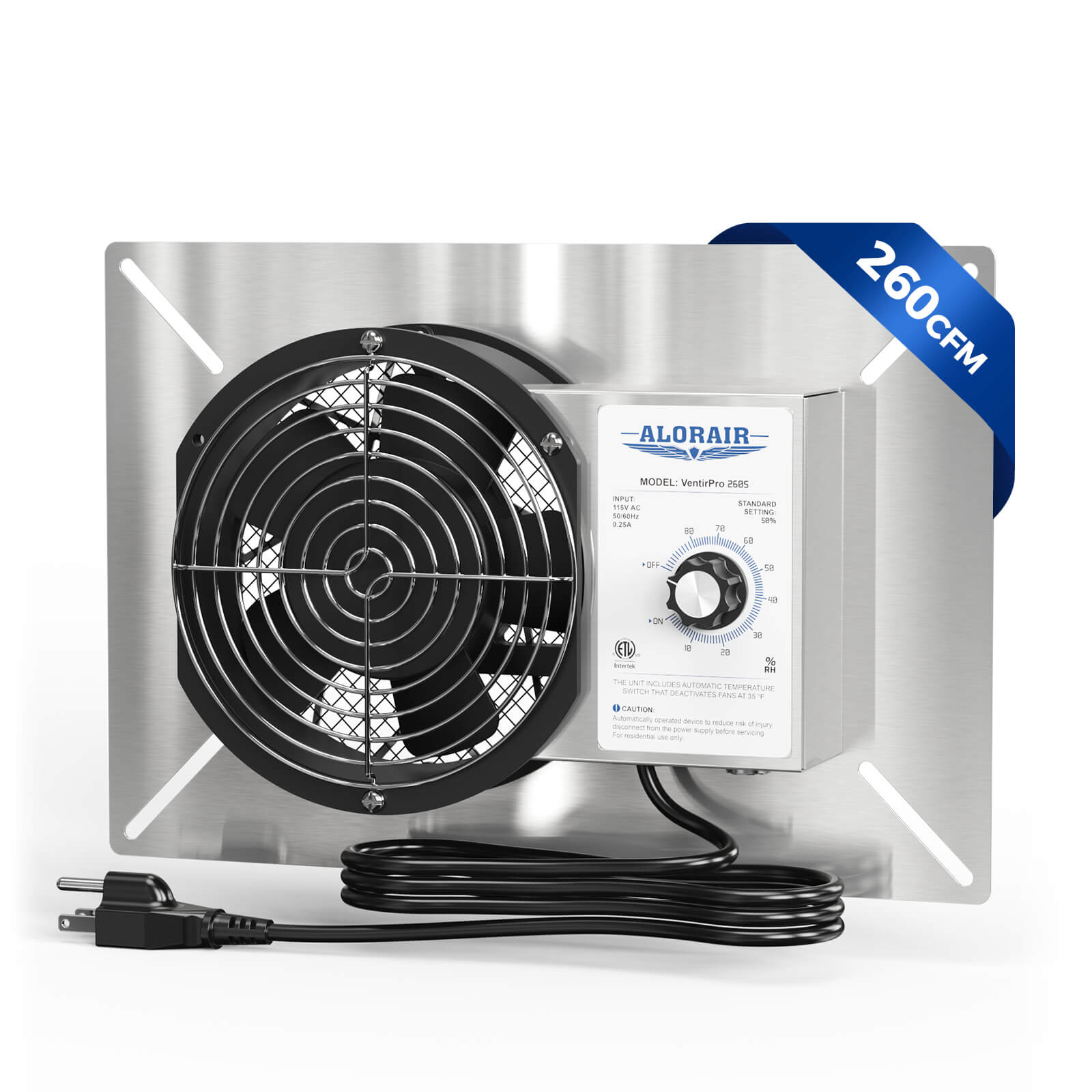
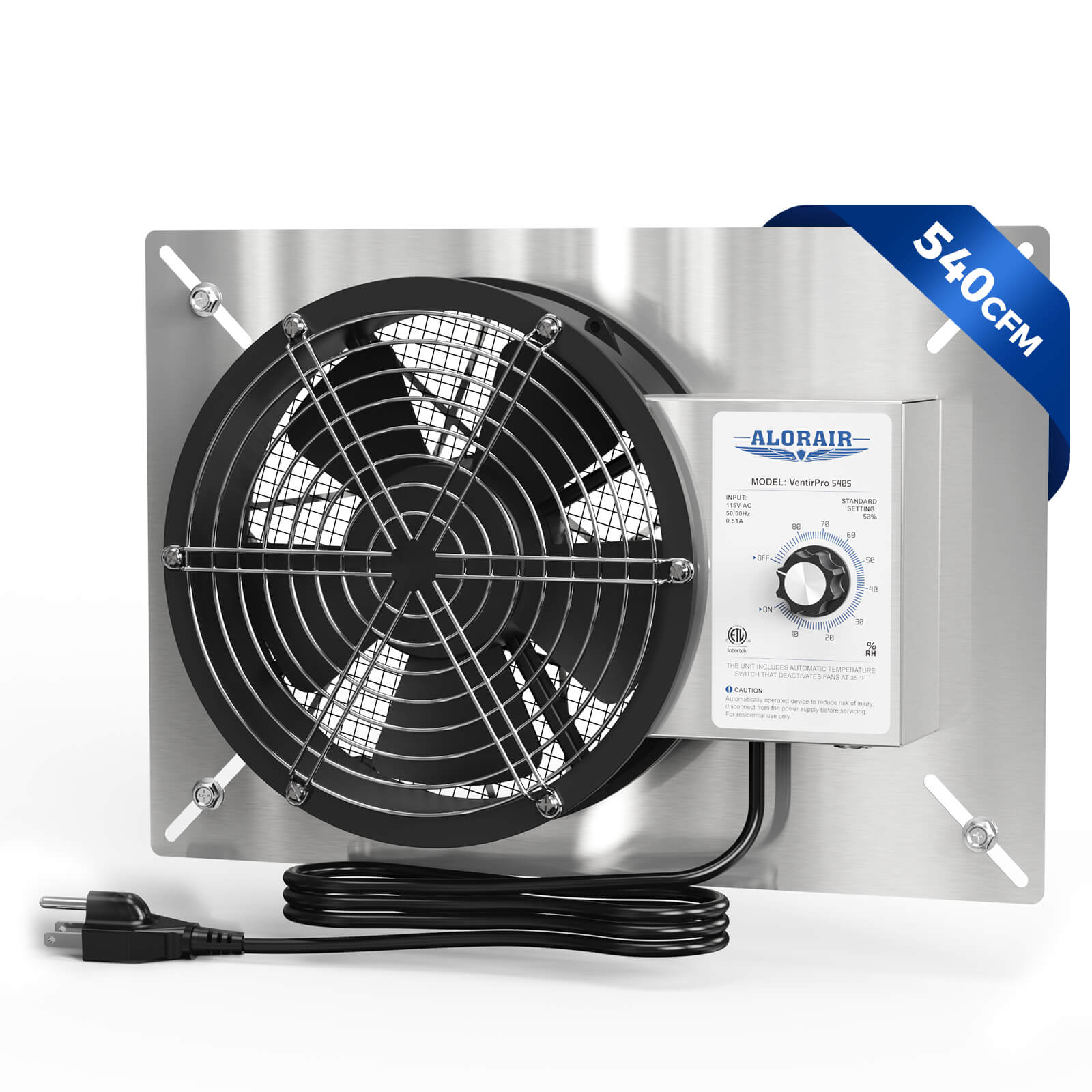
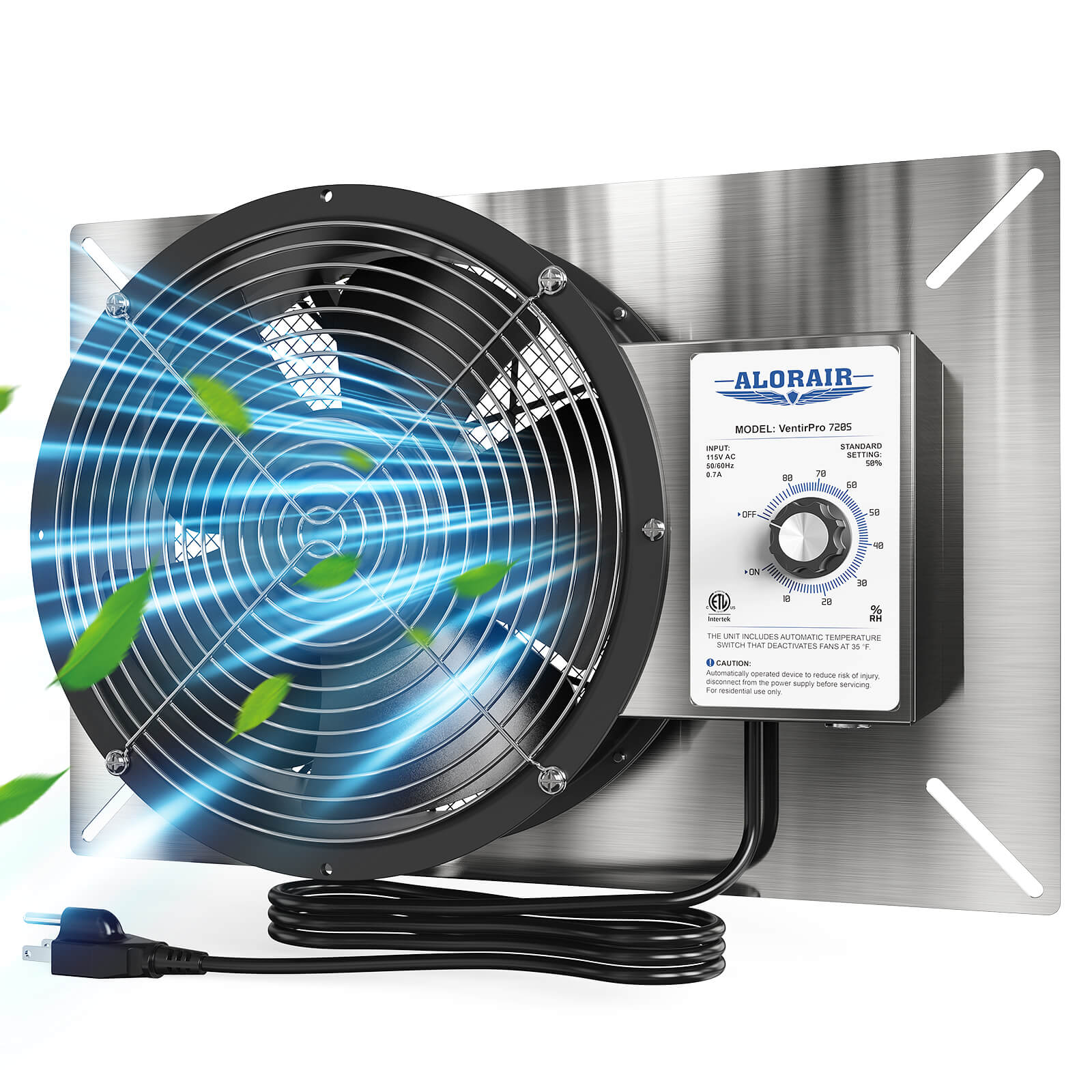
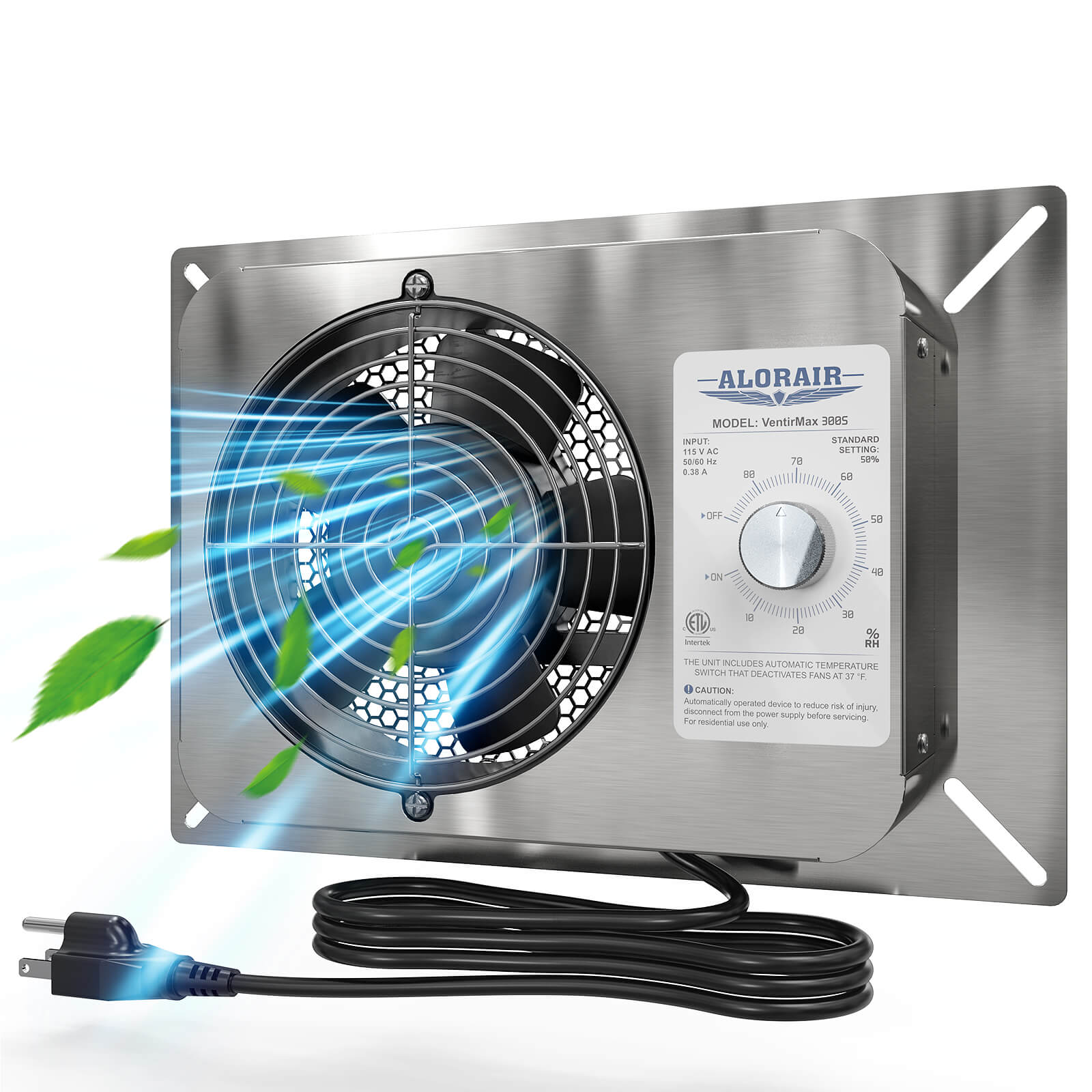
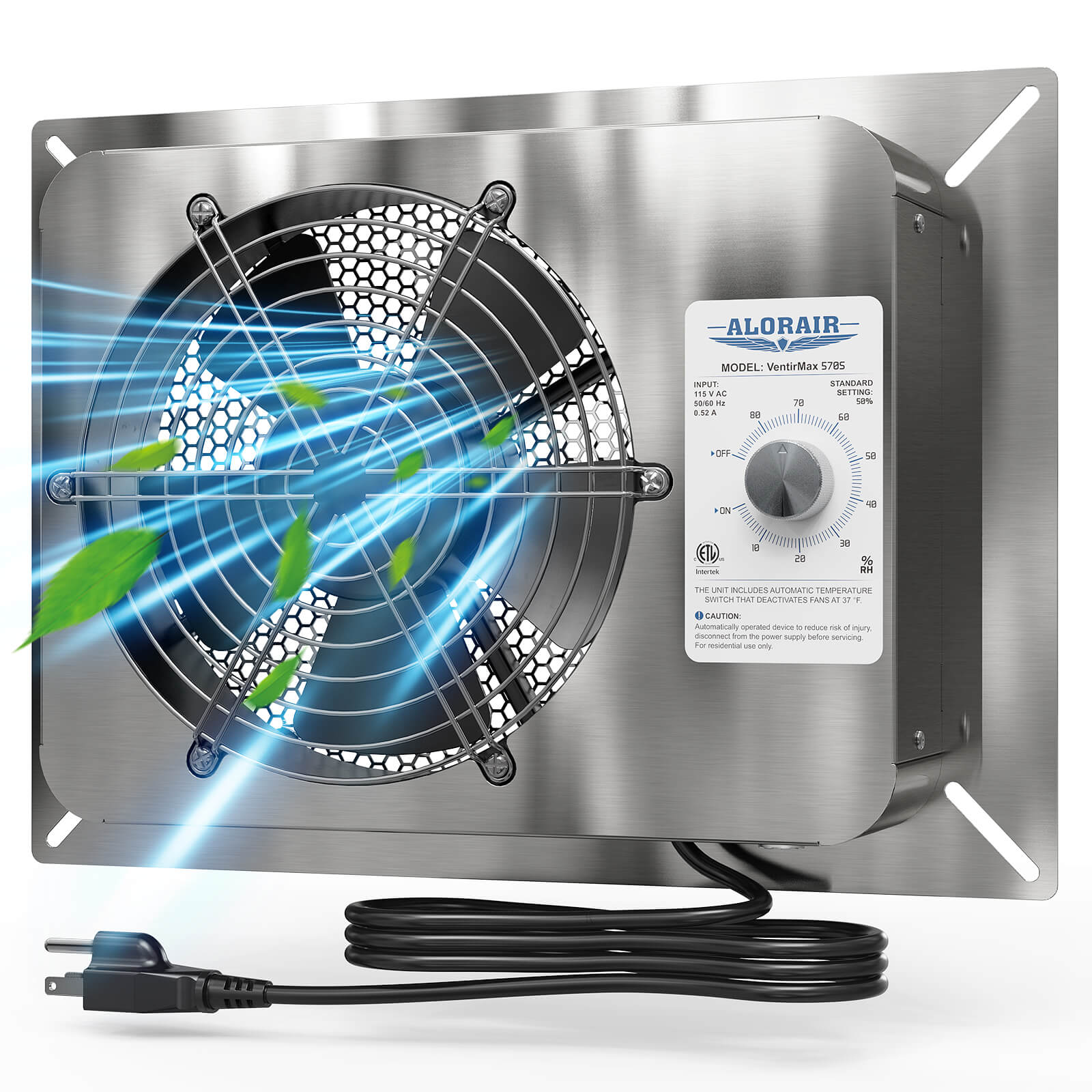
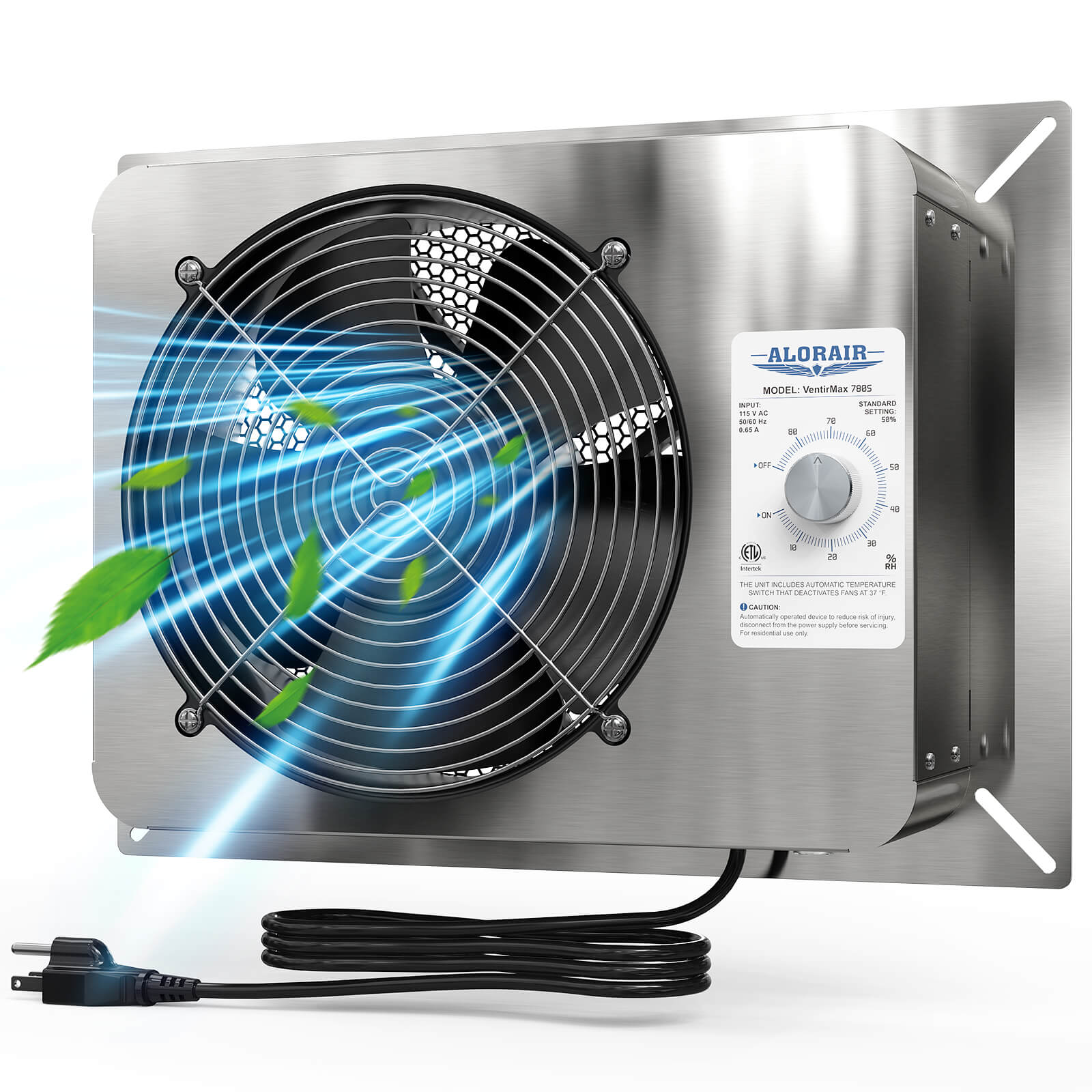
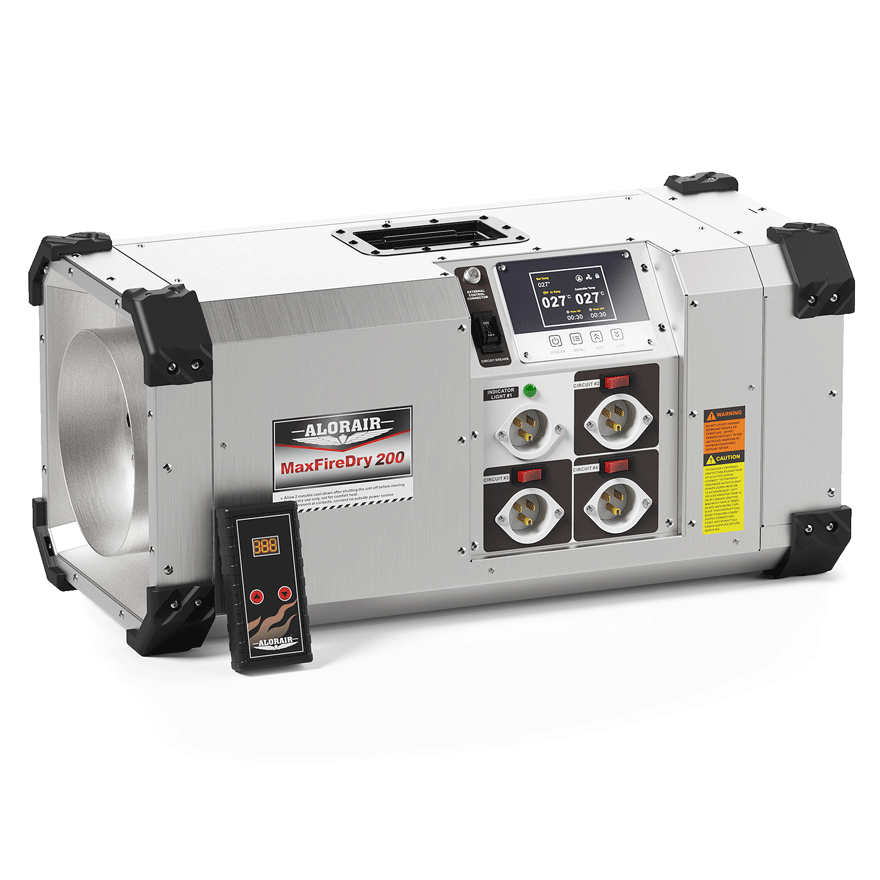





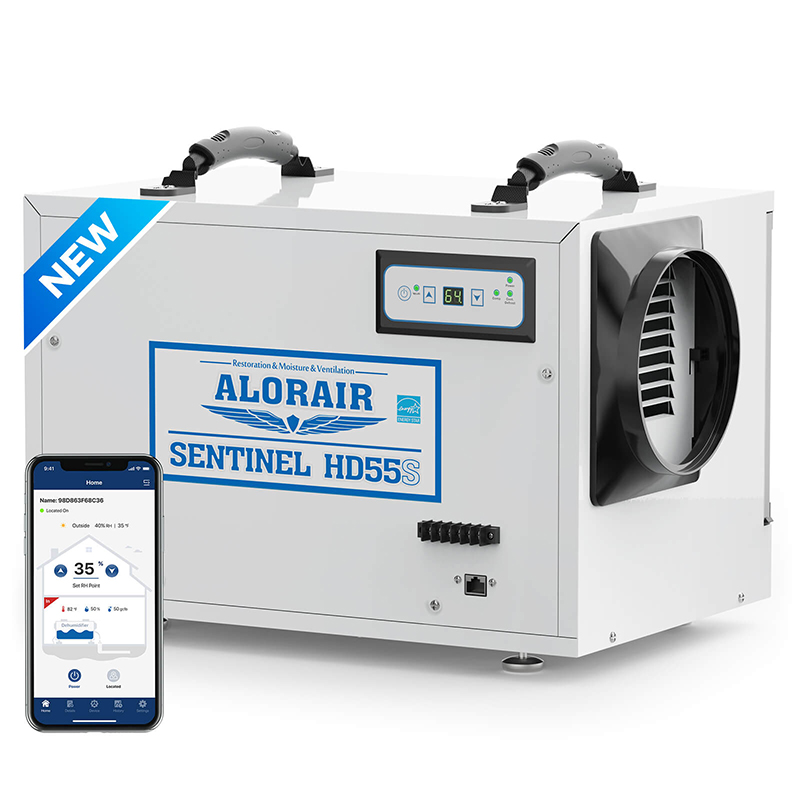
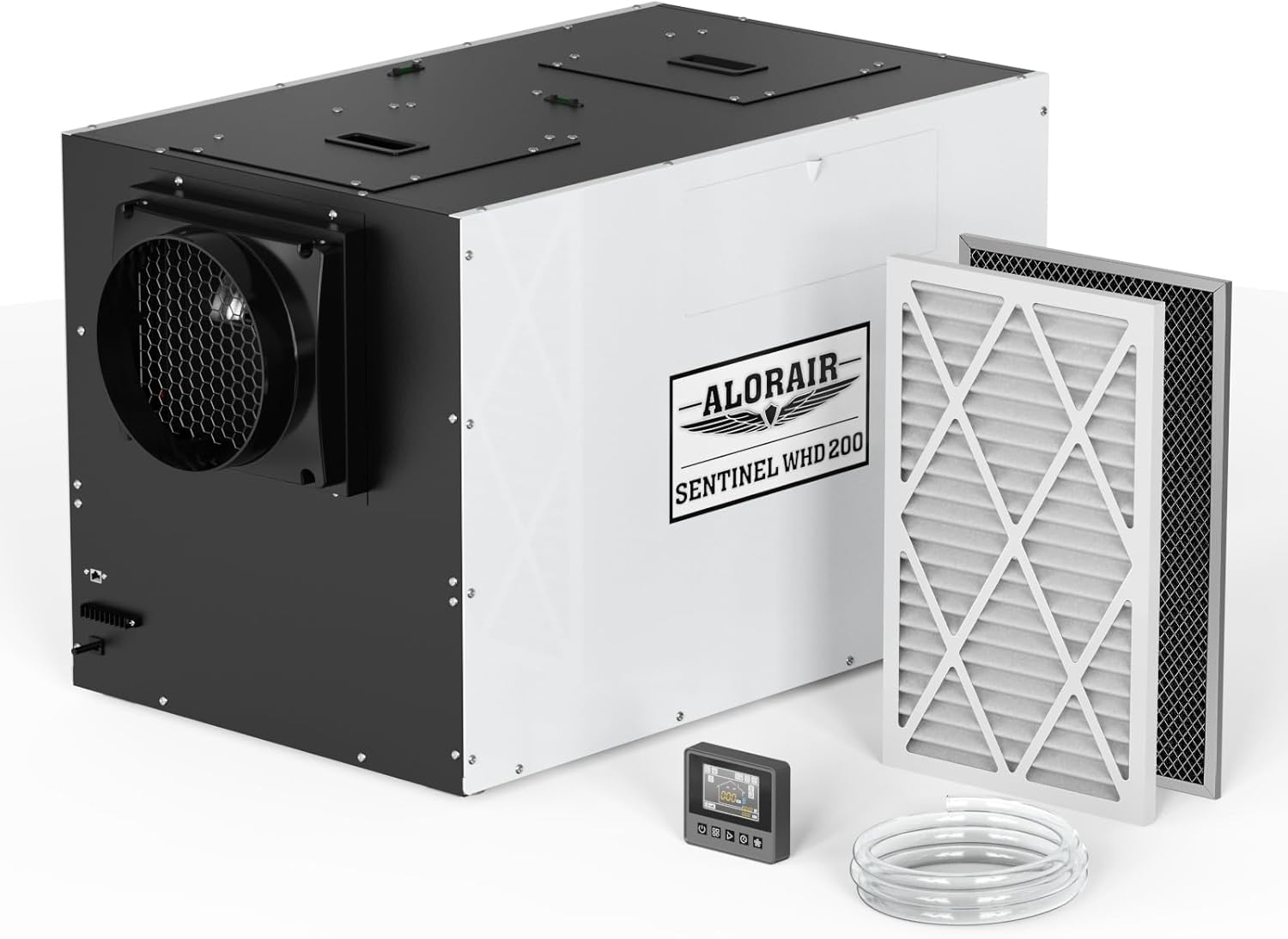
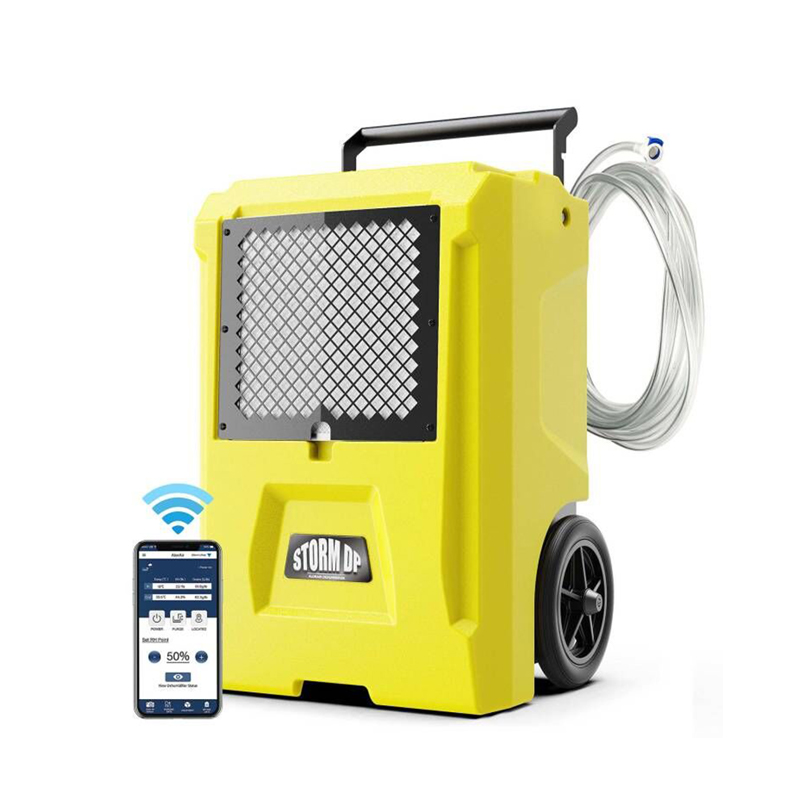
-.jpg)
.jpg)
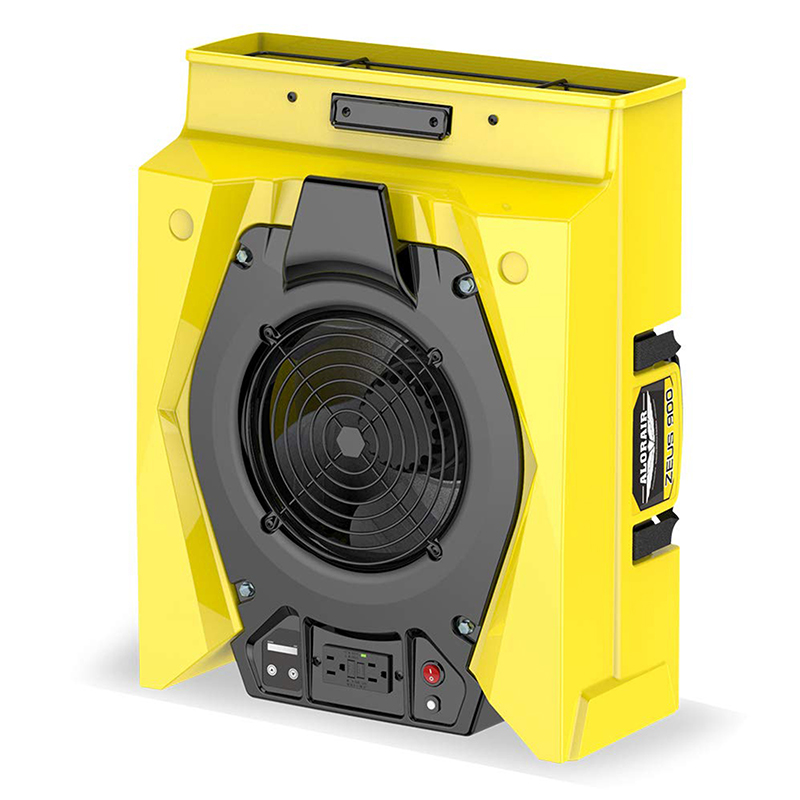
.jpg)
.jpg)
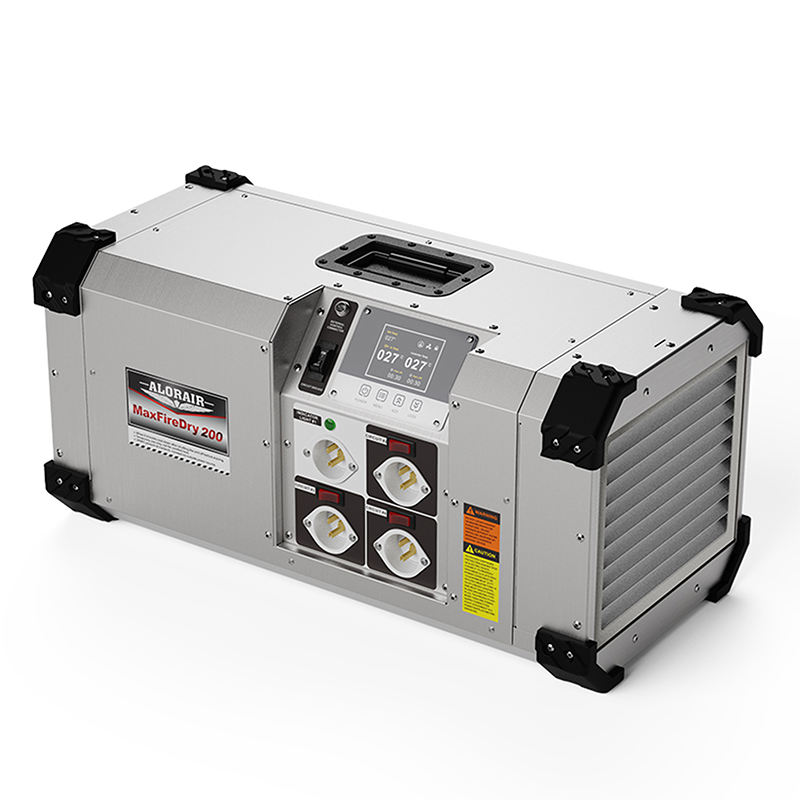
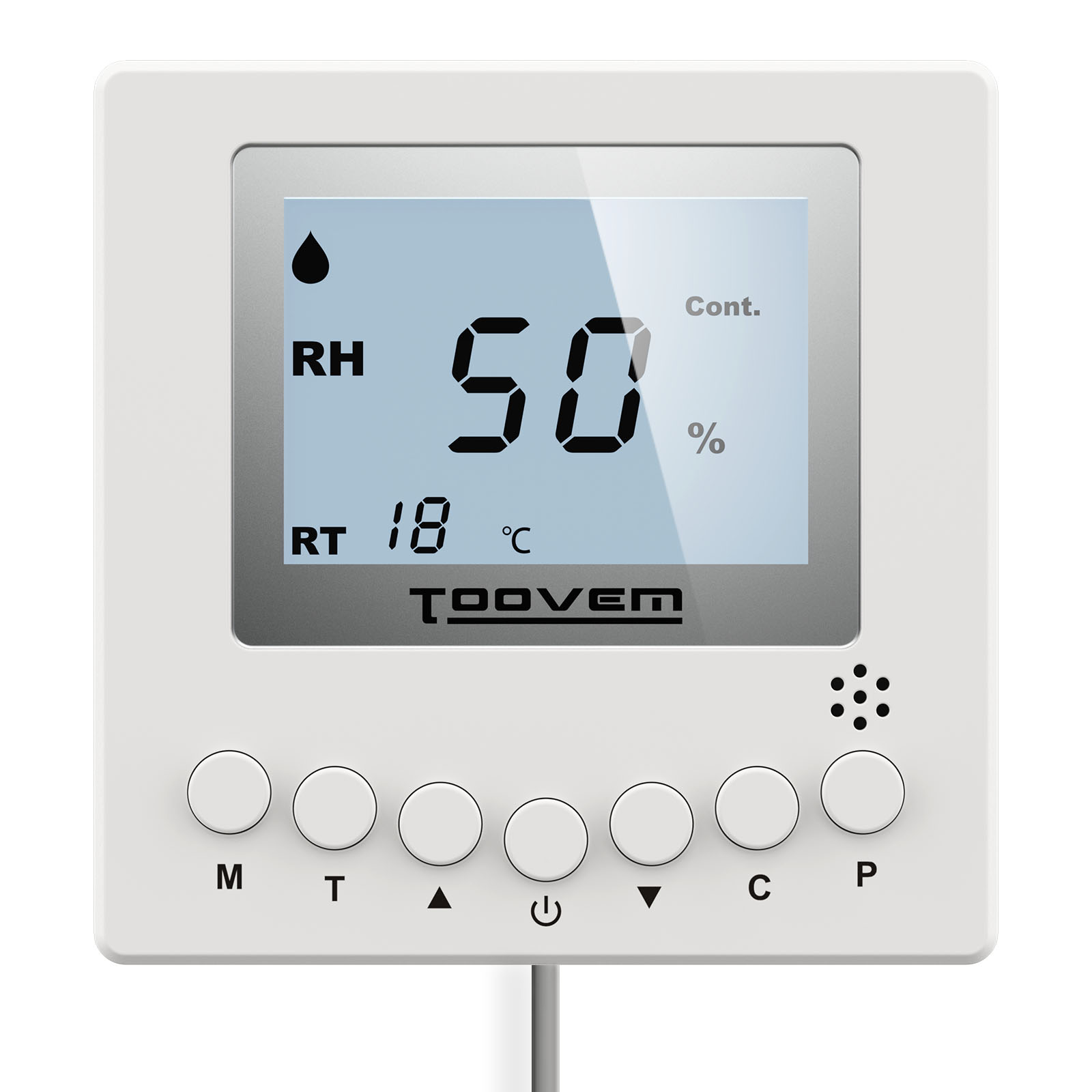

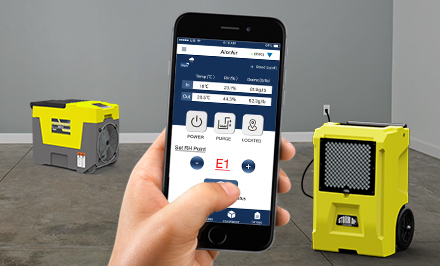























 Exclusive offers
promotions
Exclusive offers
promotions

